
In the world of personal grooming, one question that often comes up is whether it's healthier to have no pubic hair. At Zomchi, we believe in empowering you with the right information to make informed decisions about your body. Let's delve into the facts about pubic hair and its role in your health.
The Natural Purpose of Pubic Hair
Pubic hair serves several important functions. Much like the hair around your ears, nose, and eyes, pubic hair acts as a protective barrier. It helps keep the skin of your vulva warm and moisturized, reduces friction during sexual activity, and prevents dust, dirt, and germs from entering the vaginal area, thereby reducing the risk of infection. Researchers even suggest that pubic hair might play a role in sexual attraction and pleasure.
Moreover, the vagina is a self-cleaning organ. If you notice a little body odor, it's because your pubic hair is doing its job of trapping sweat, oil, and bacteria. To care for your pubic area, regular rinsing with water is usually sufficient.
Societal Expectations vs. Personal Choice
Despite its natural and protective functions, many people feel pressured to shave or wax their pubic hair due to societal expectations and beauty standards. These pressures often stem from long-standing ideas about gender, beauty, and purity. However, it's important to remember that pubic hair is not dirty or unclean, and there is no medical necessity to remove it. In fact, women in many cultures are far less likely to groom their pubic hair compared to the prevalent norms in American society.
Safe Grooming Practices
If you decide to groom your pubic hair for comfort or personal preference, it's essential to do so safely. Here are some options and tips:
Trimming
Trimming is the safest option as it shortens your pubic hair without cutting close to the skin, reducing the risk of injury or infection. You can use scissors or a trimming tool specifically designed for pubic hair.
Shaving
Shaving cuts hair close to the skin but can lead to rashes, ingrown hairs, and infections. If you choose to shave, use a new, clean razor each time and shave in the direction of hair growth to minimize irritation. For a smooth and irritation-free shave, consider using a high-quality safety razor like the Zomchi New Blue Safety Razor, which is designed for both men and women.
Waxing or Sugaring
These methods involve pulling hair out at the root with hot wax or a sugary paste, which can be painful and may cause irritation. Always go to a licensed professional and ensure they follow proper hygiene practices.
Laser Hair Removal
This method uses lasers to destroy hair follicles and requires several sessions with a licensed professional. It's generally safe but can be costly and is not permanent.
Depilatory Creams
These creams dissolve hair at the skin line but can be very irritating to the genital area. They are not recommended for pubic hair removal.
Additional Cautions
If you choose to groom your pubic hair yourself, take your time and use proper lubrication such as soap or shaving cream. Use a mirror for guidance to avoid injuries. Also, avoid shaving, waxing, or laser treatments within two weeks of planned gynecological surgery to prevent infection risks.
Embracing Natural Beauty
At Zomchi, we support your choices and provide products that cater to your grooming needs while promoting sustainability and care for the environment. Whether you choose to groom your pubic hair or let it grow naturally, it's entirely up to you. There is no need to apologize or feel embarrassed about your pubic hair.
If you're looking for safe grooming options, check out our range of eco-friendly products like the Zomchi New Blue Safety Razor. This razor offers a superior, irritation-free shaving experience and is designed to reduce plastic waste with stainless-steel refills instead of cartridge blades.
For more information, visit our product page here.
Embrace your natural beauty with confidence and make choices that best suit your personal preferences and health needs.

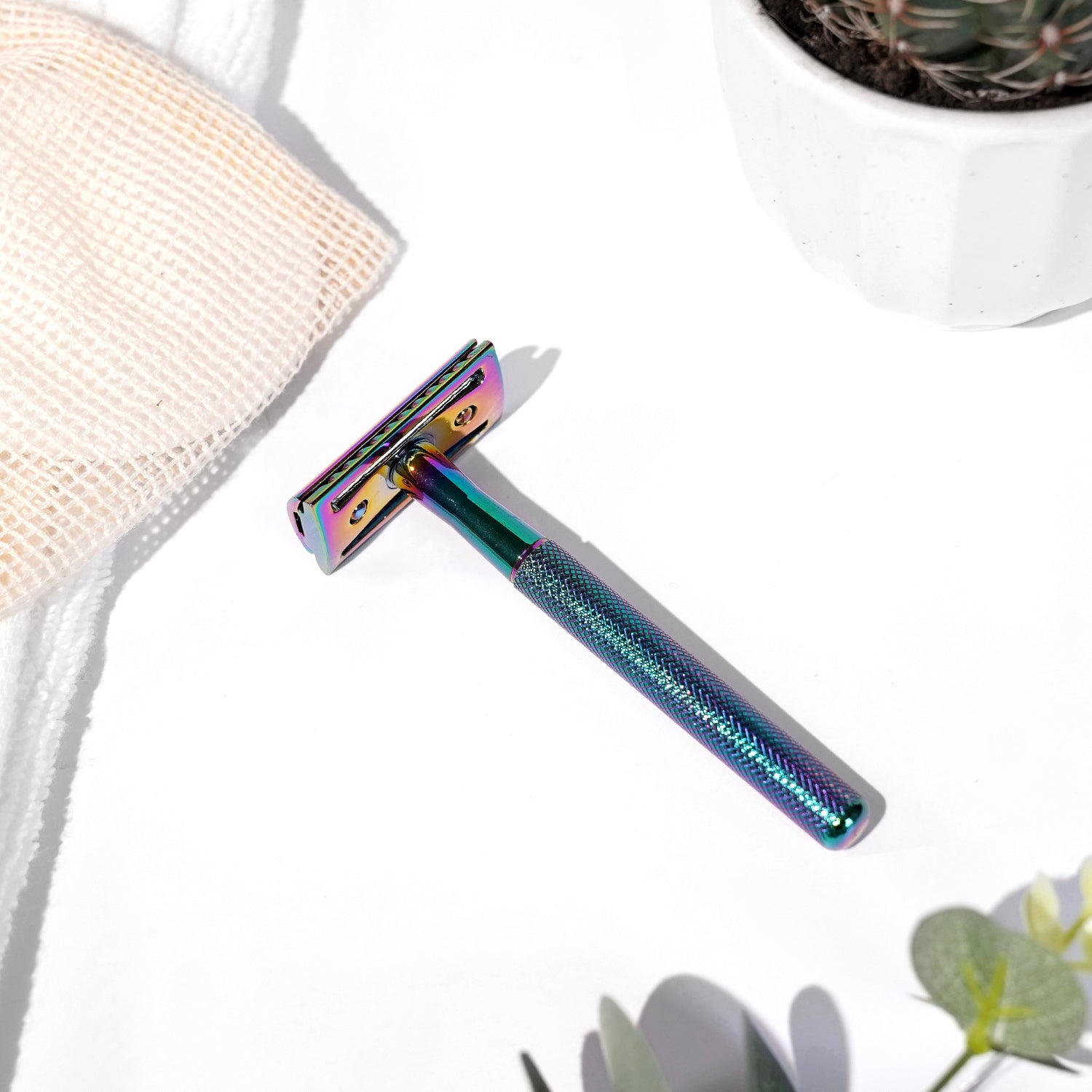
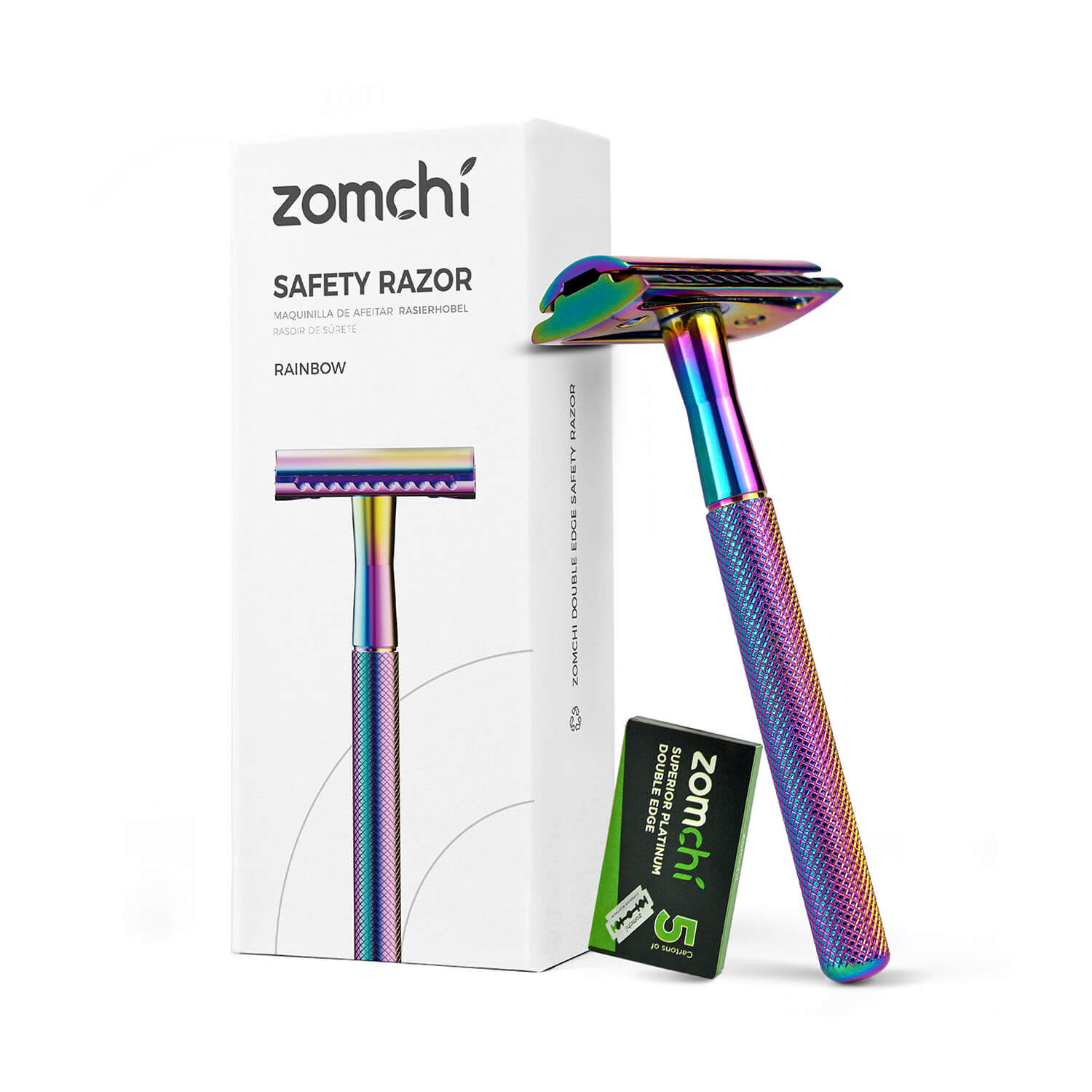
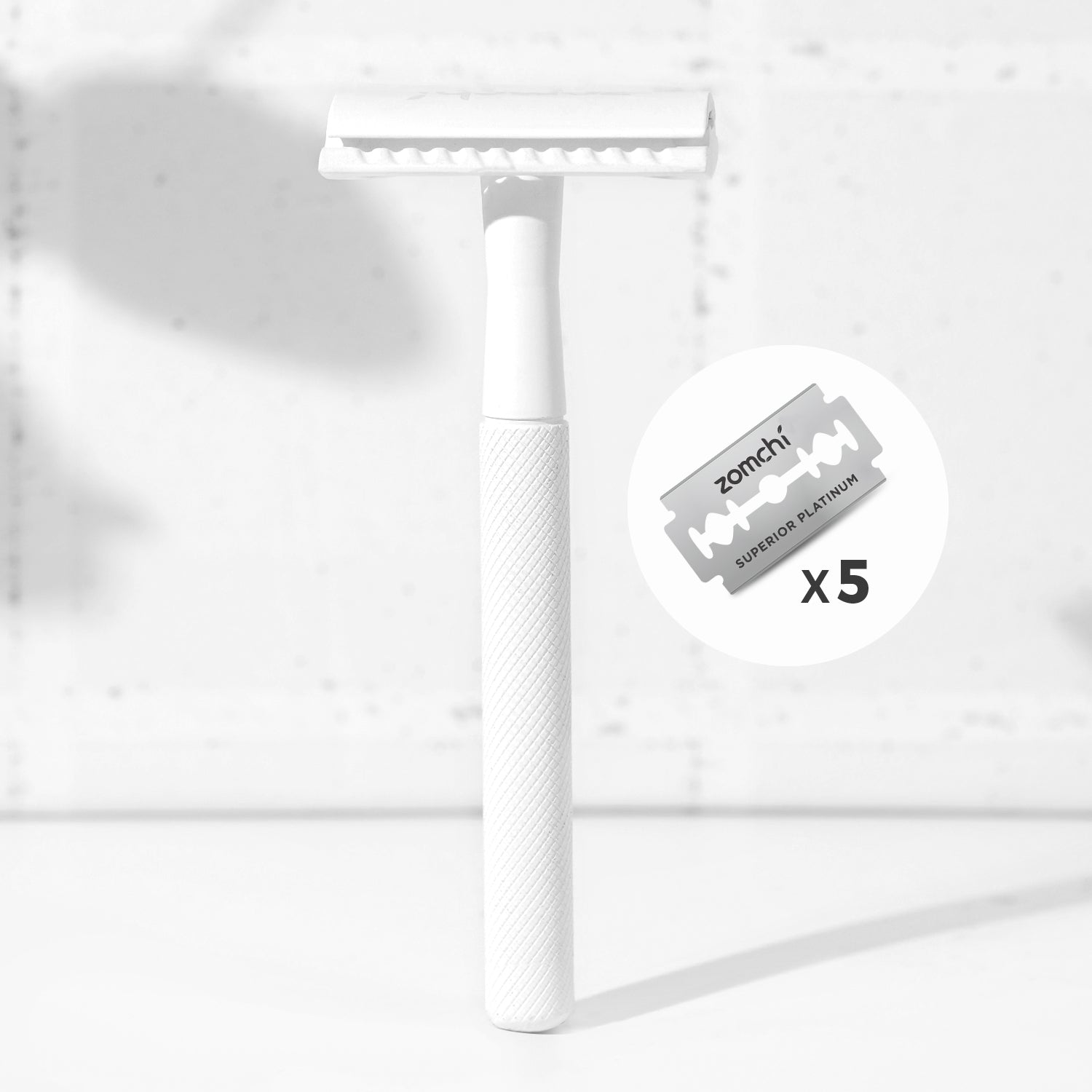
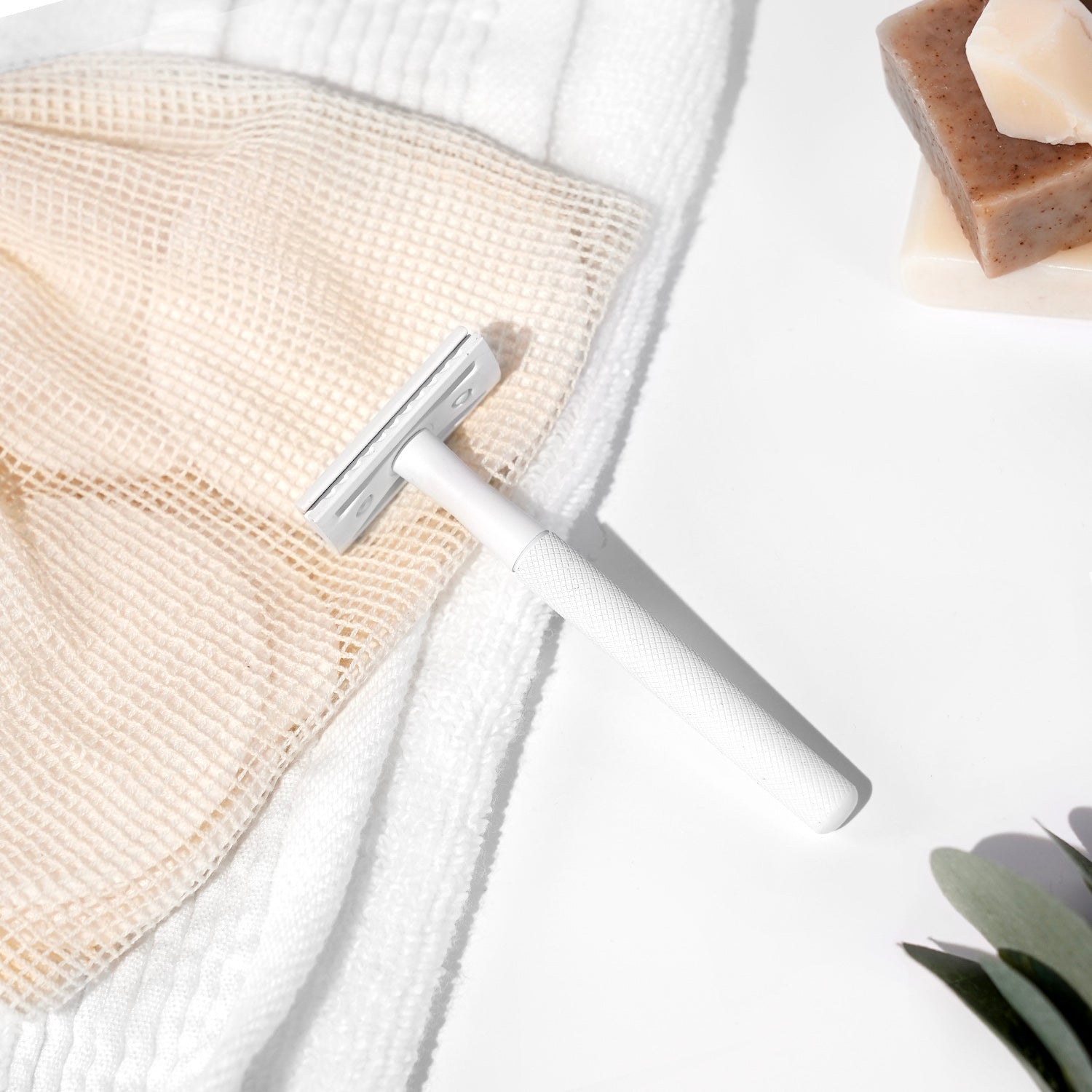
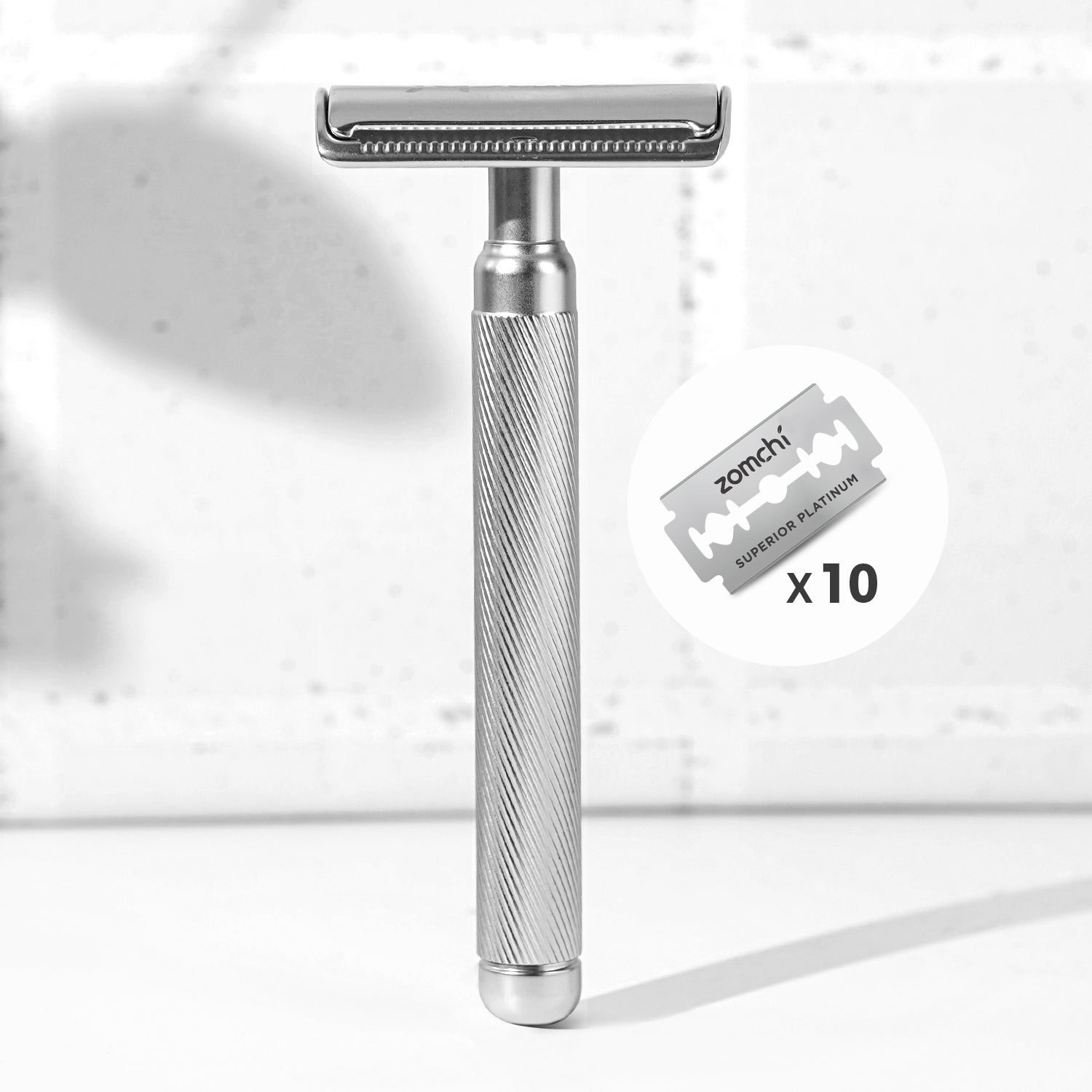
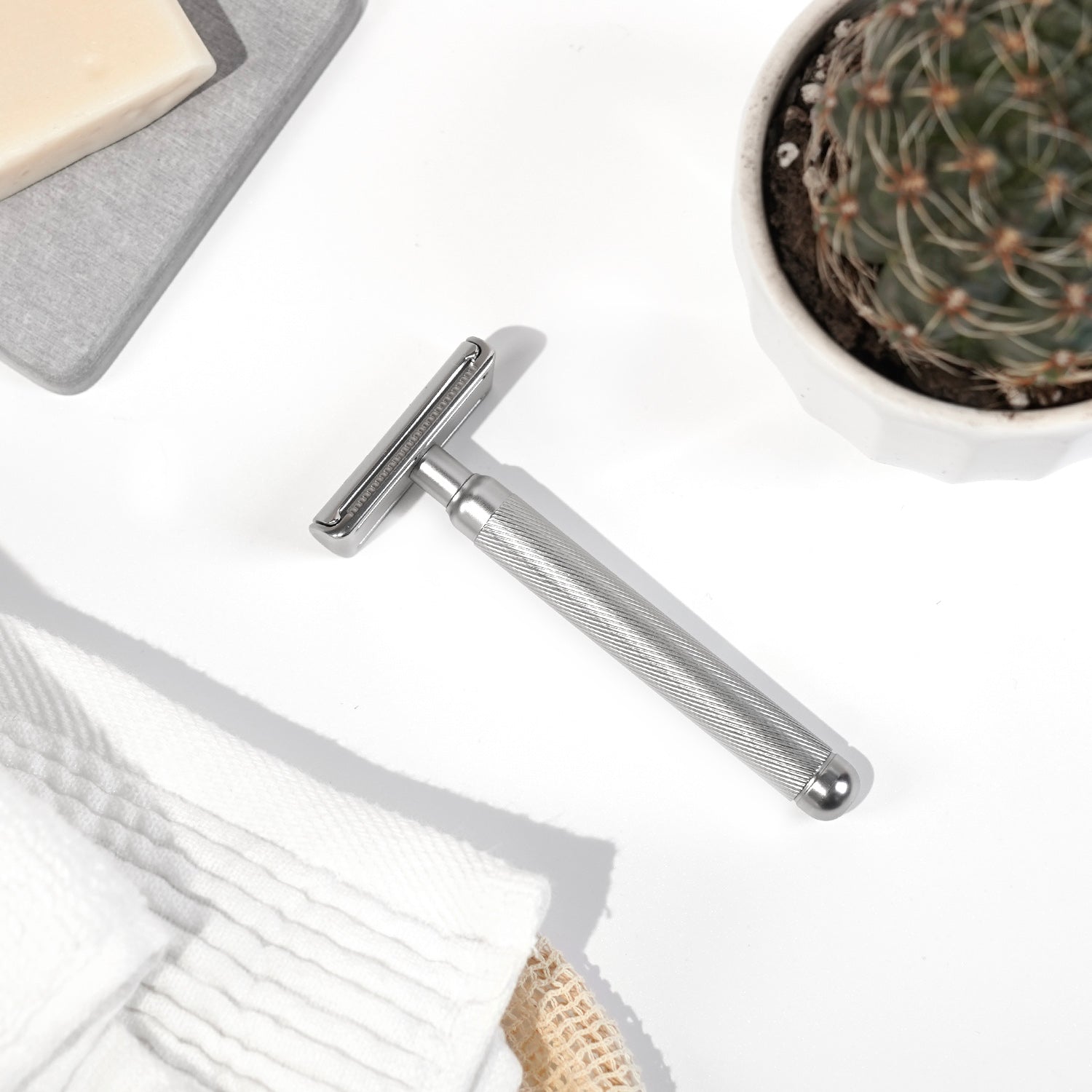
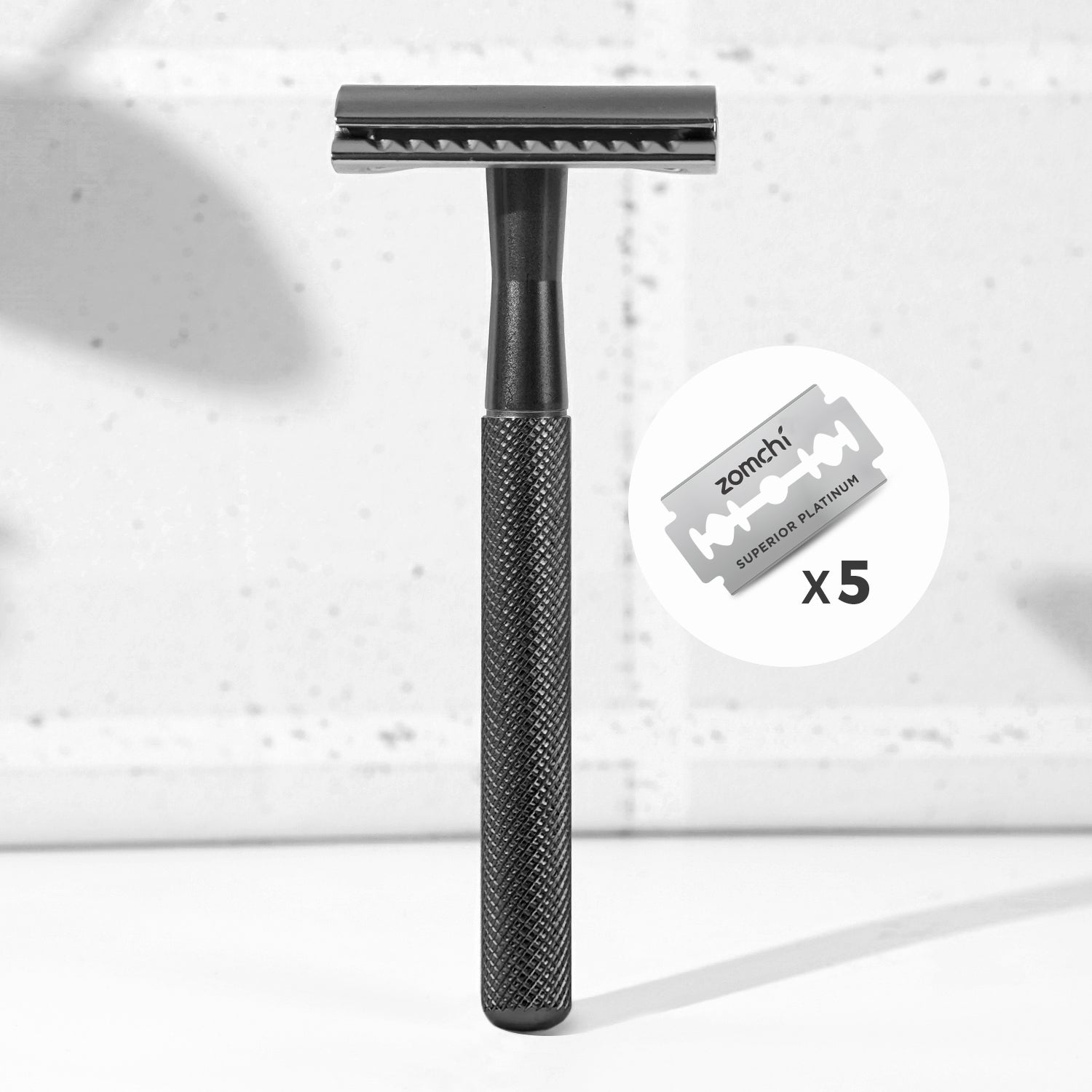
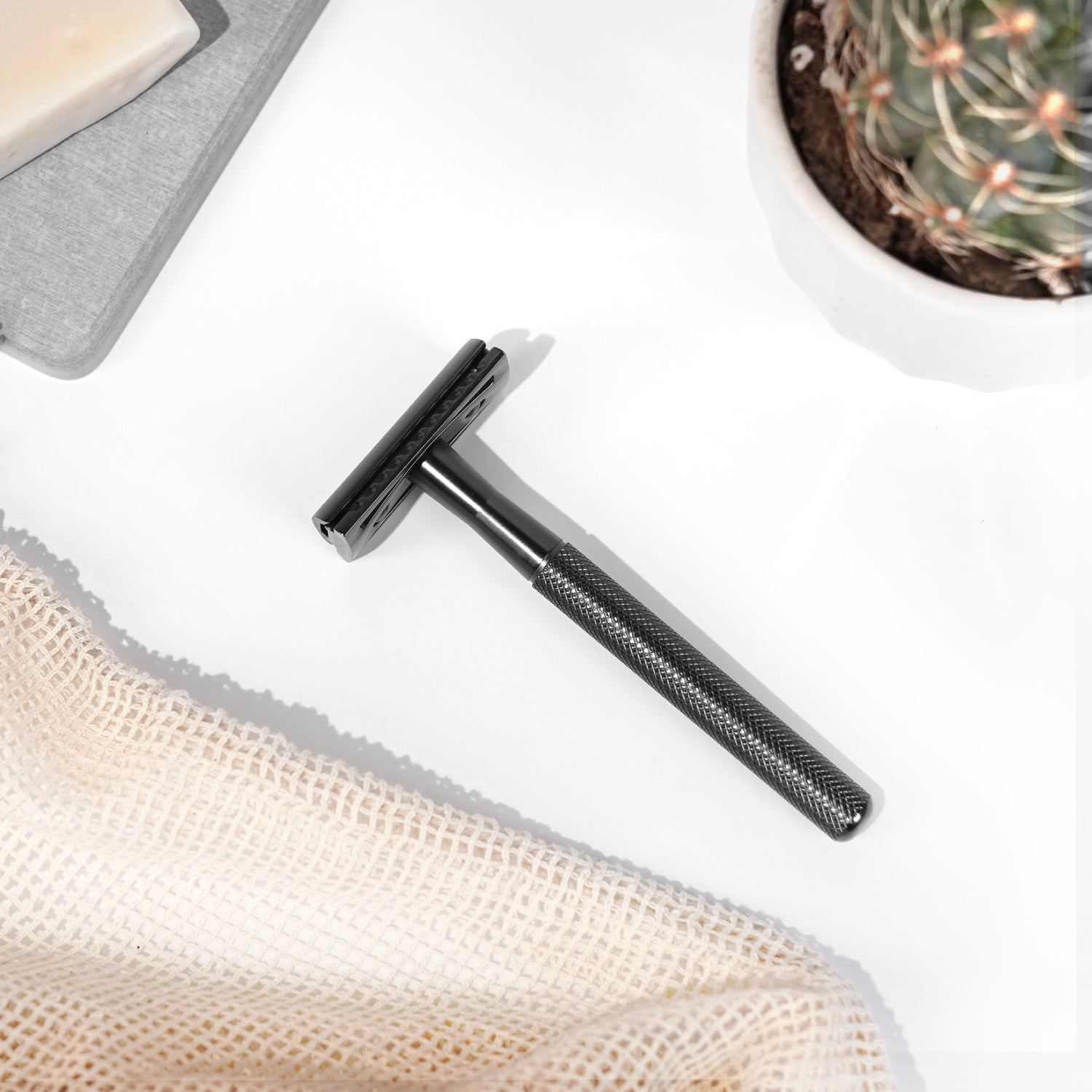
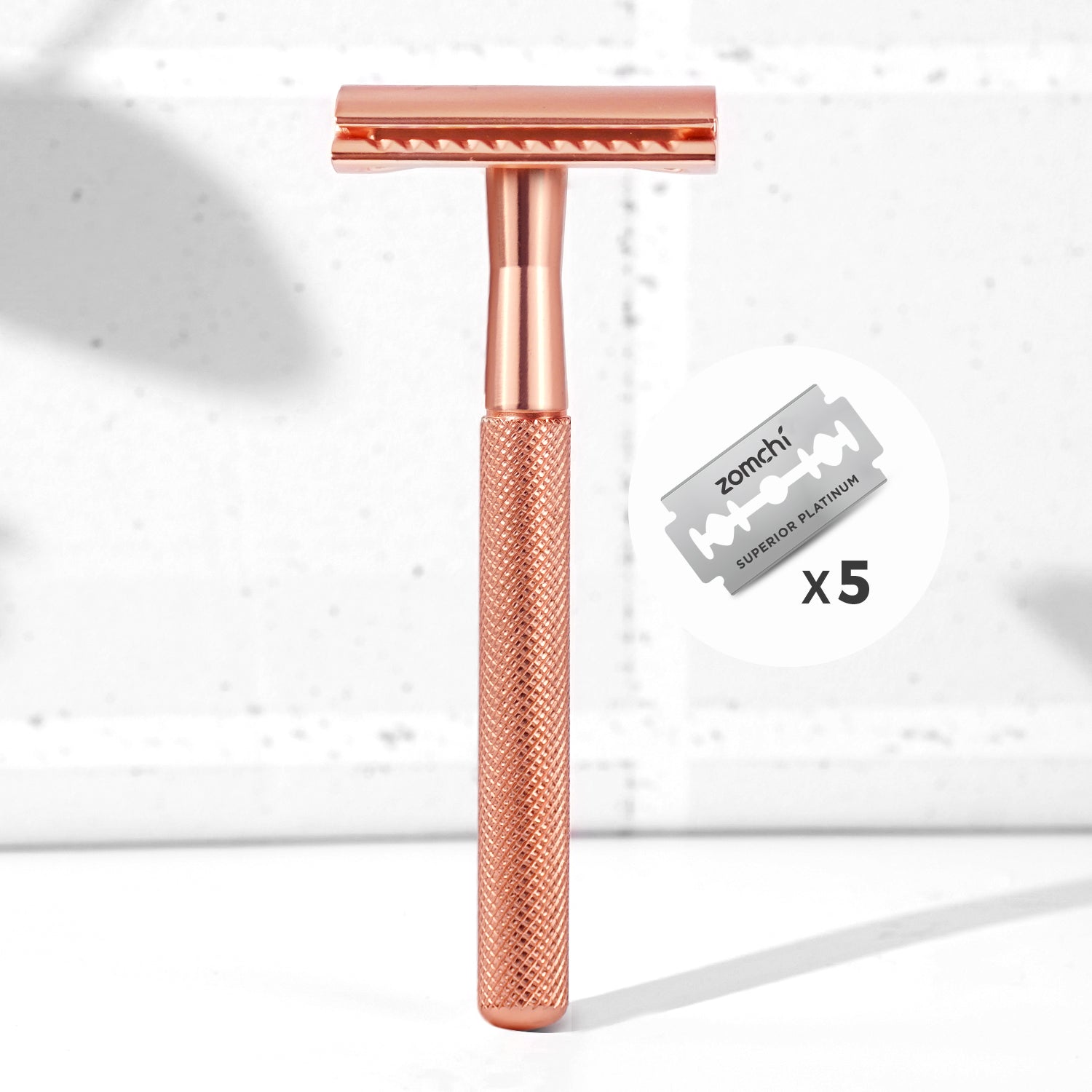
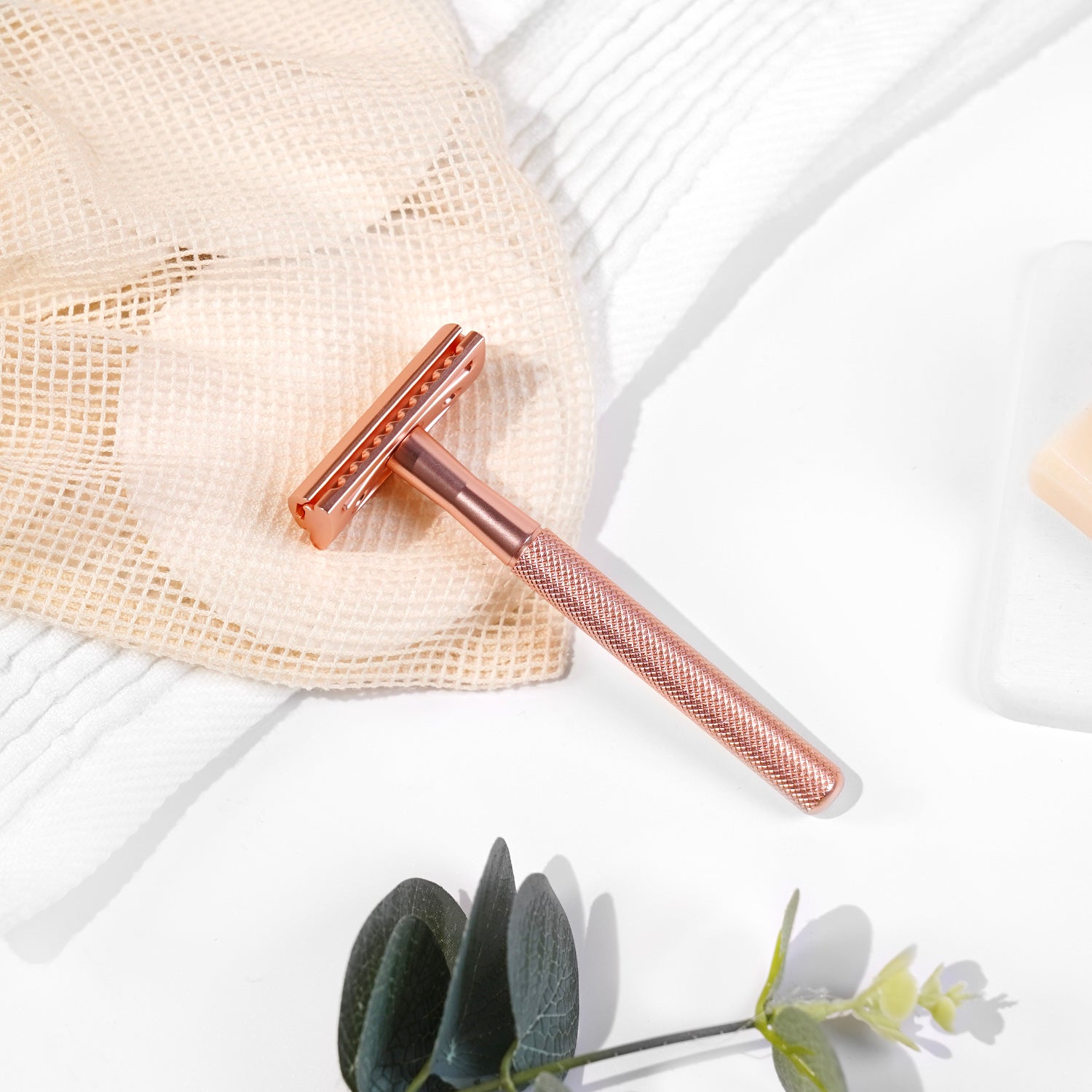
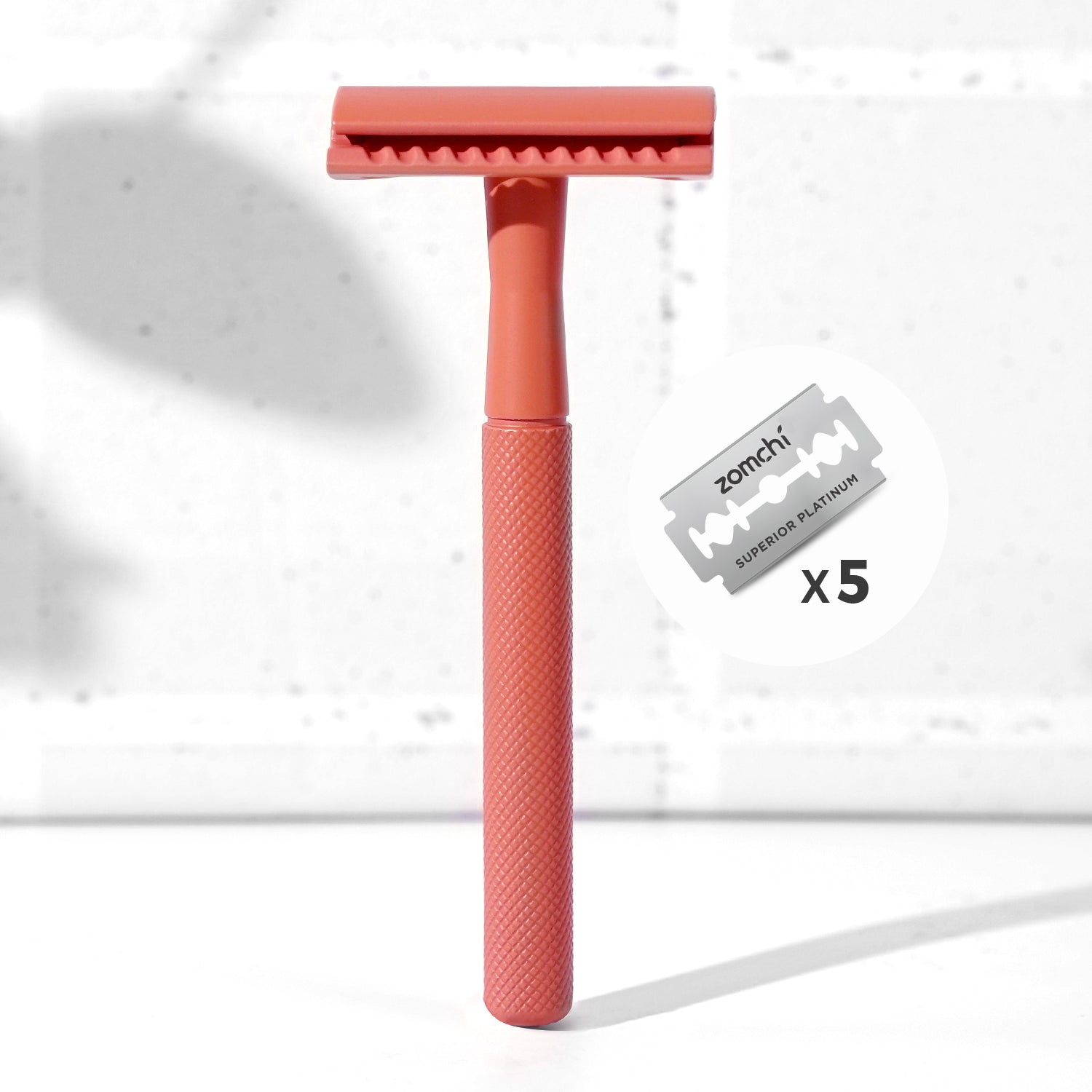
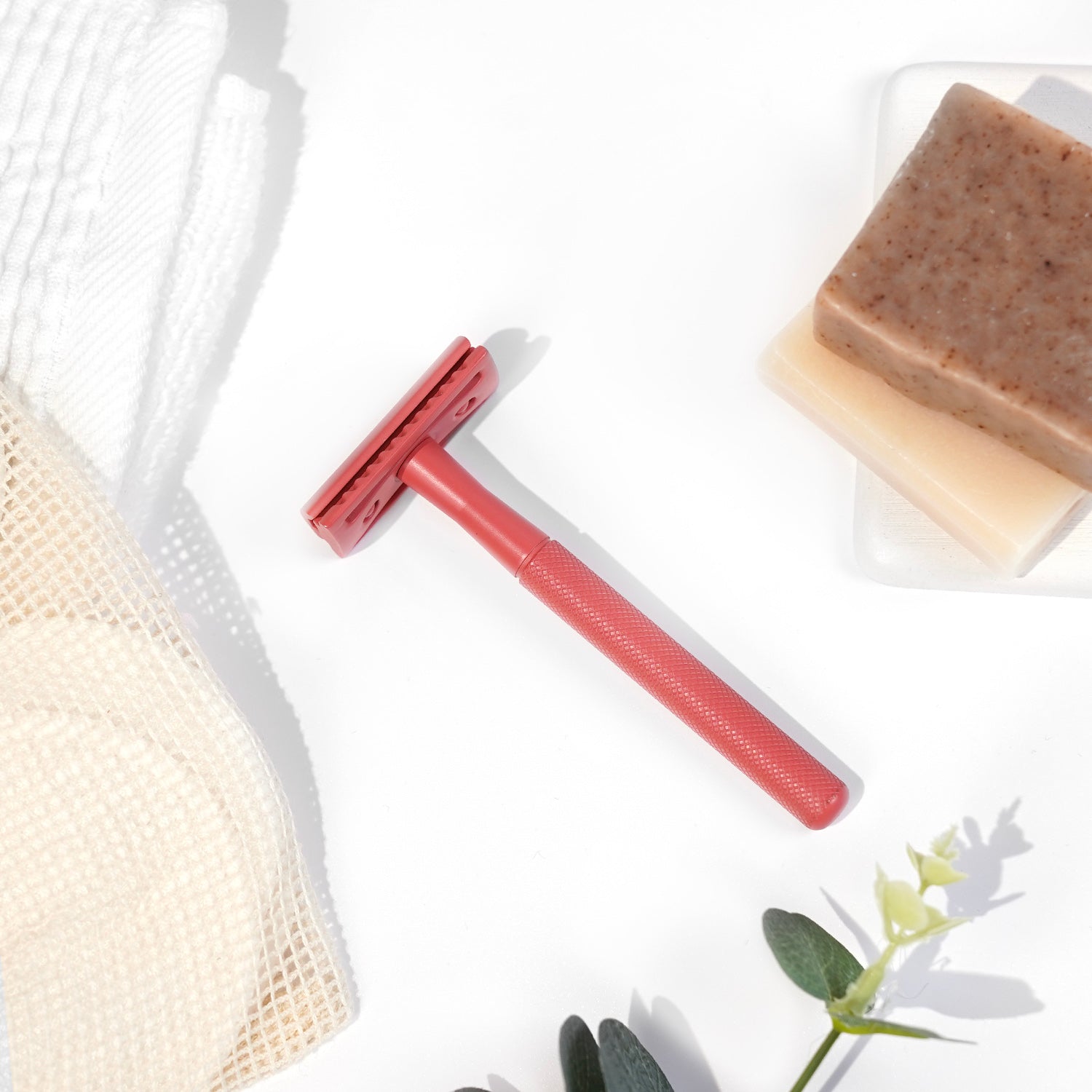
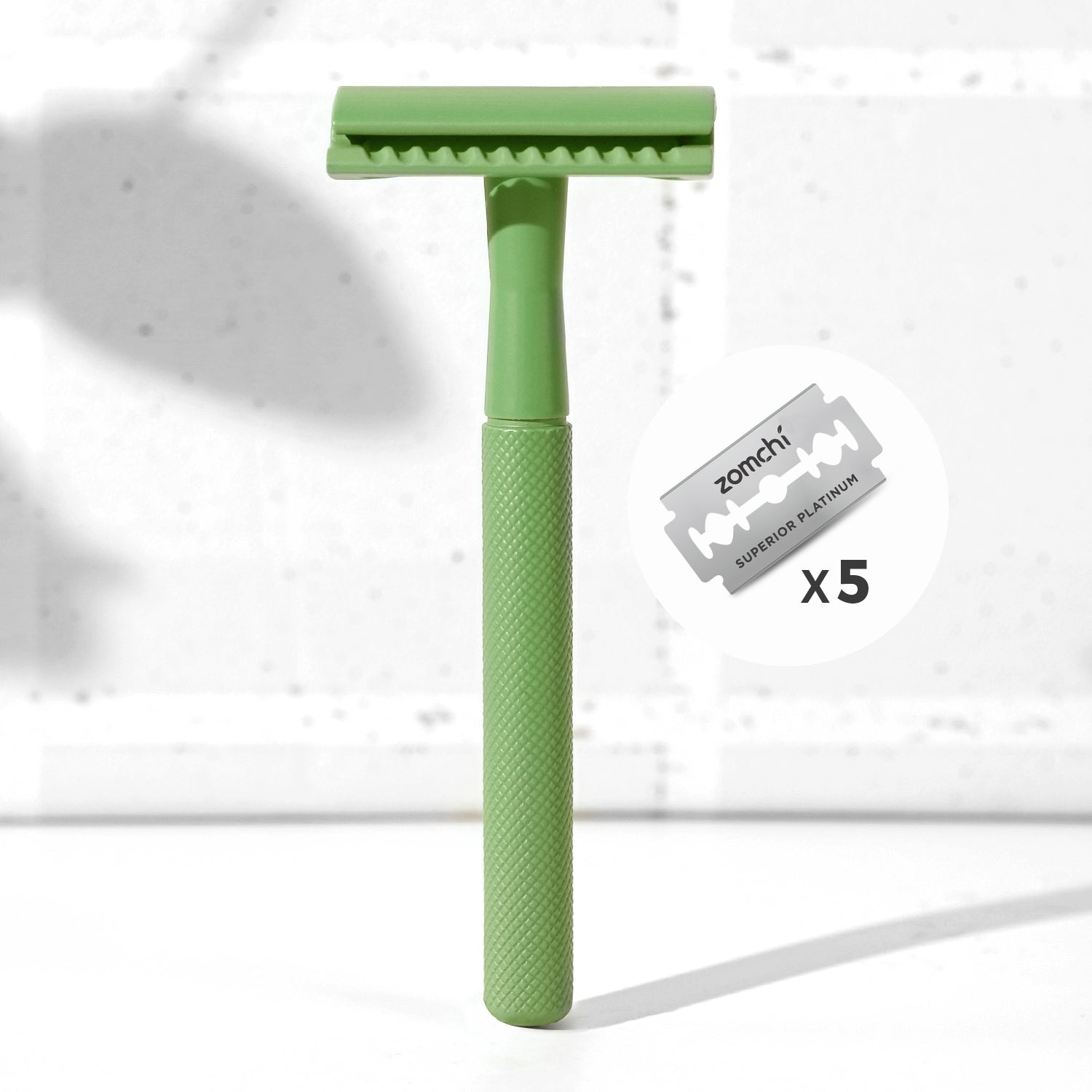
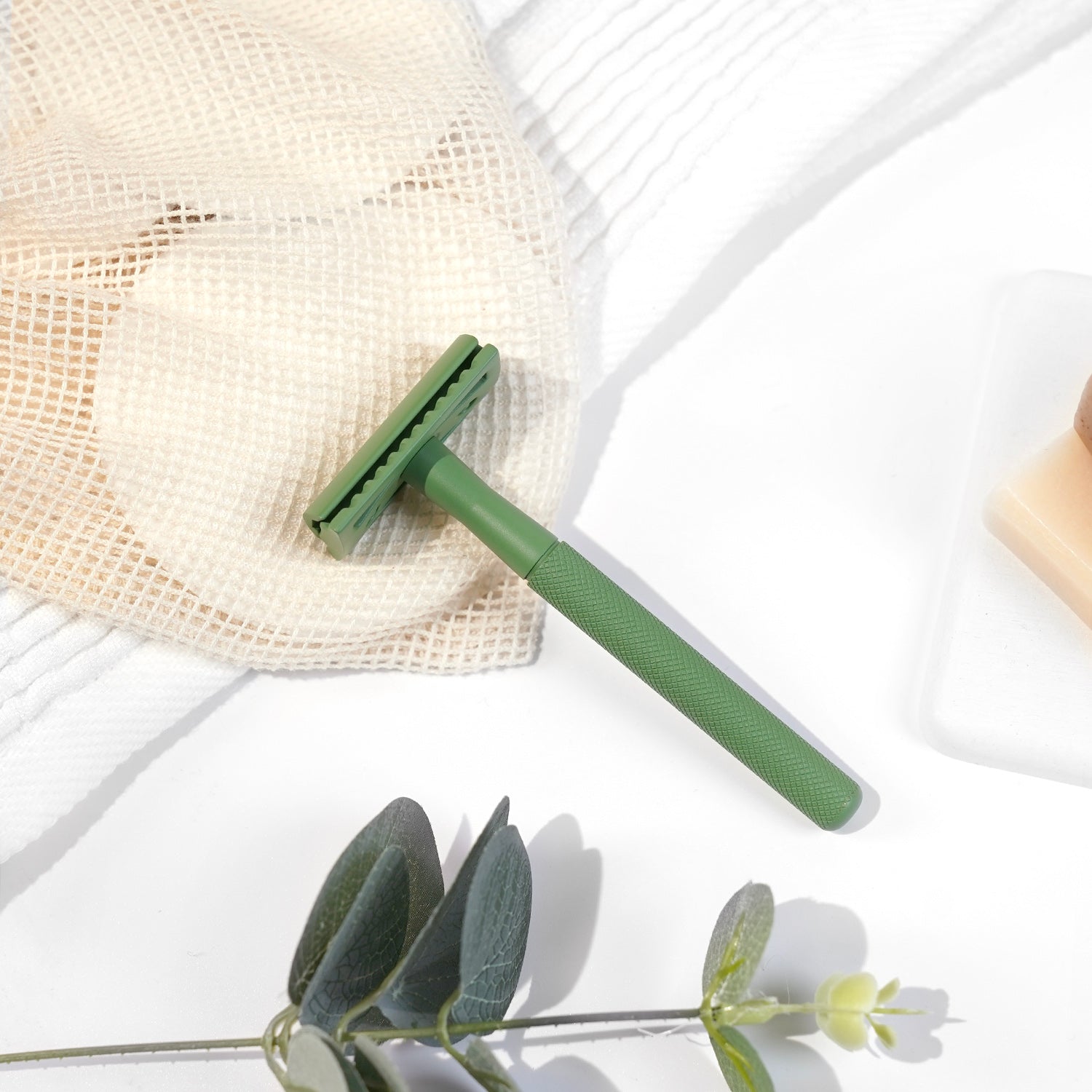
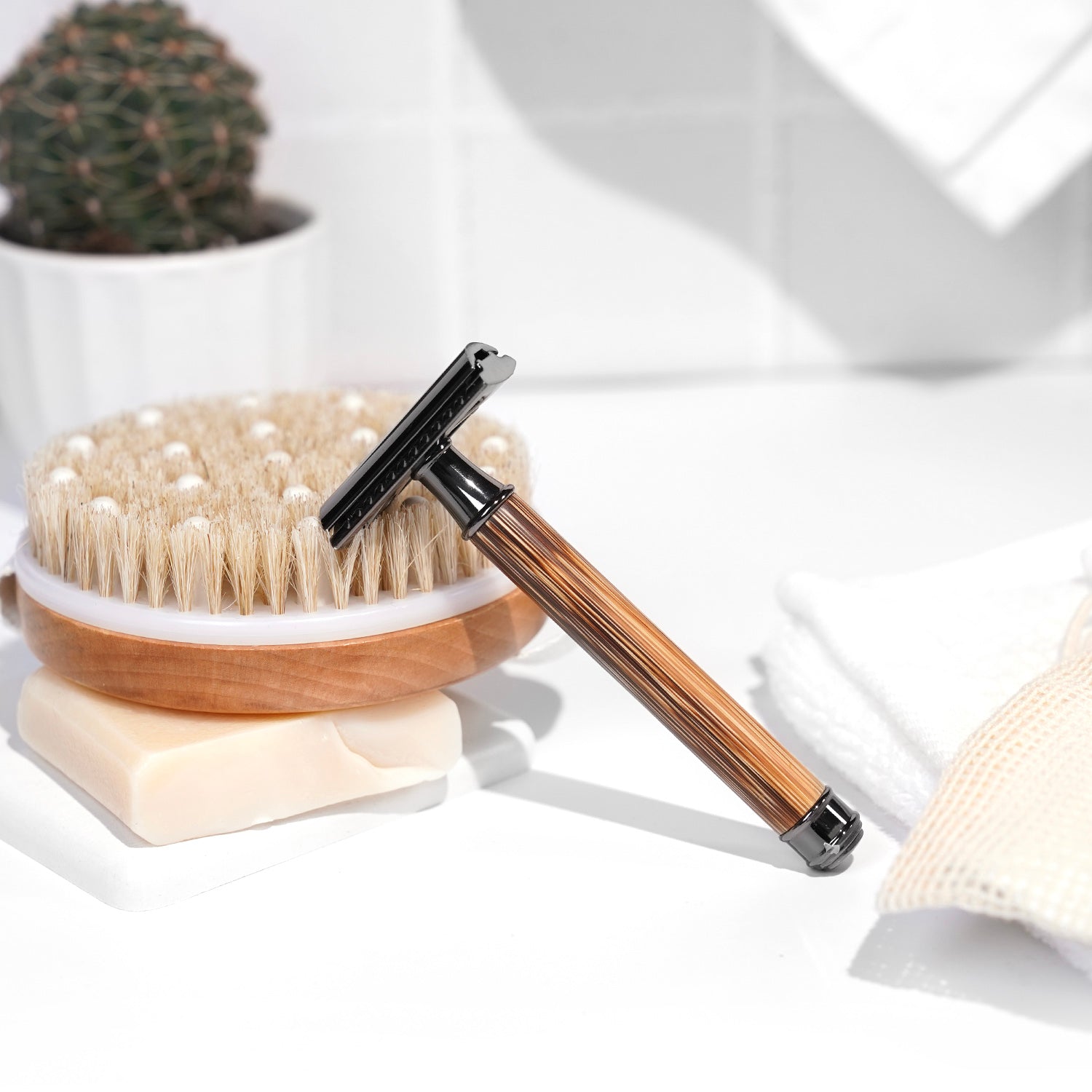
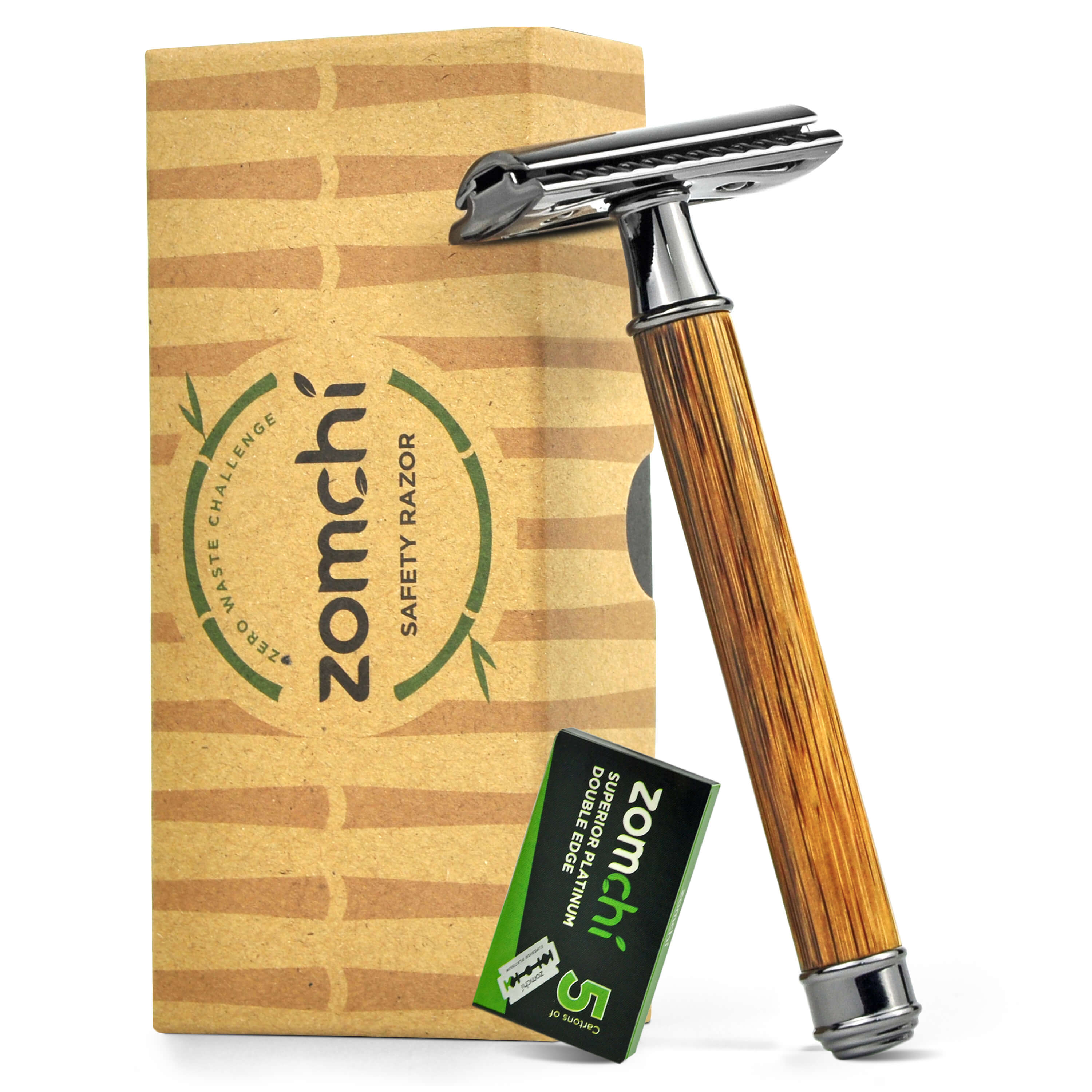
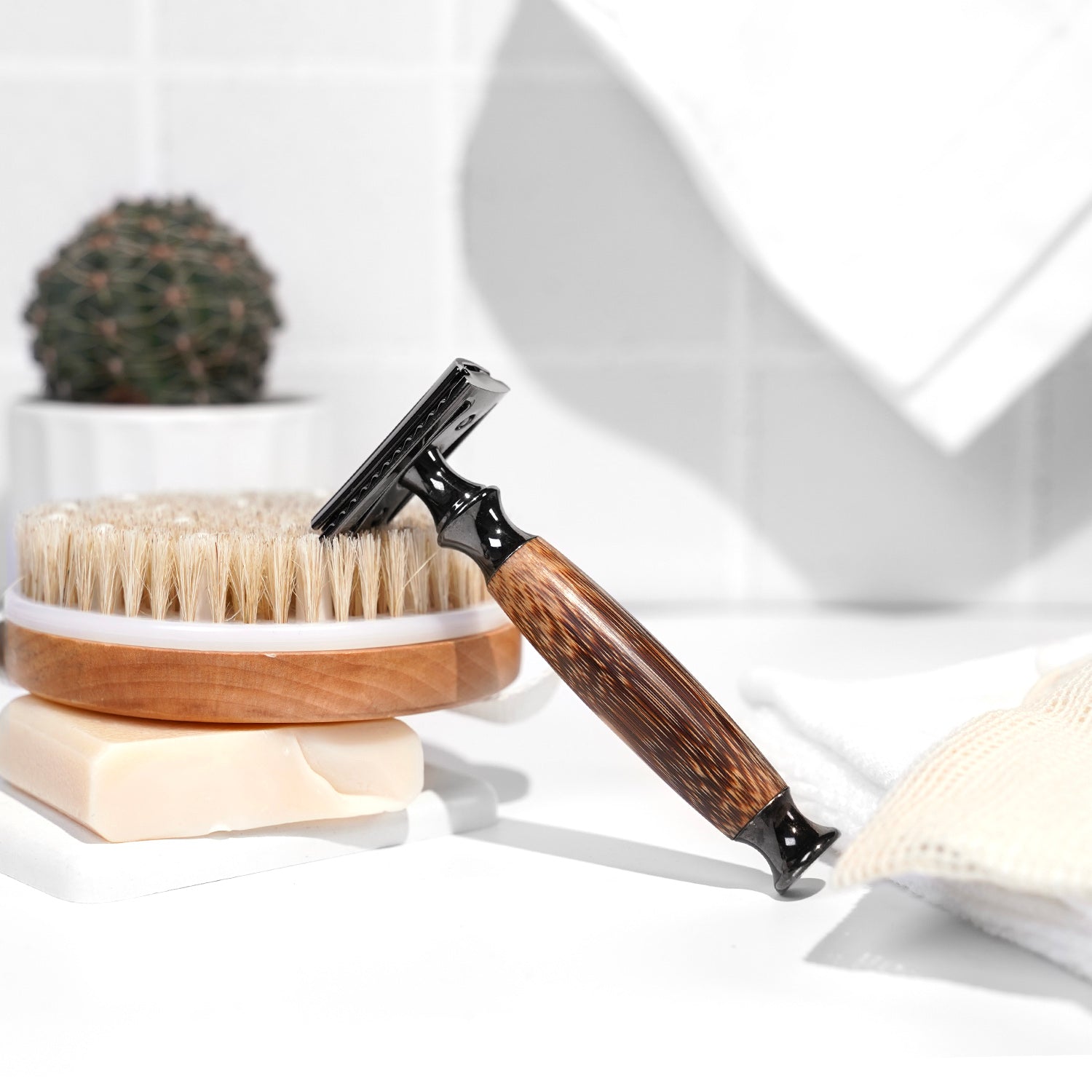
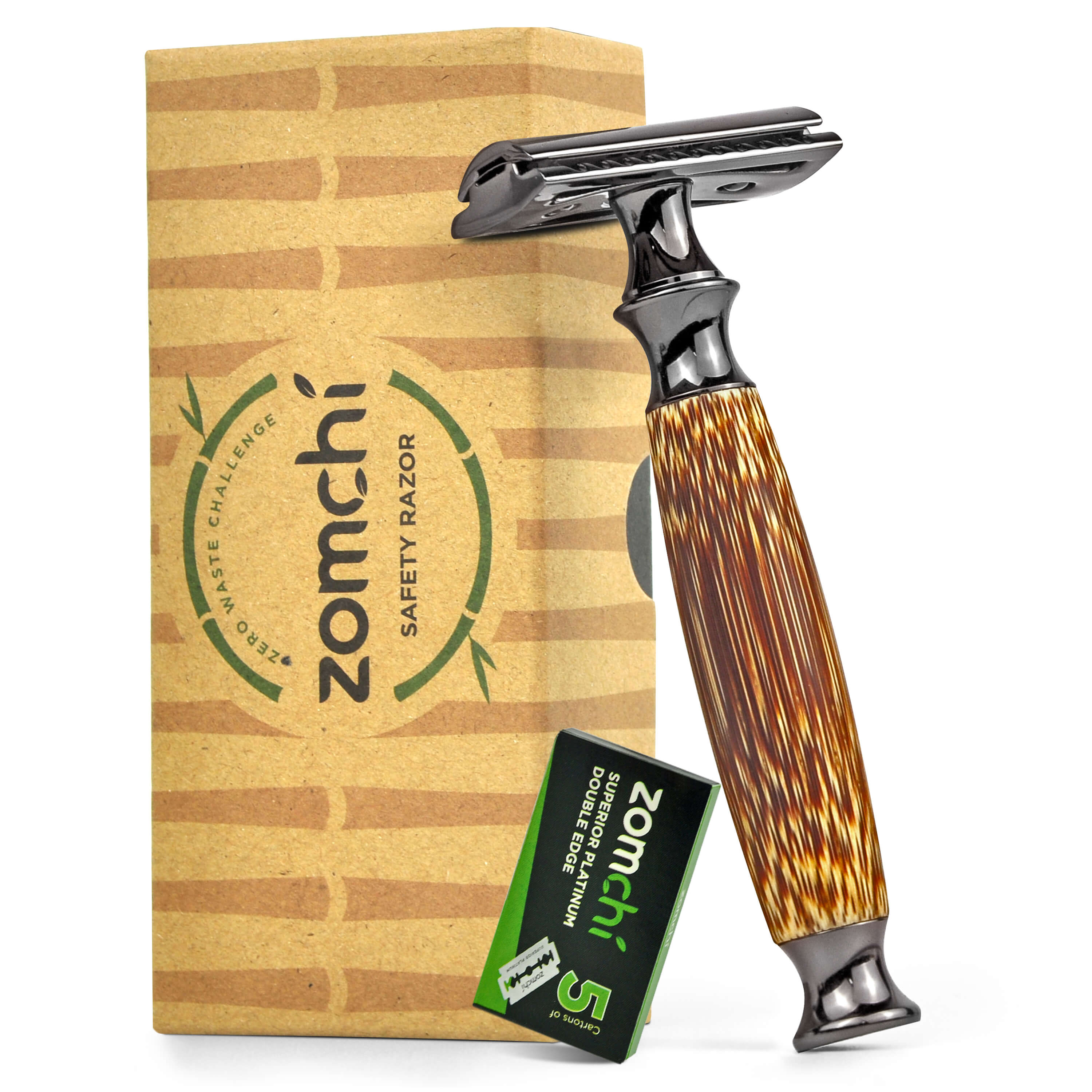
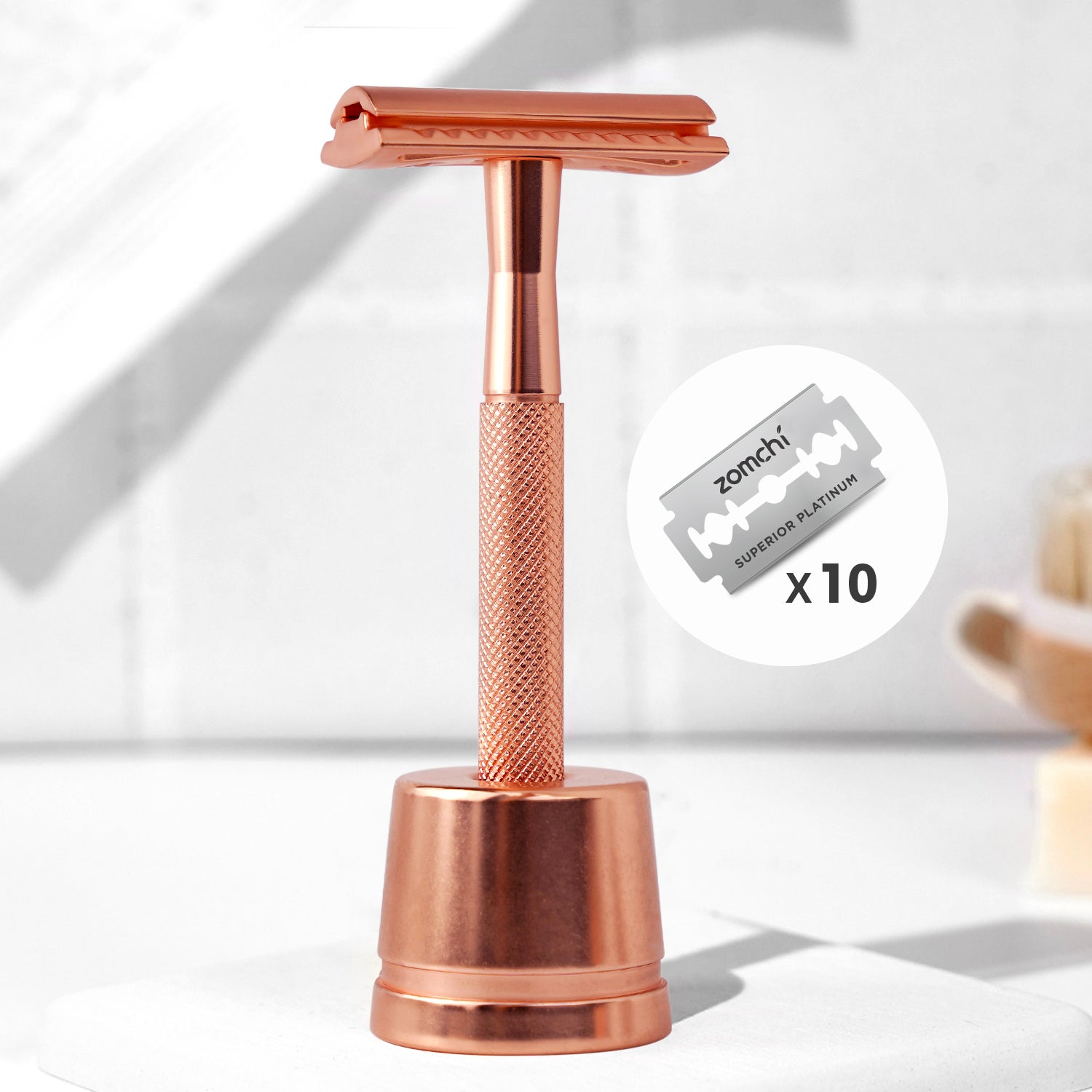
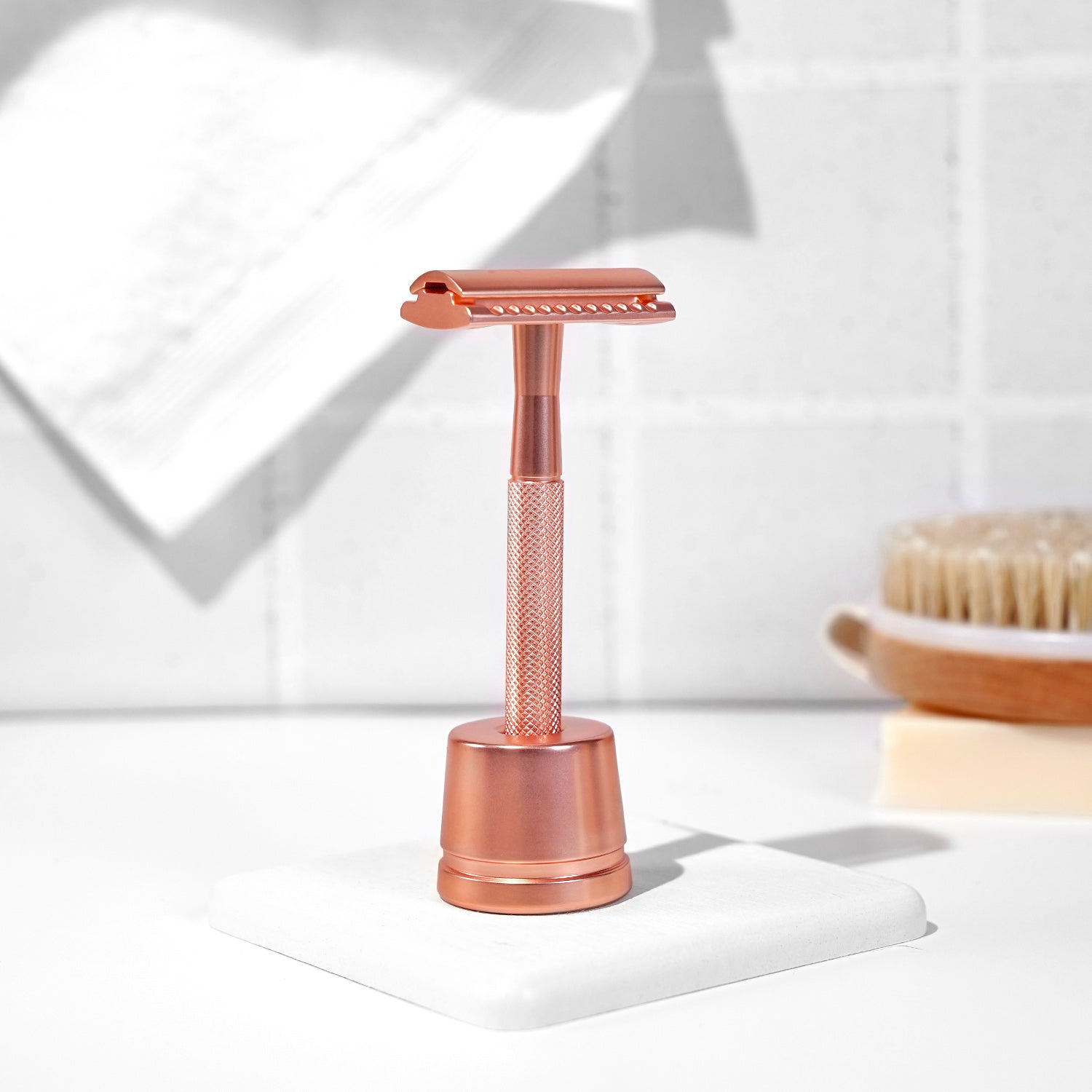
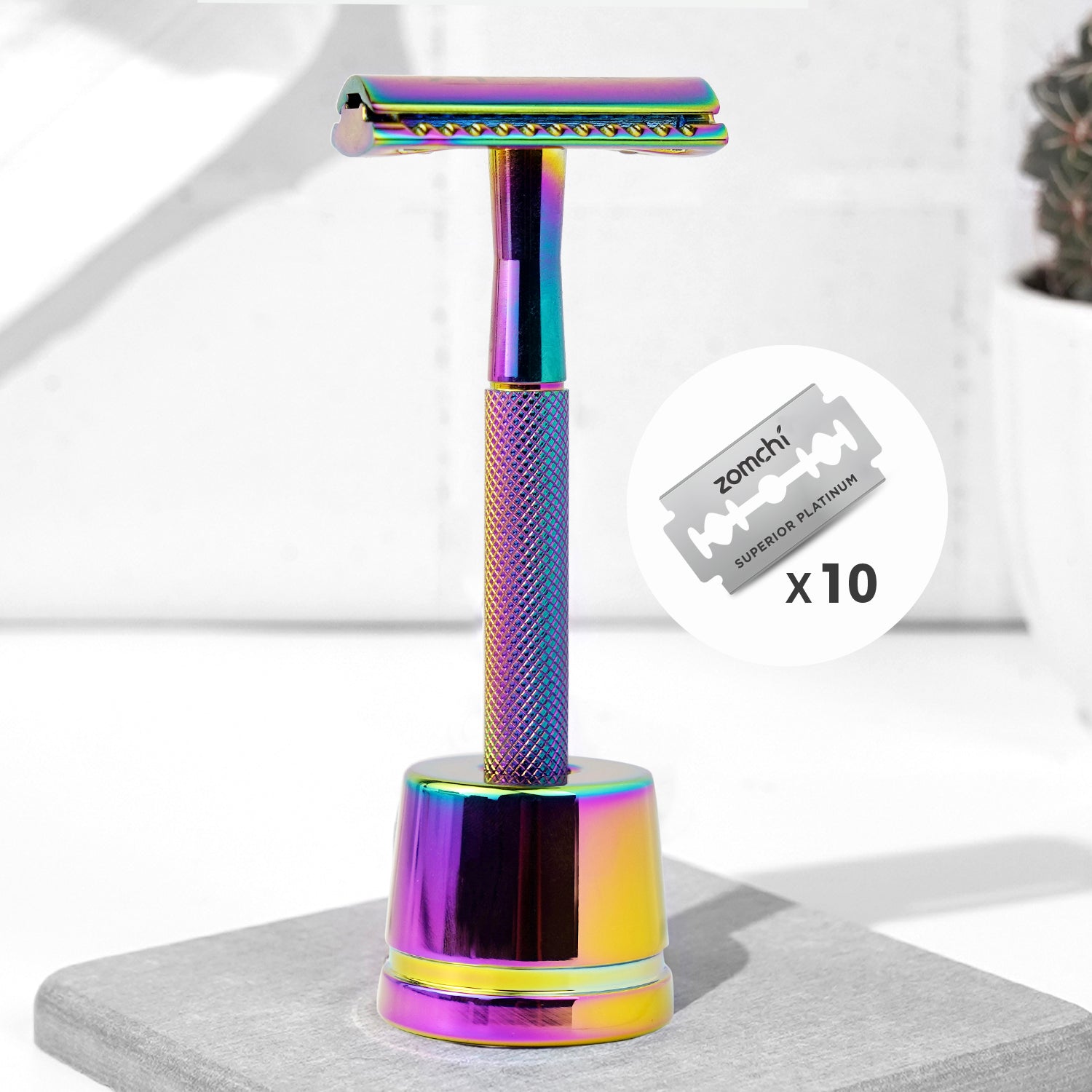
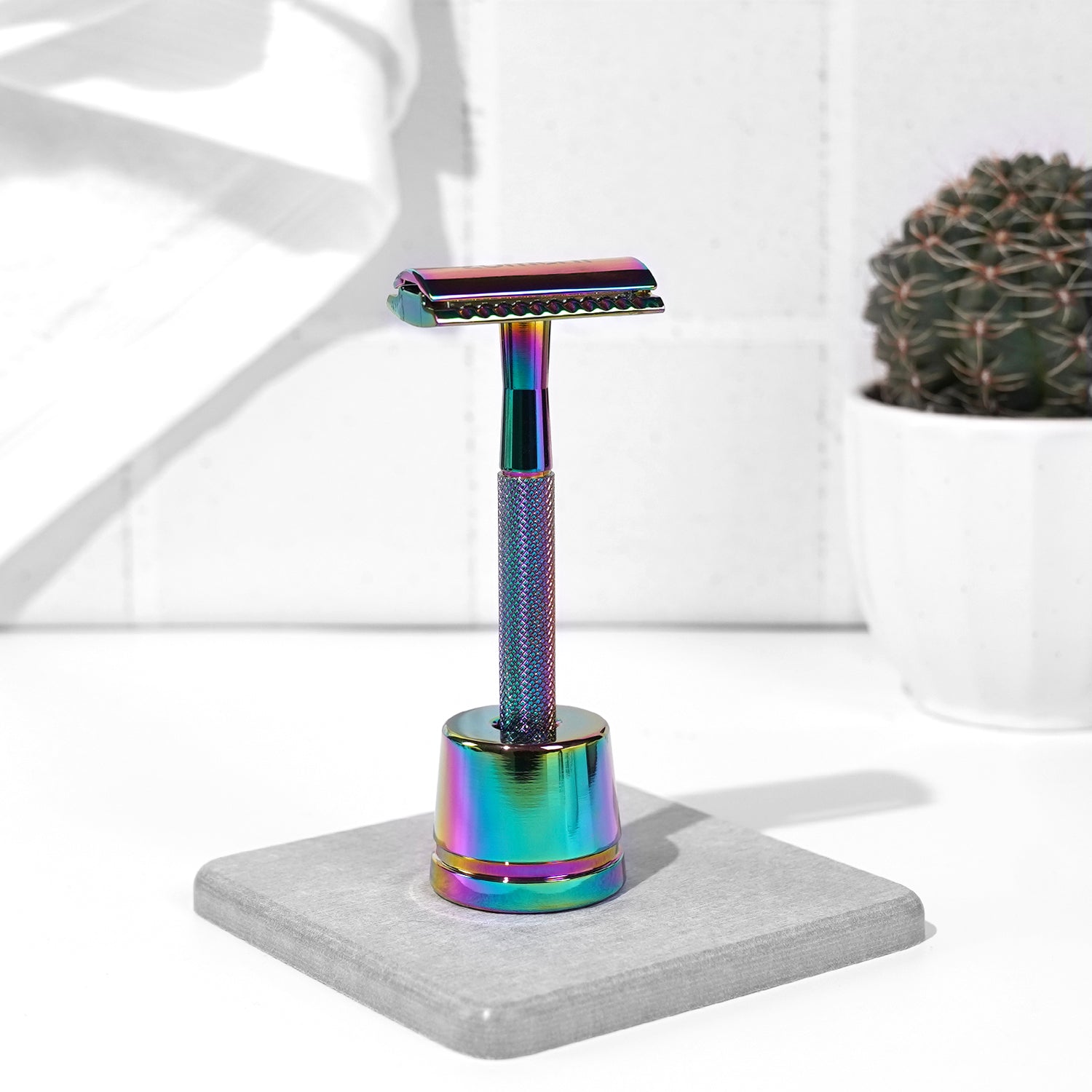
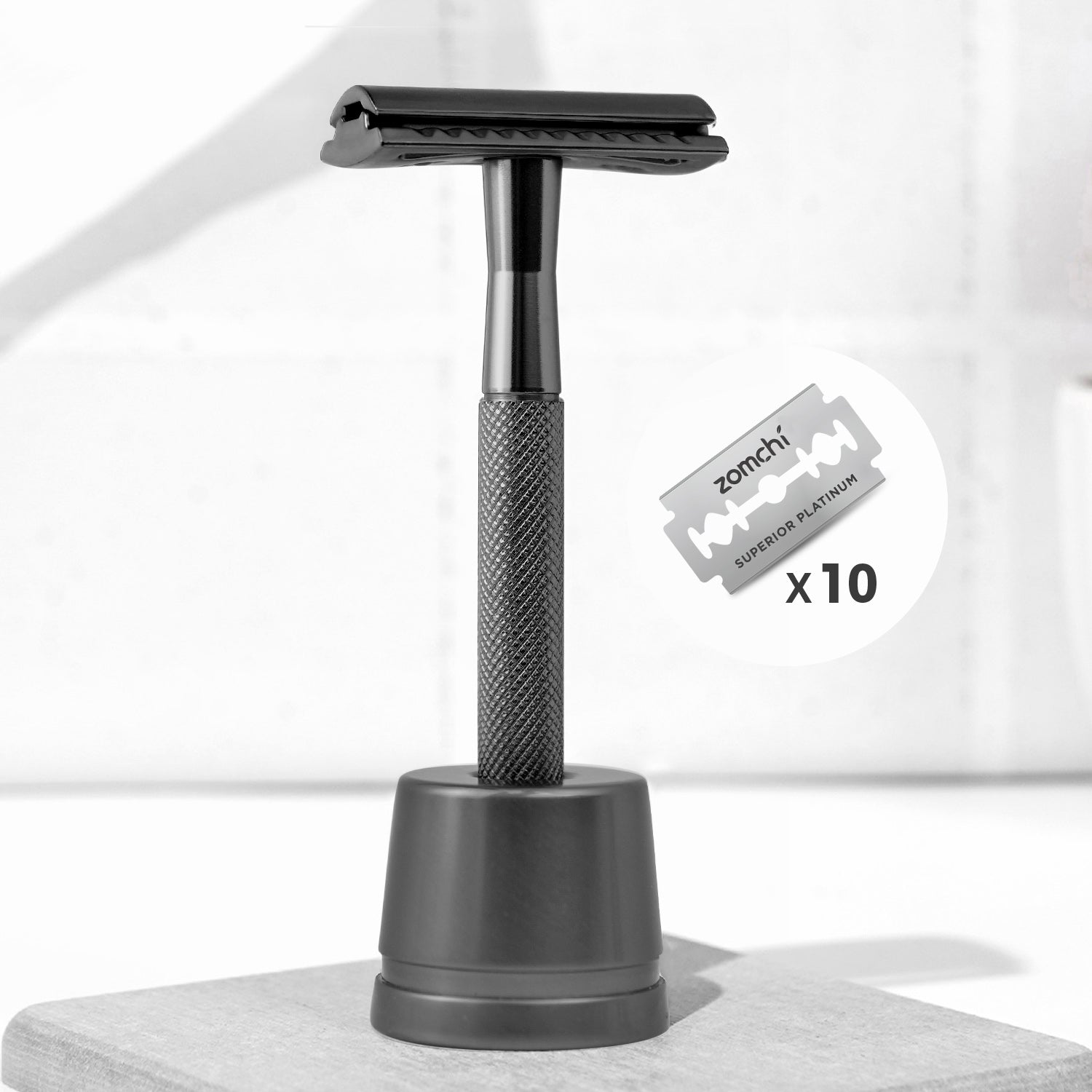
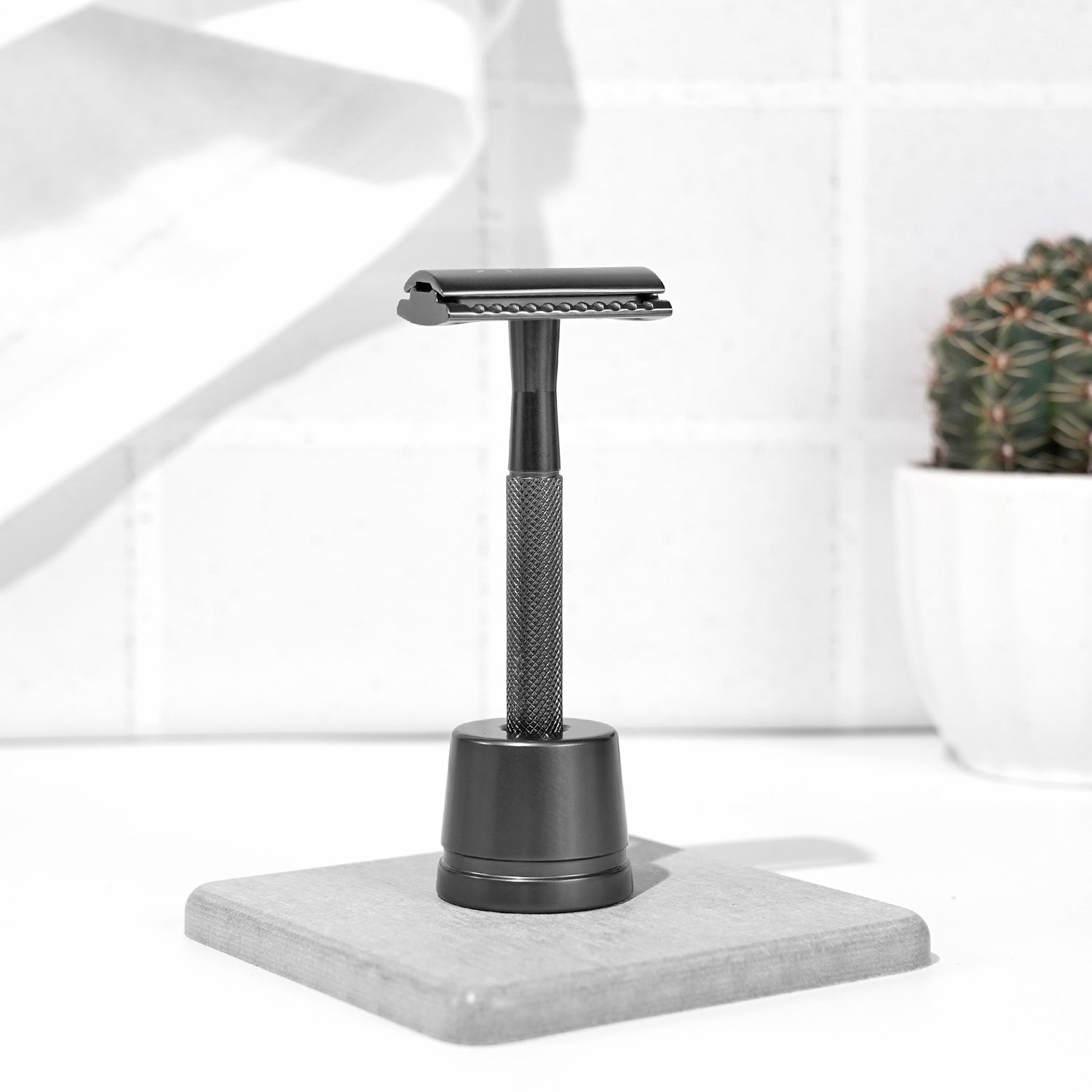
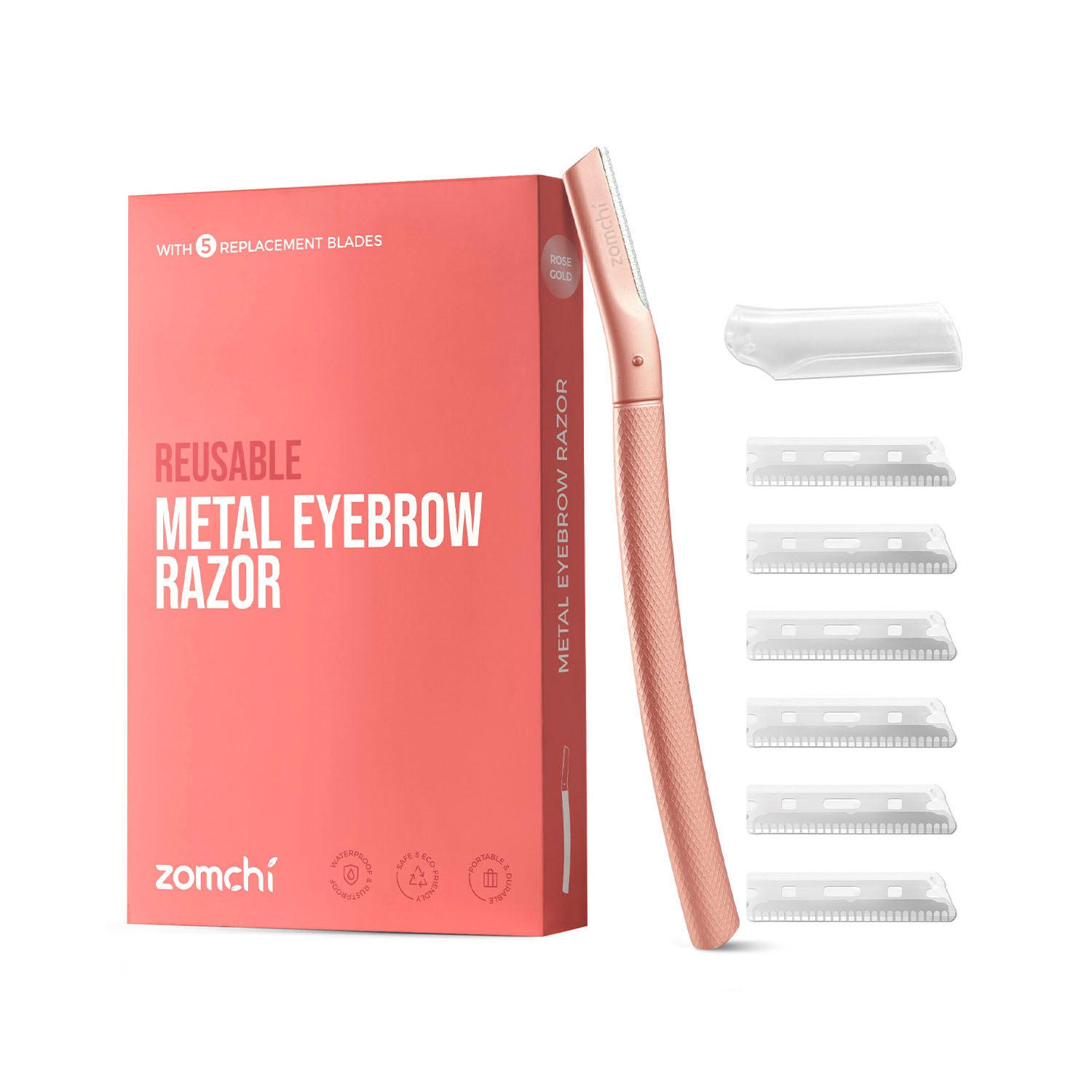
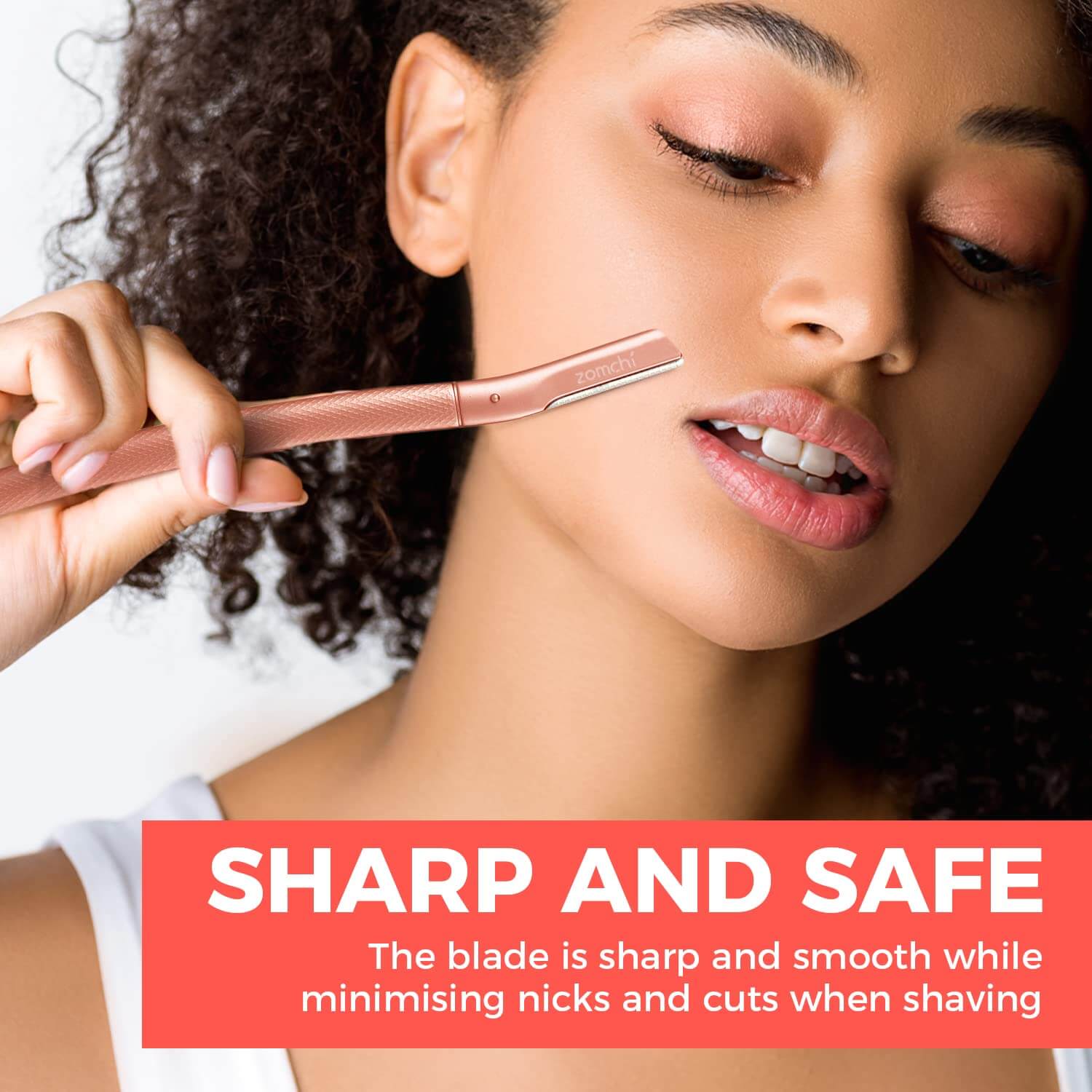
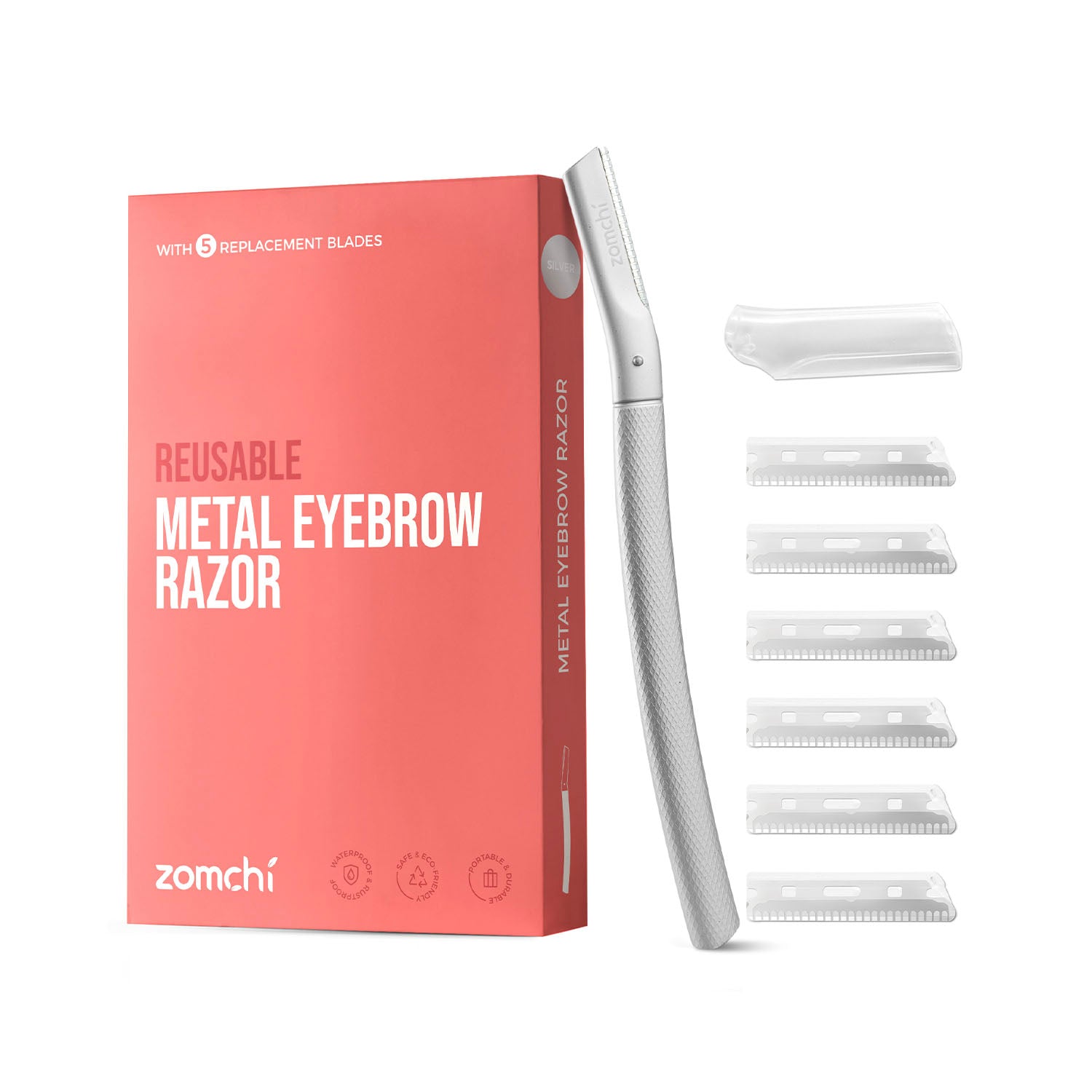
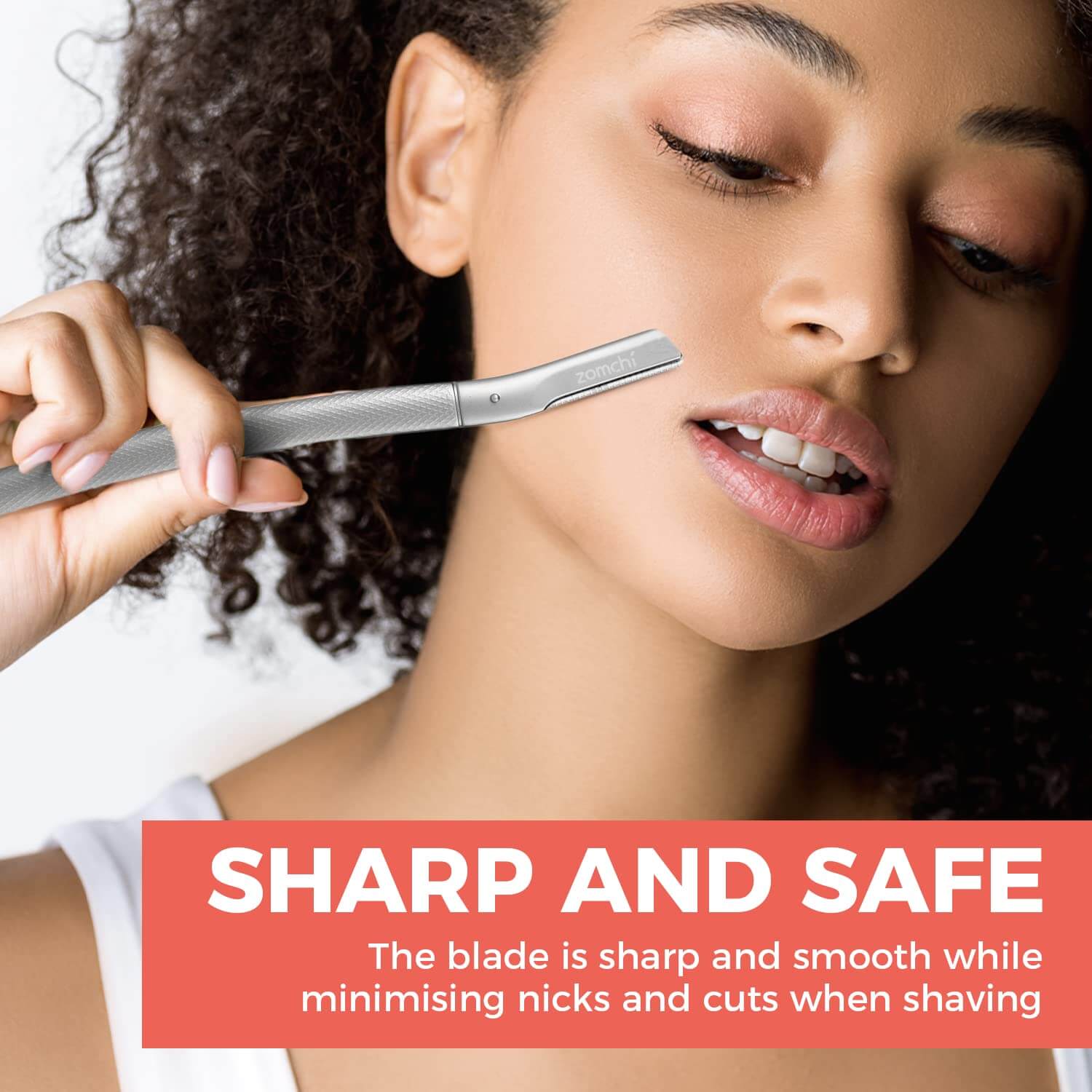
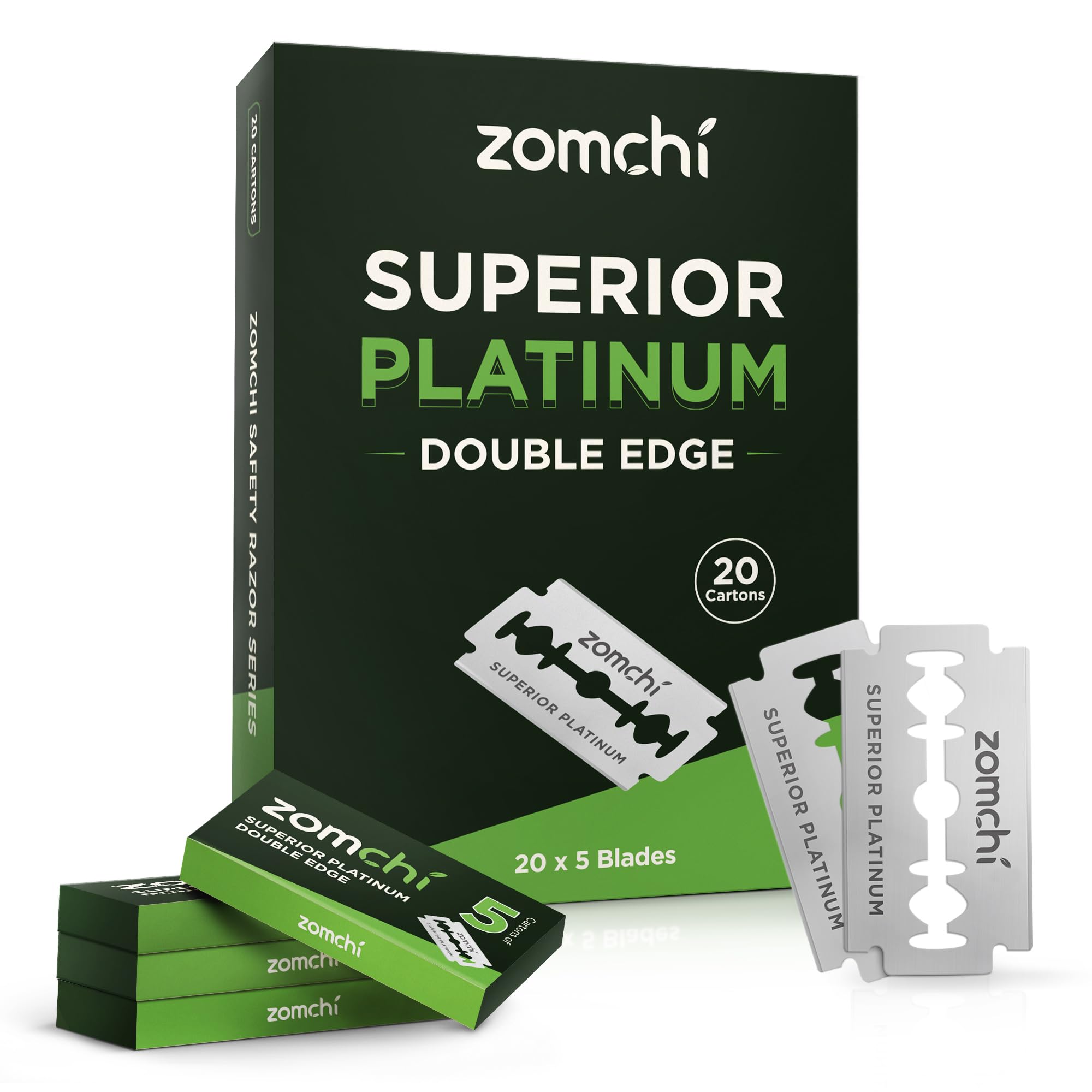

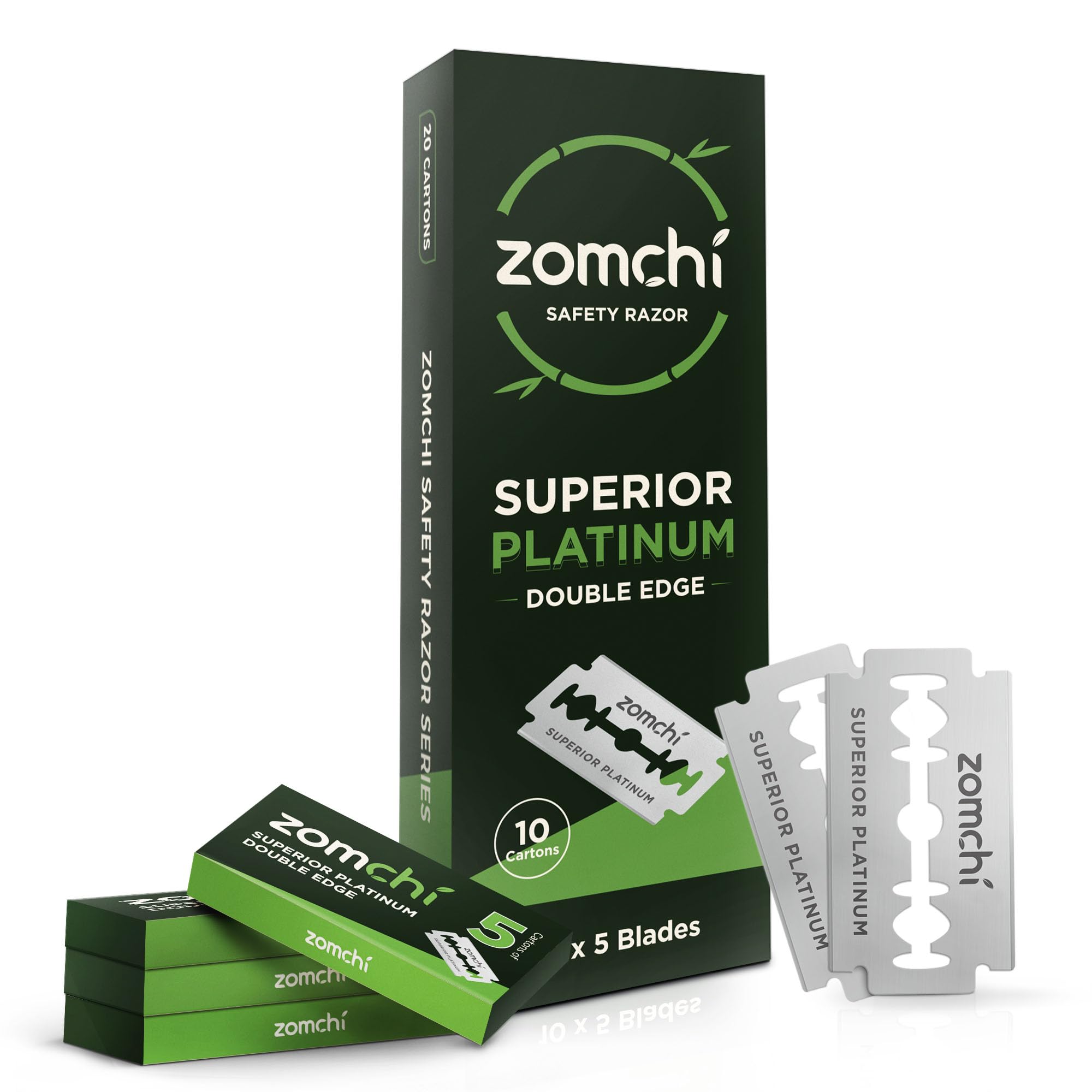

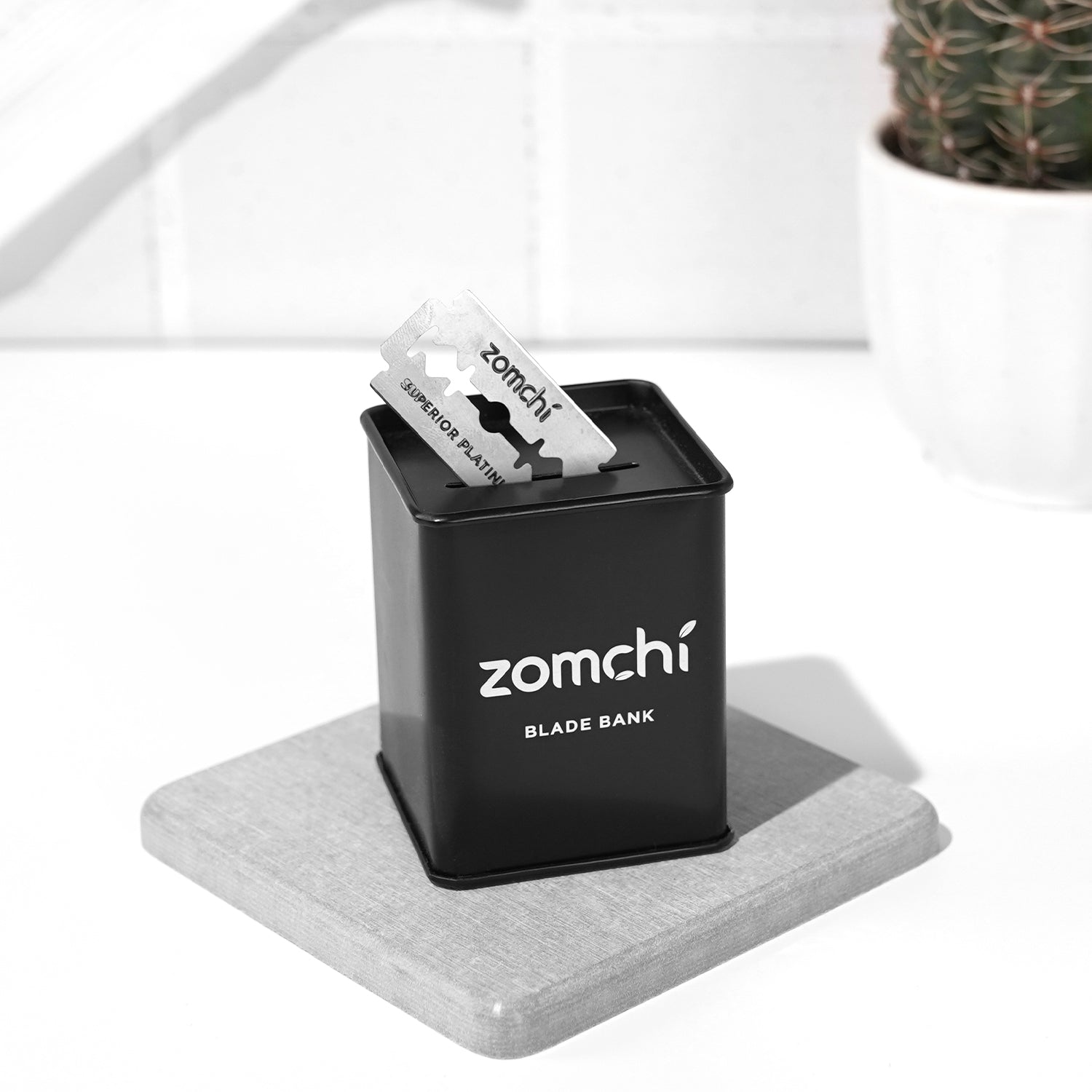

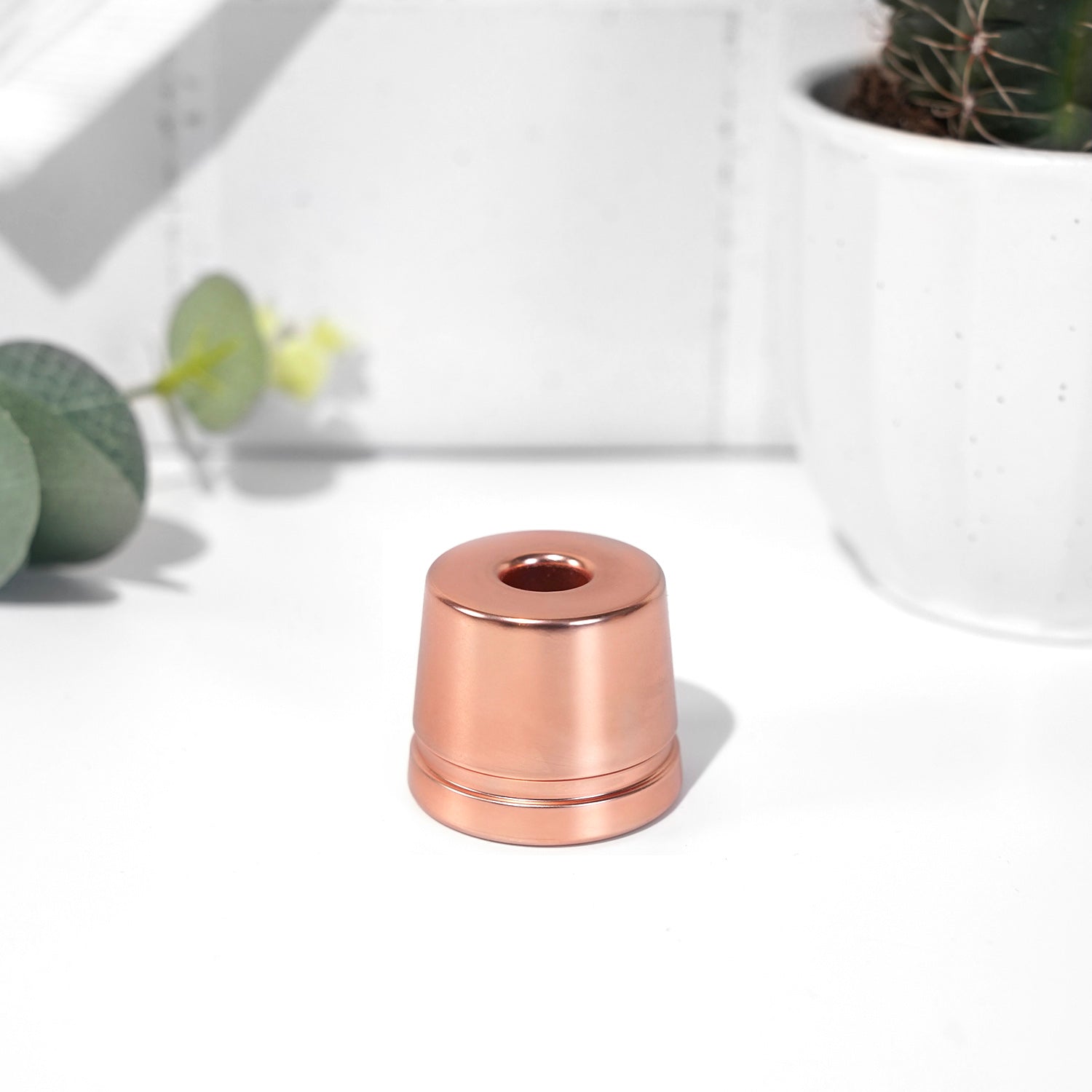
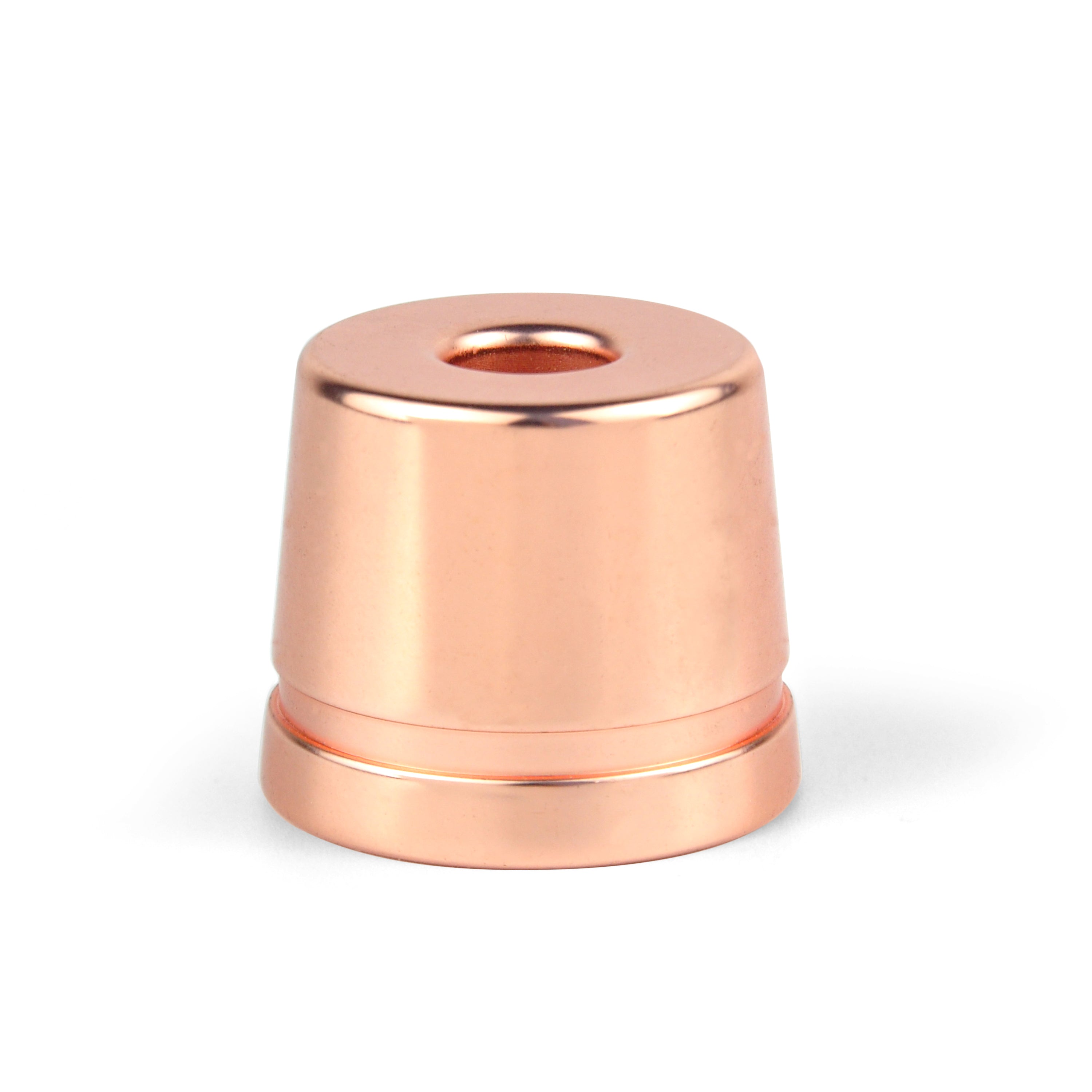
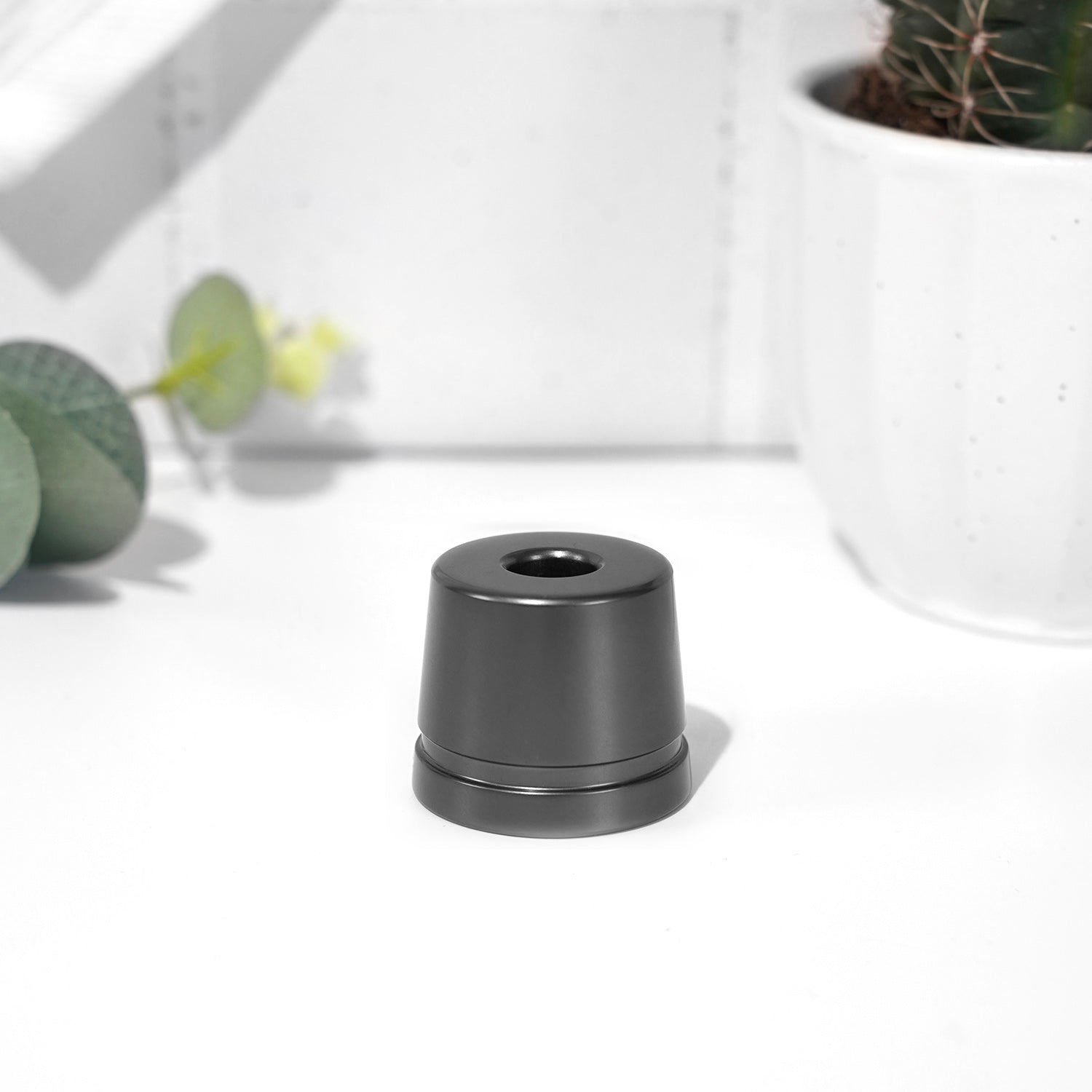
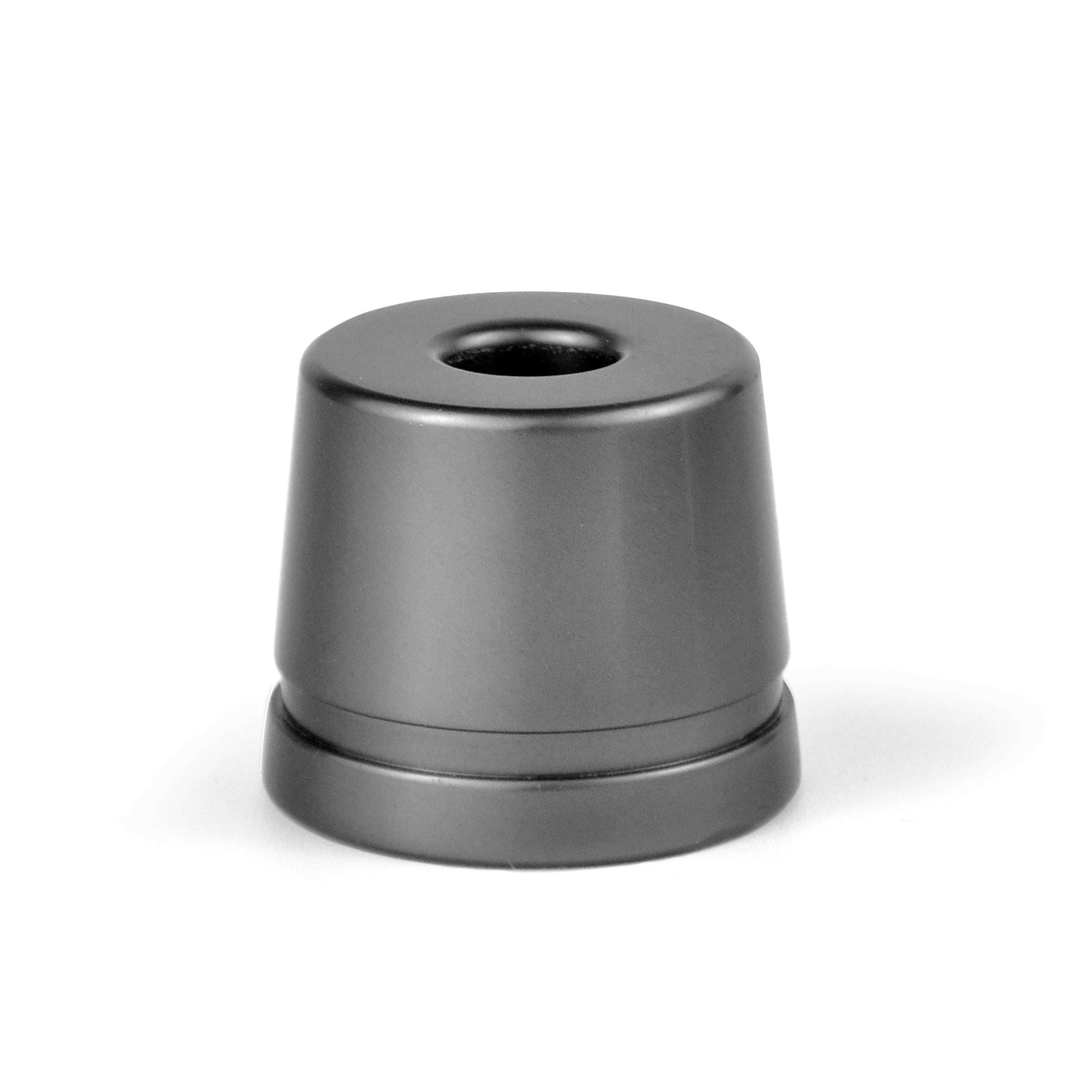

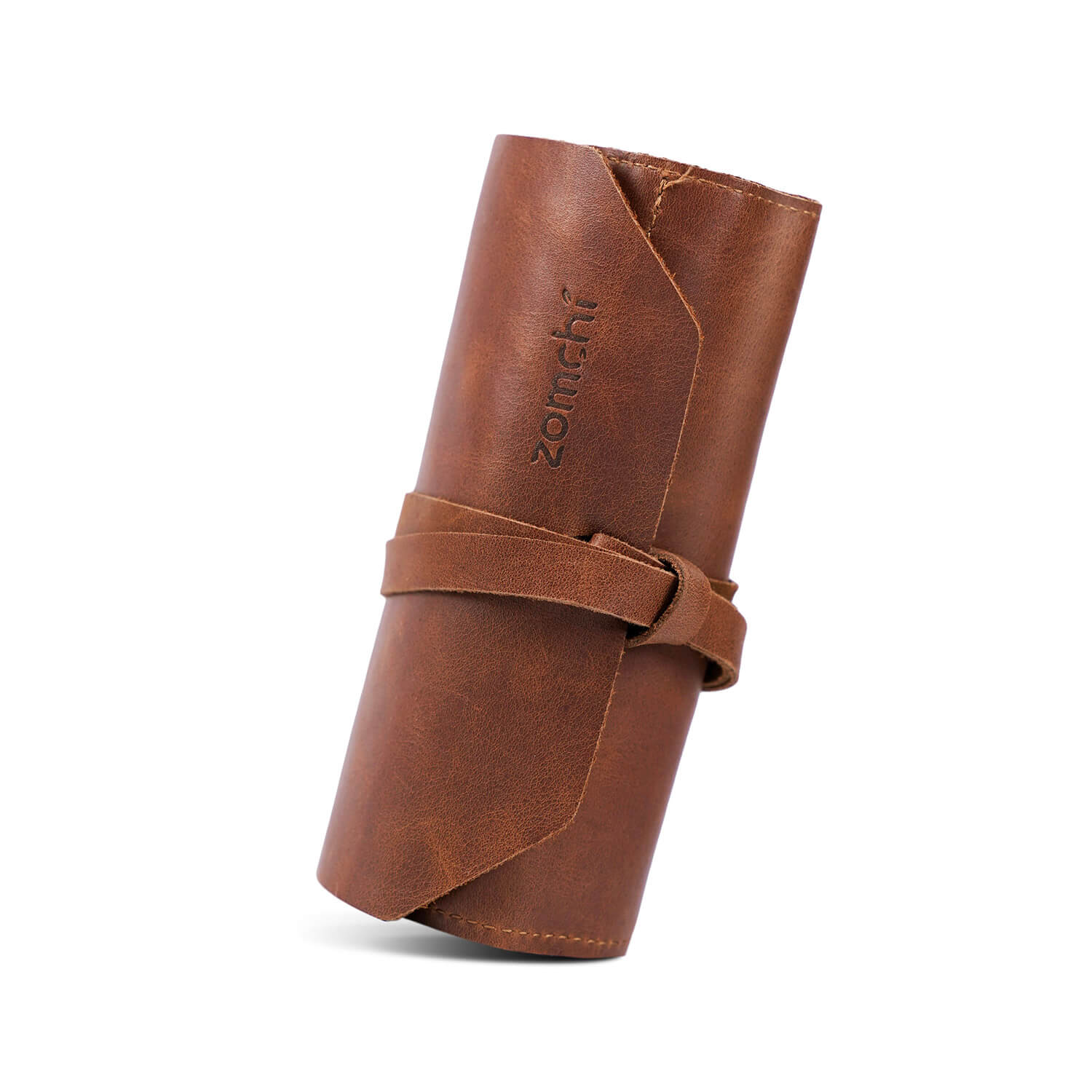
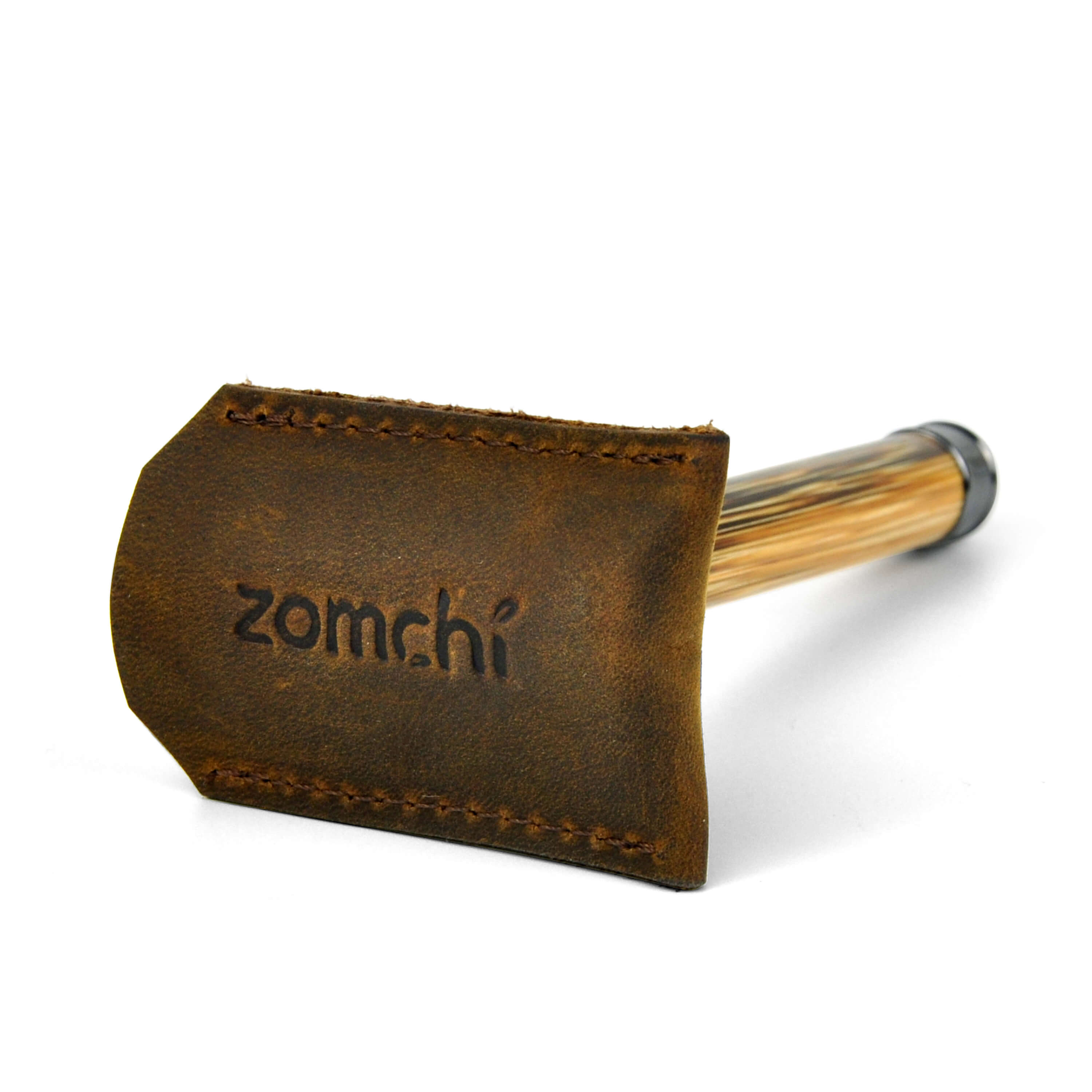
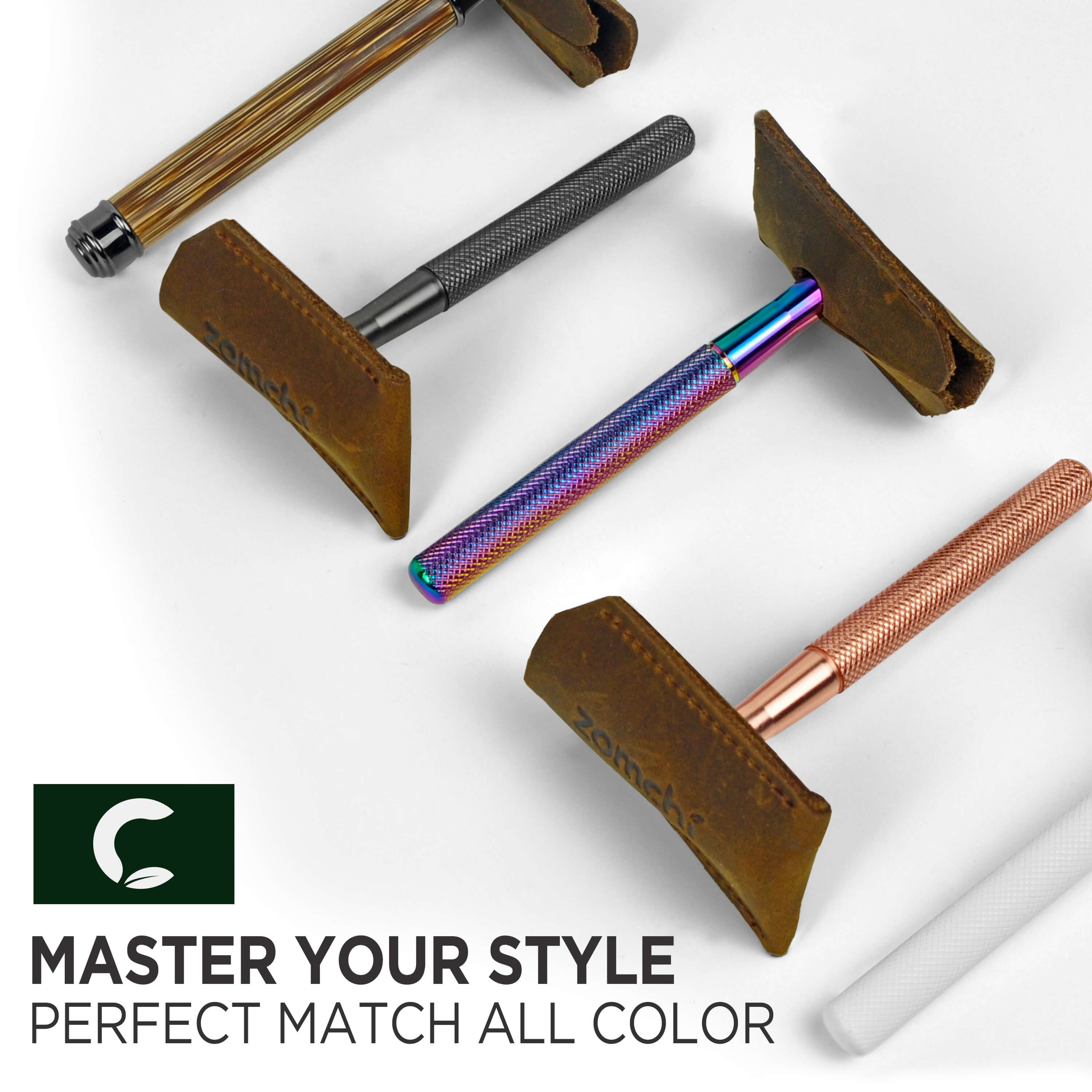




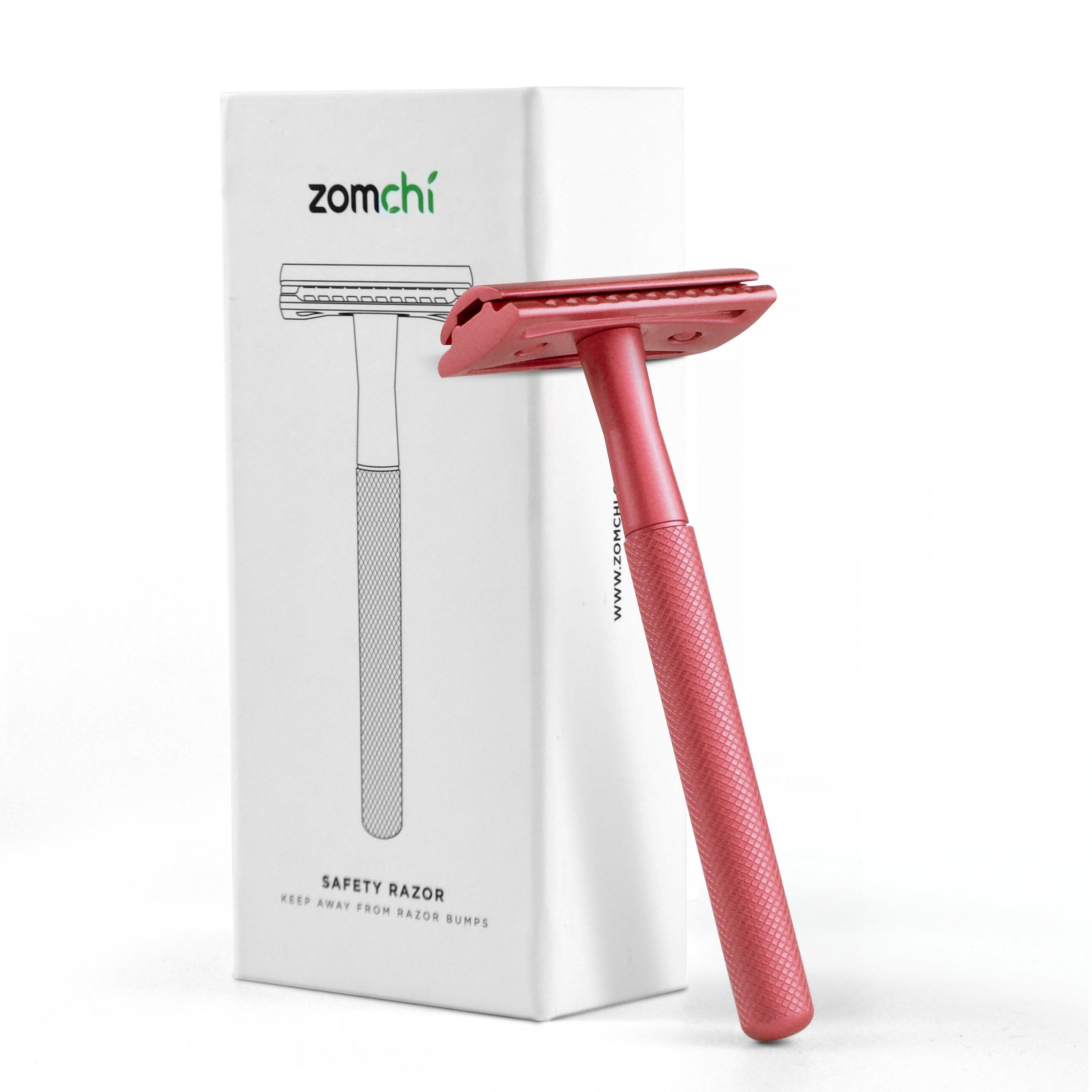
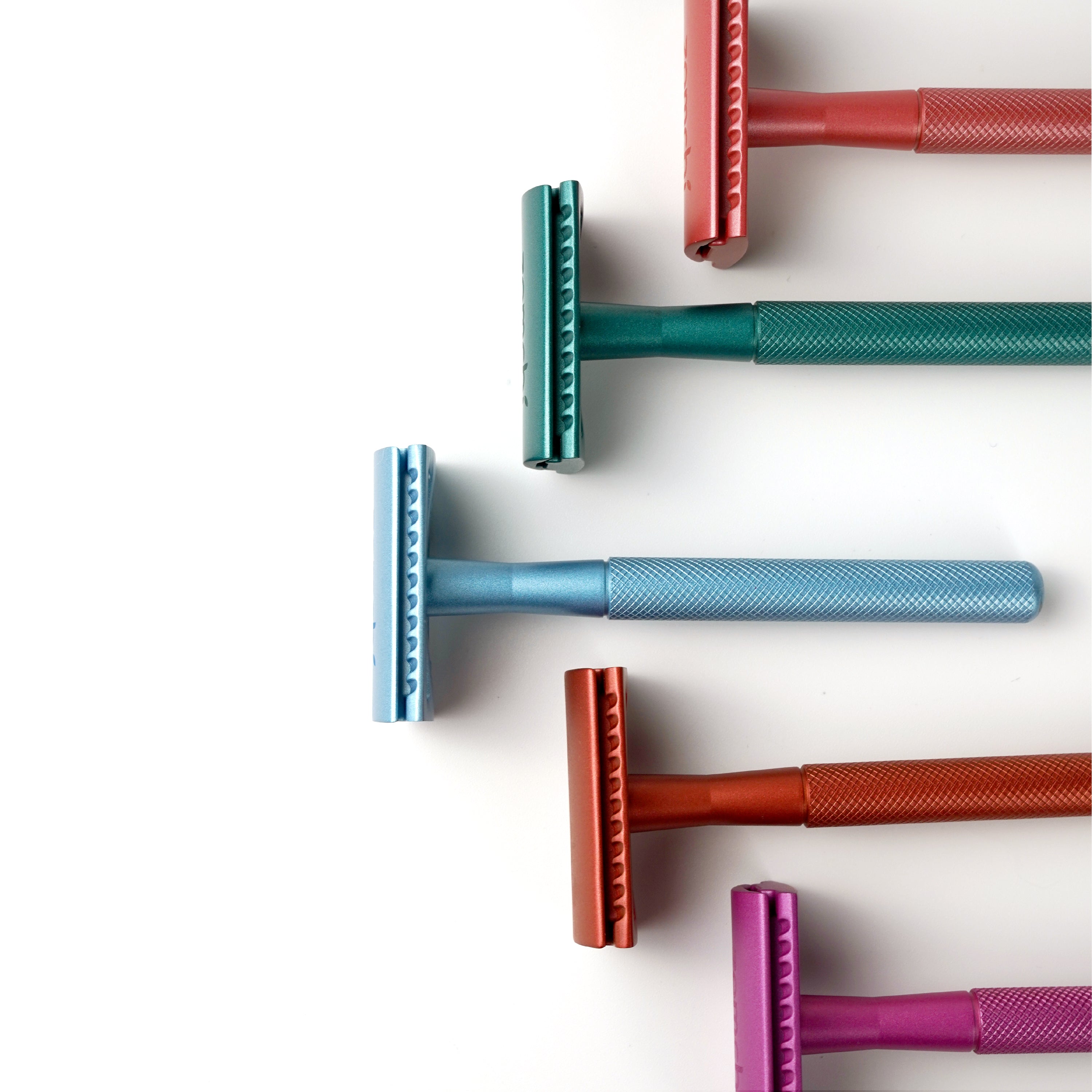
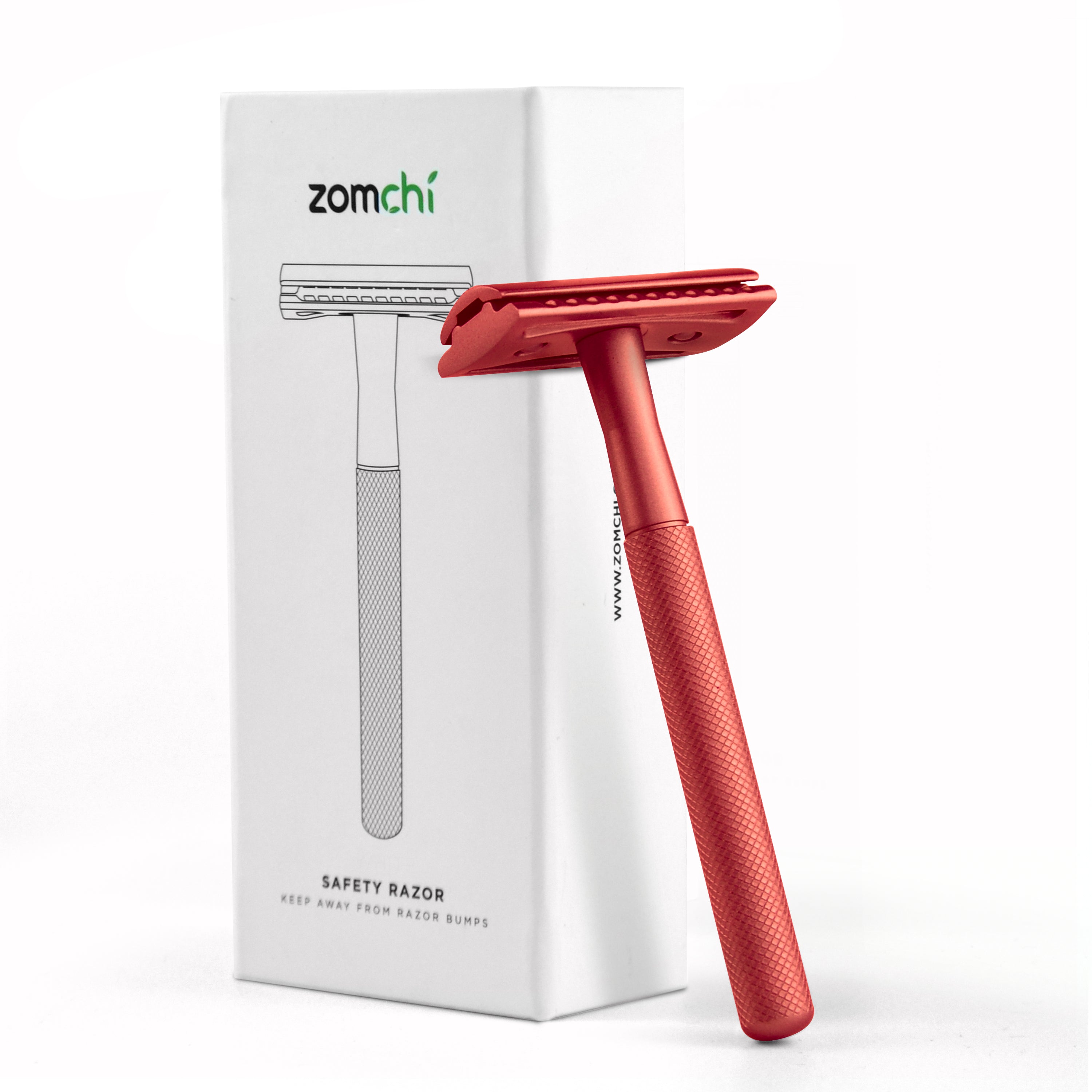
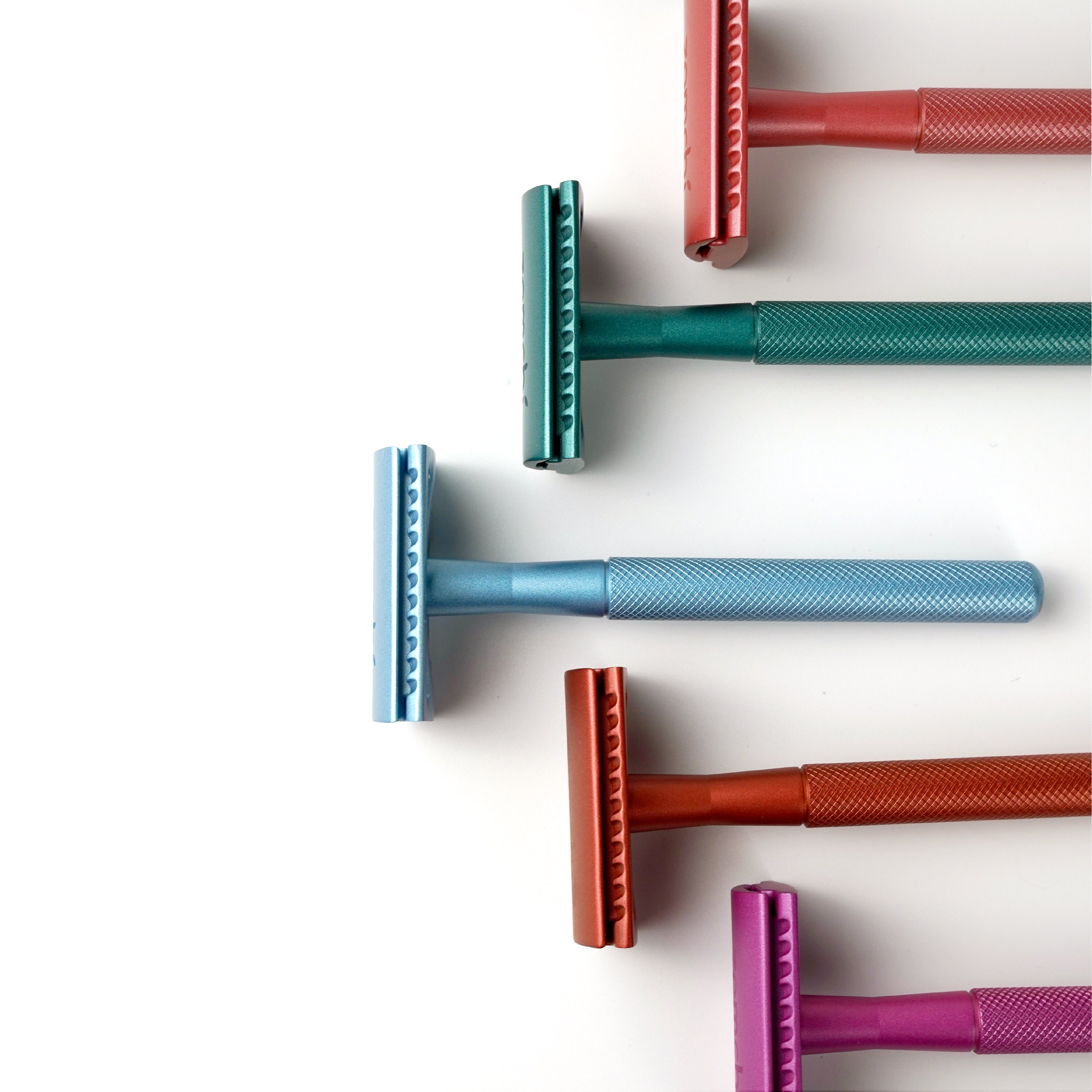
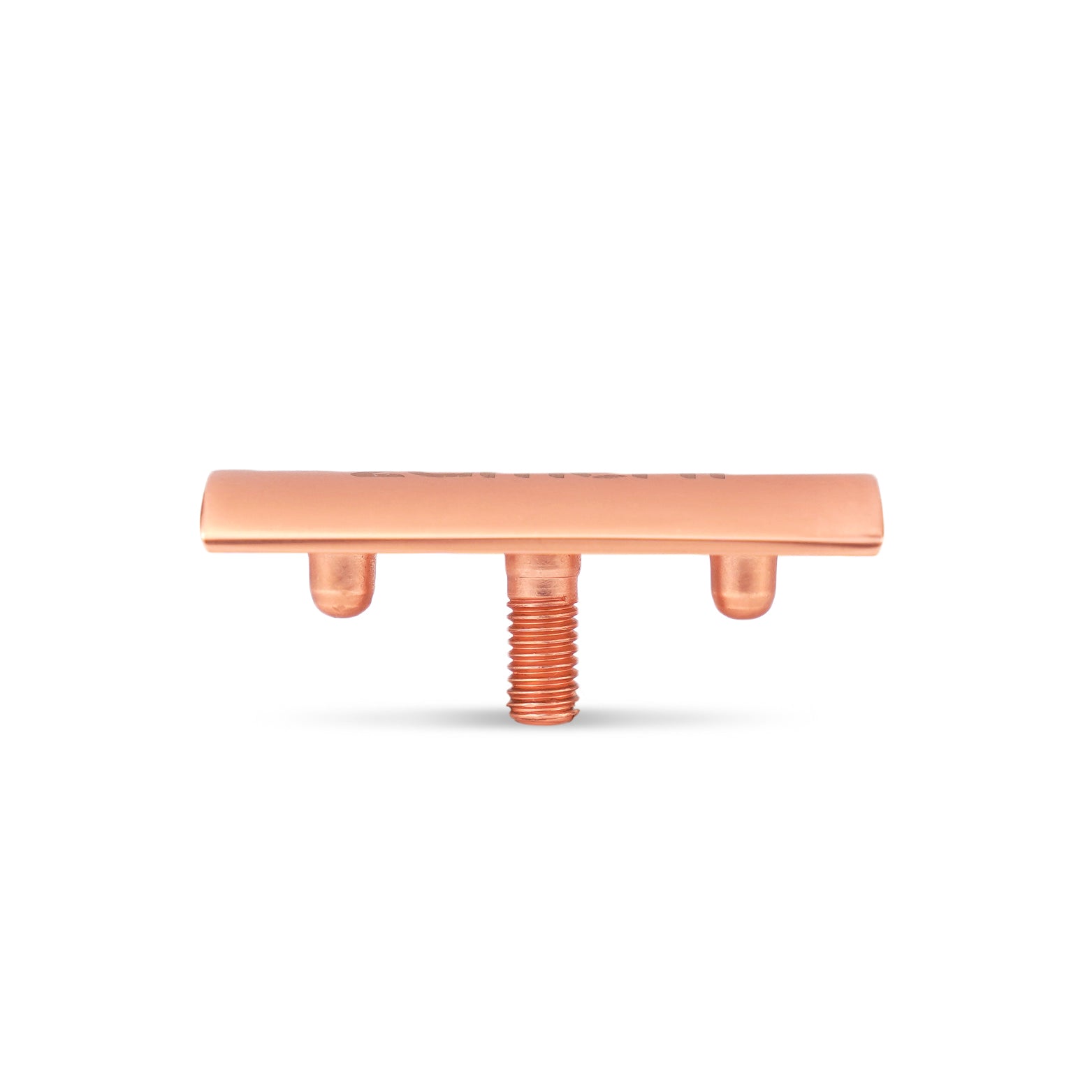
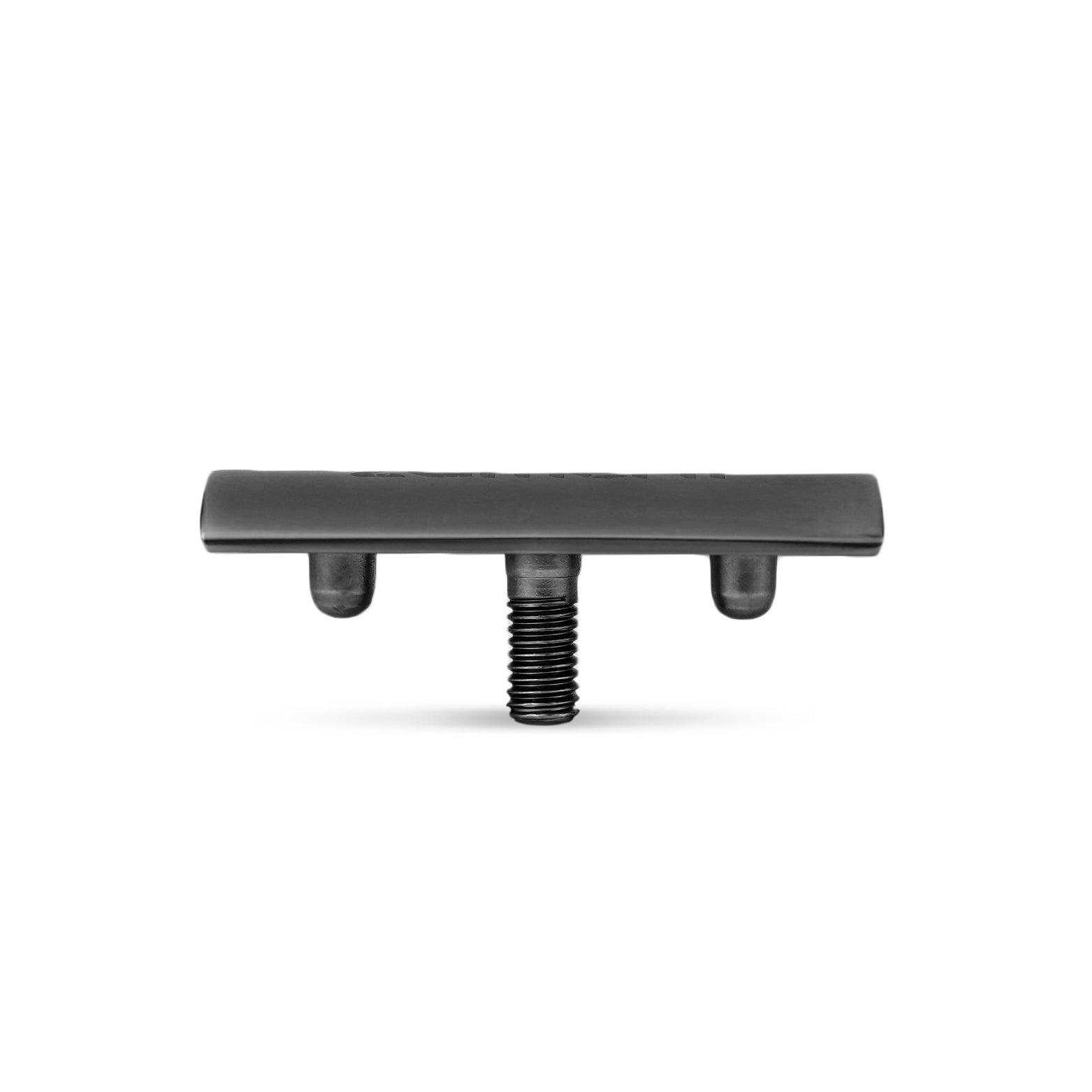
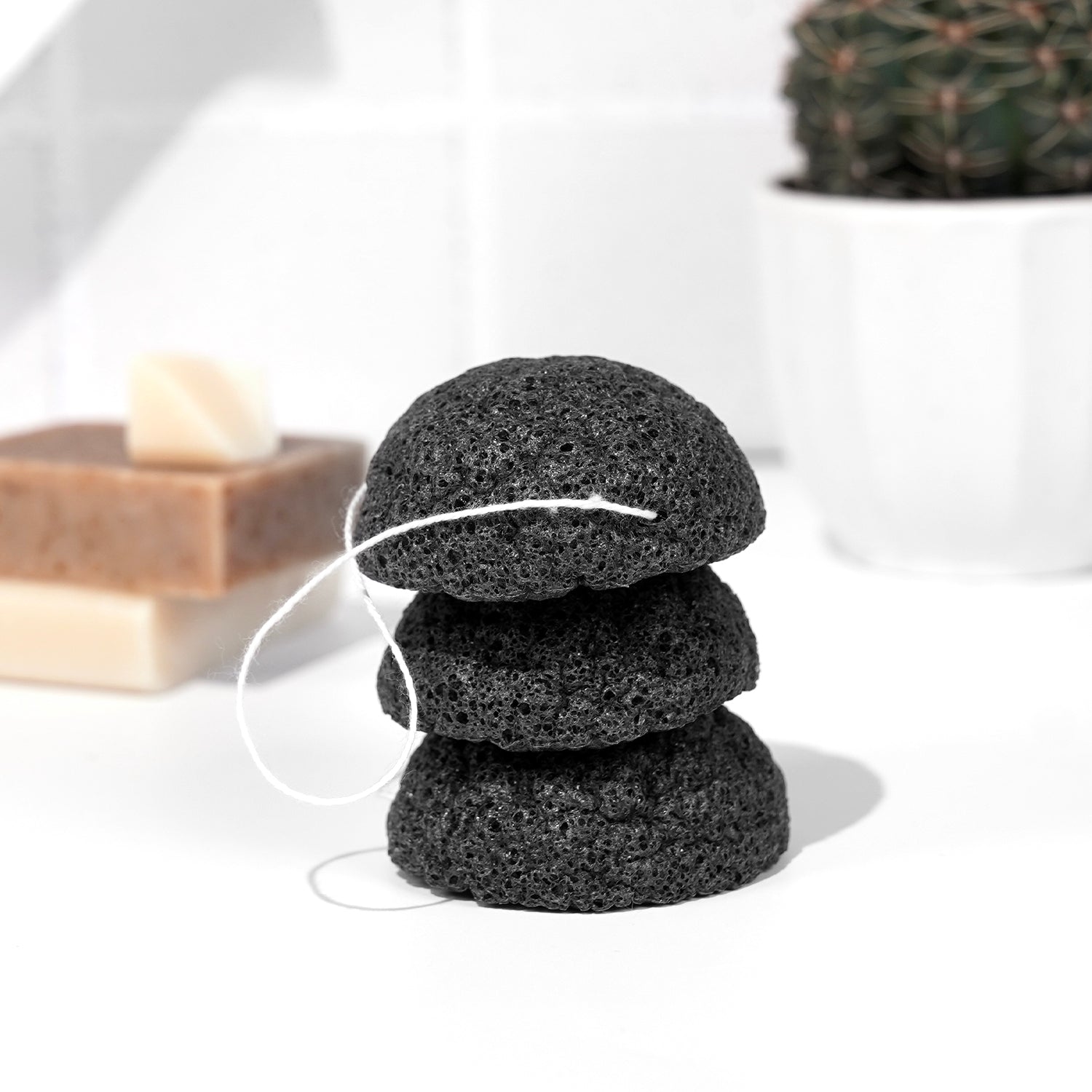
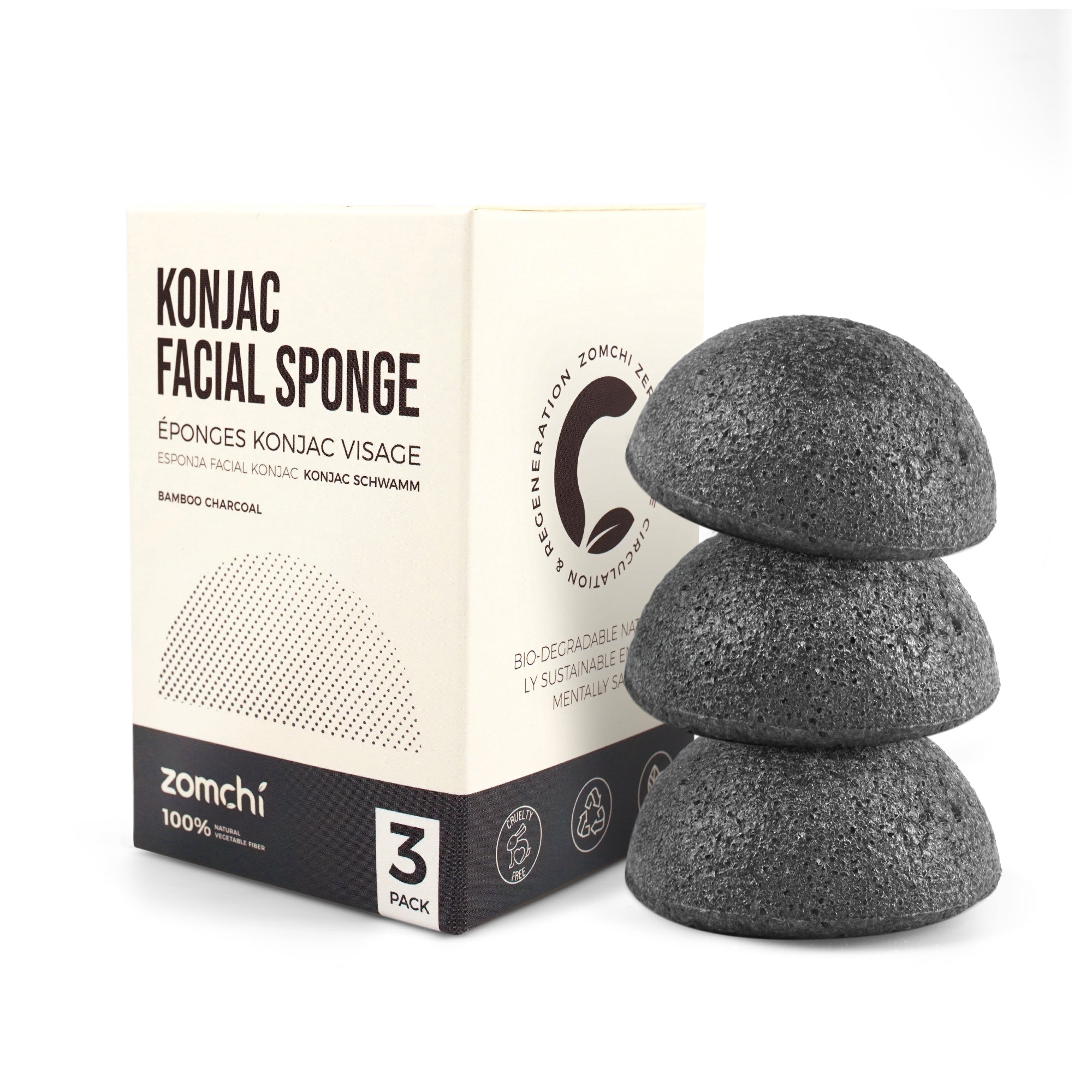
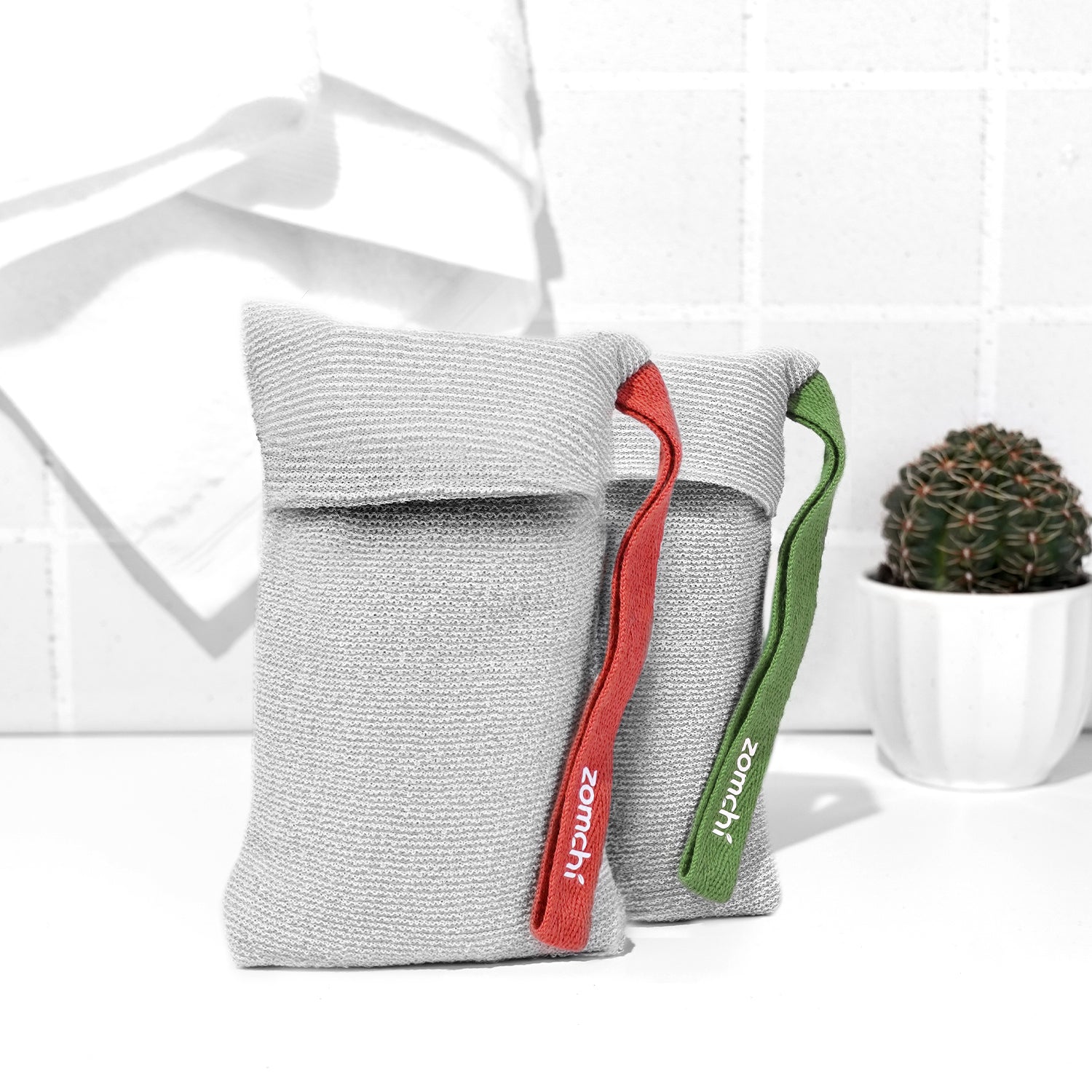

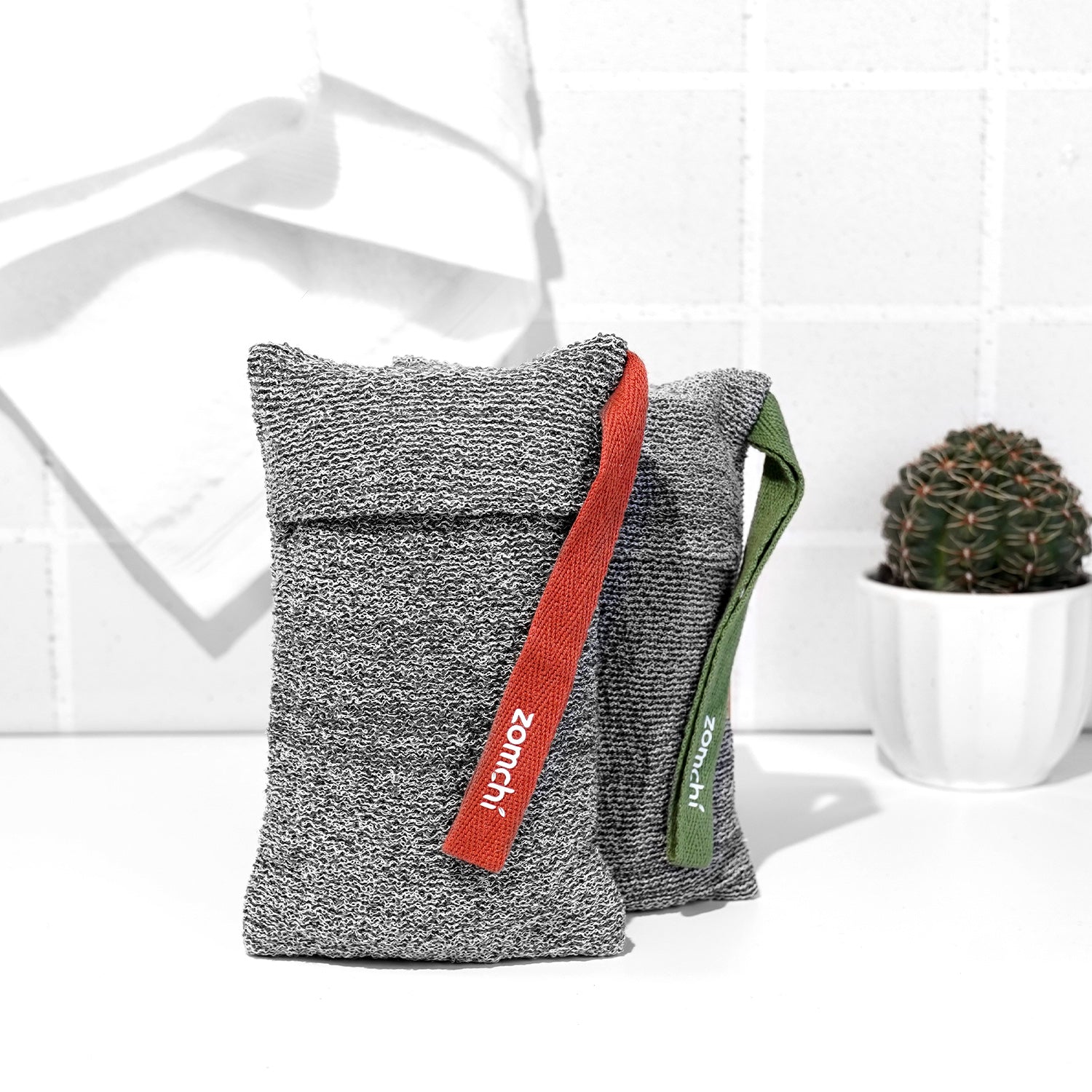
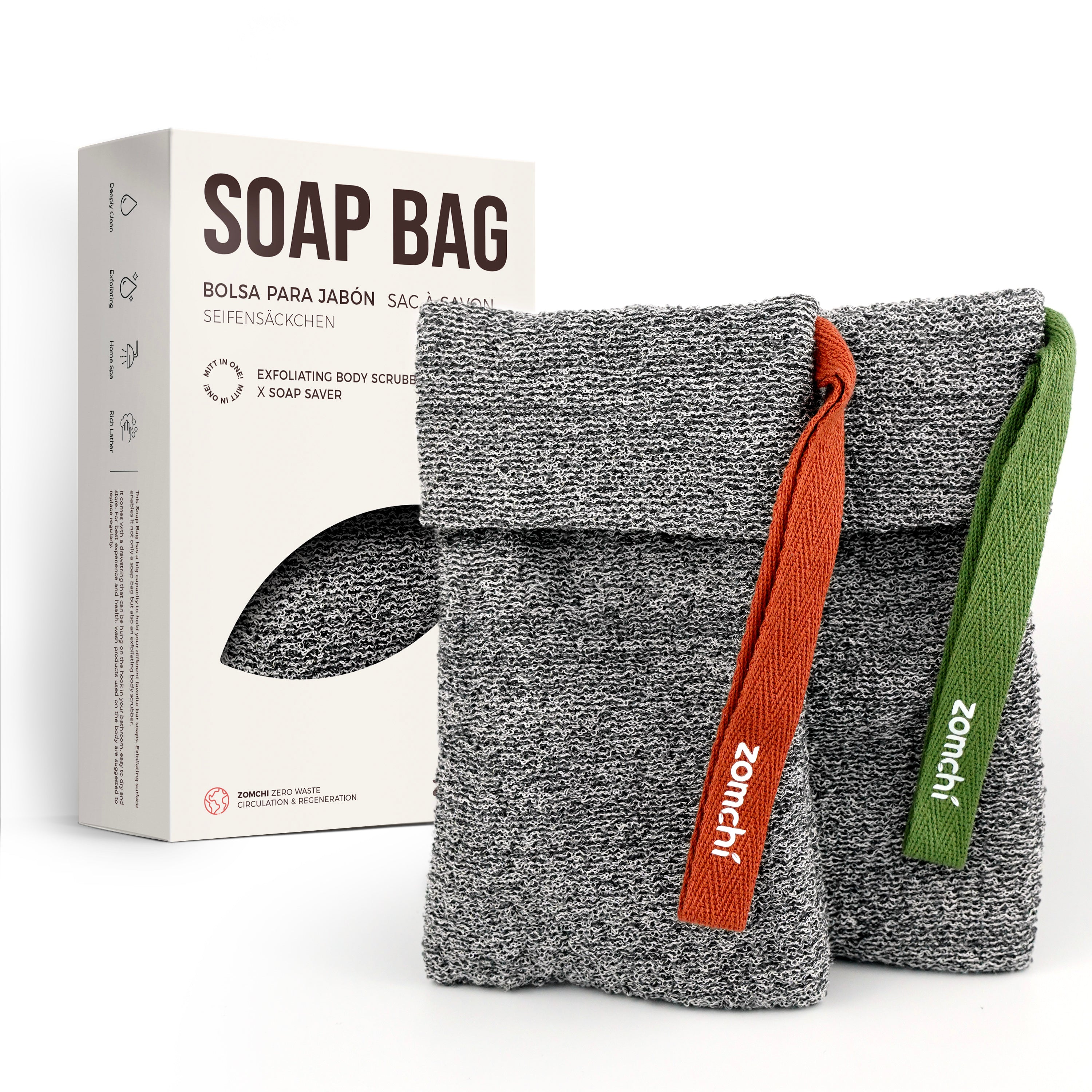
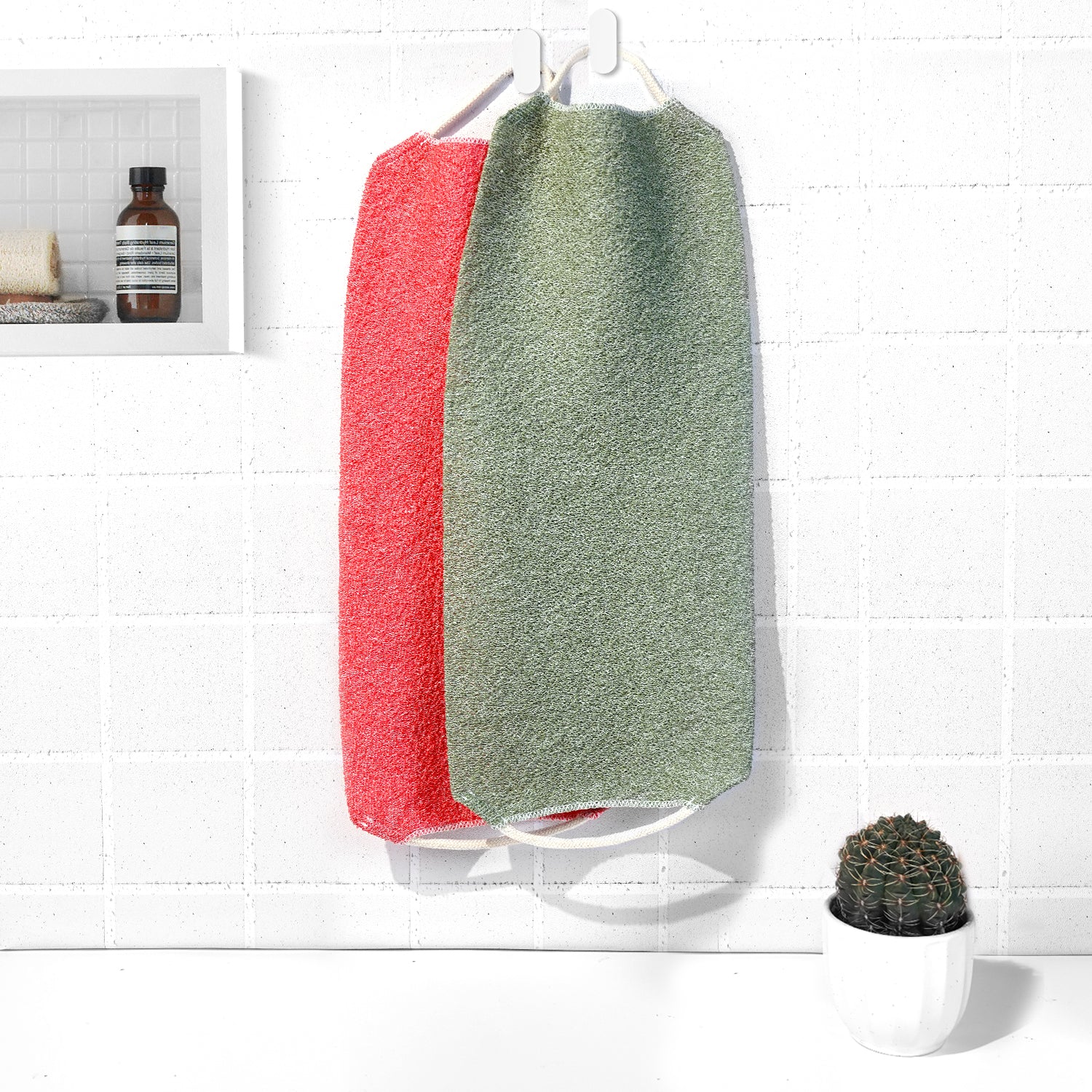
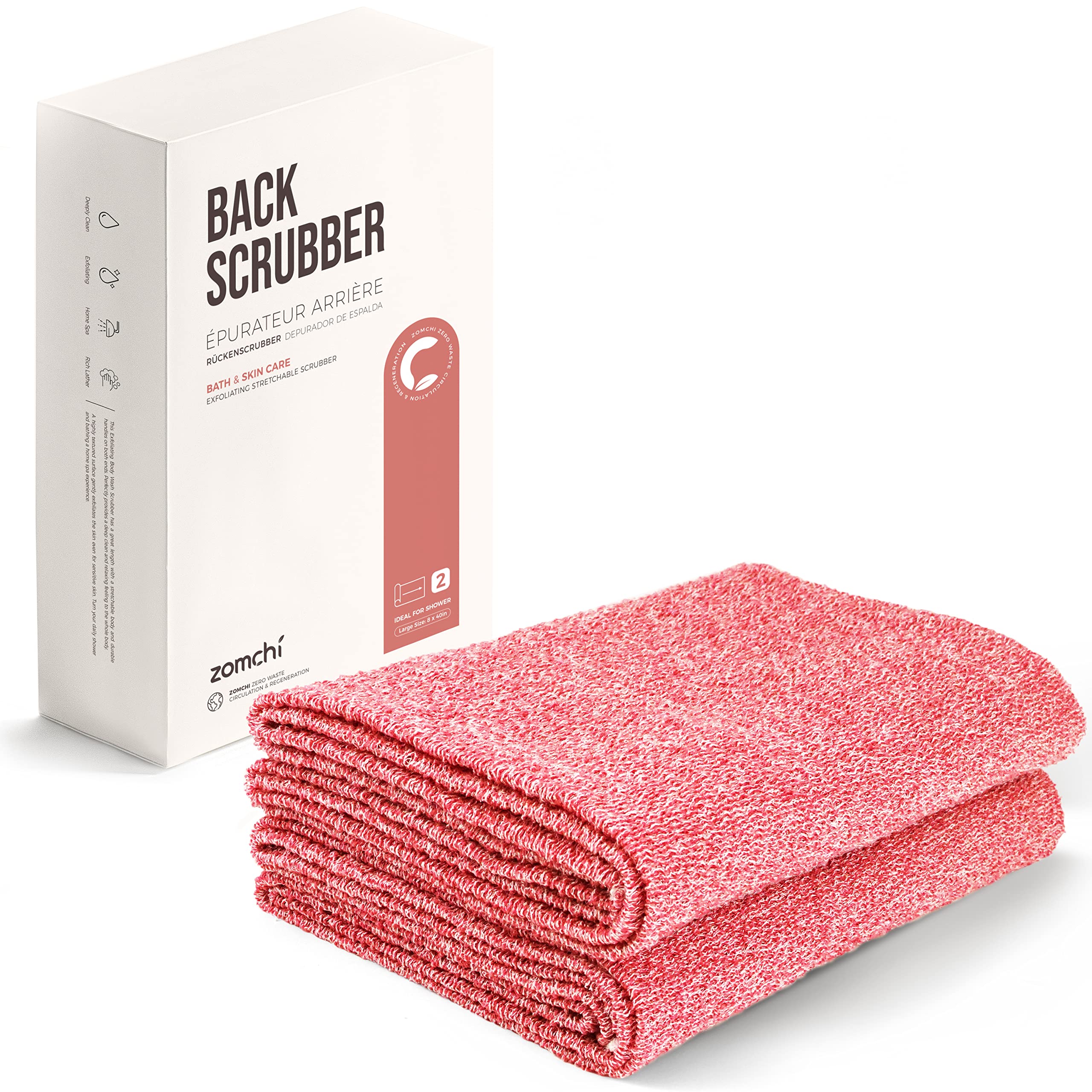
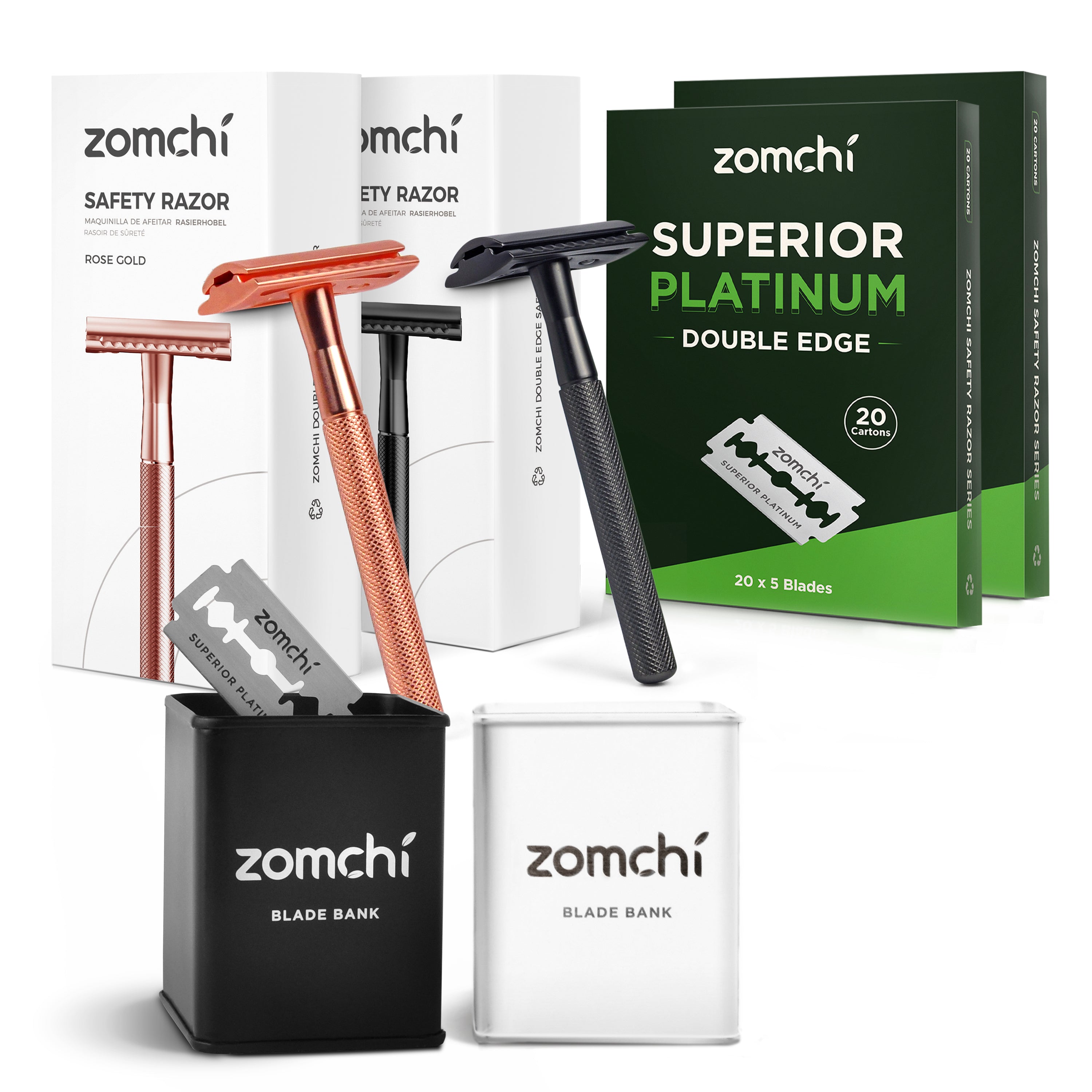
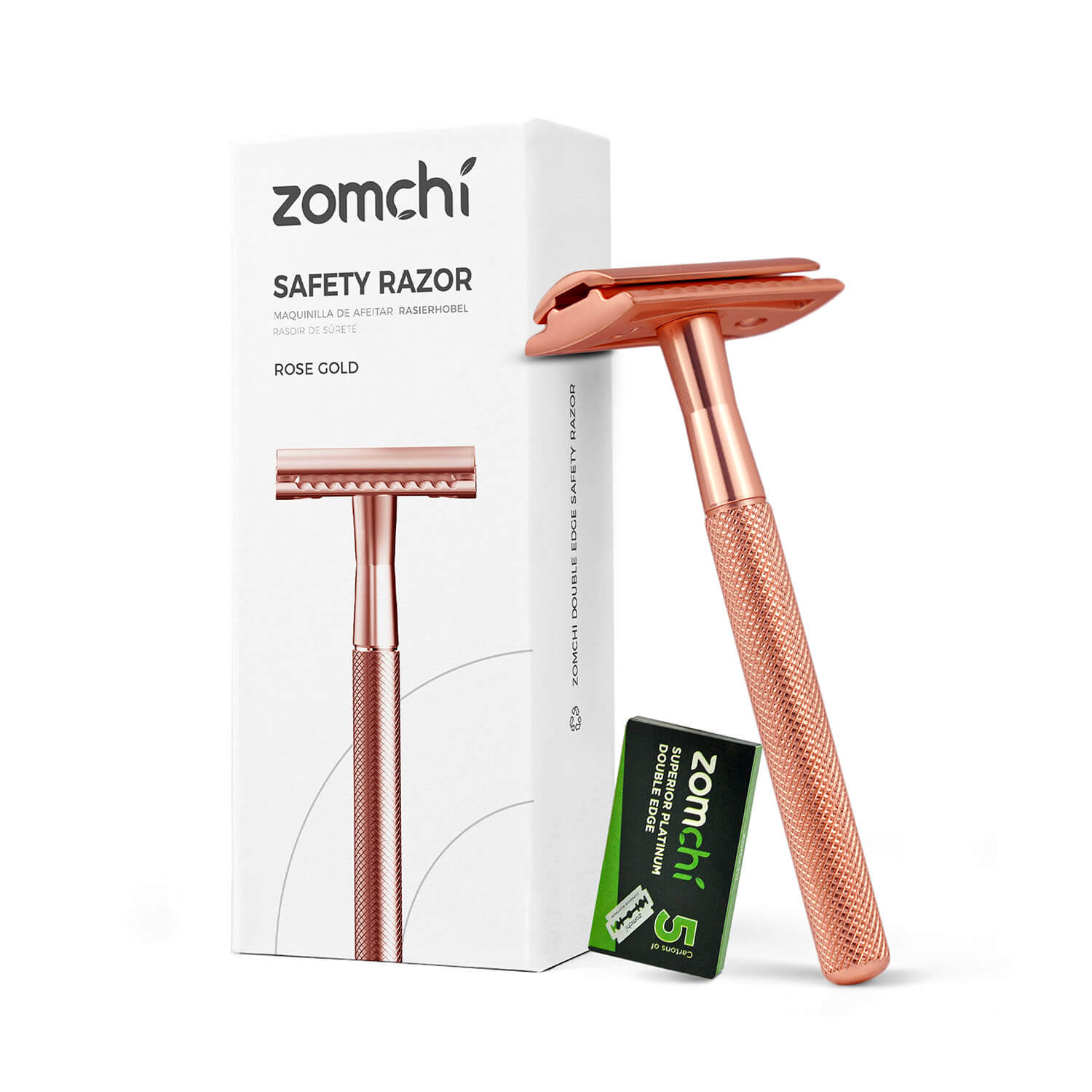
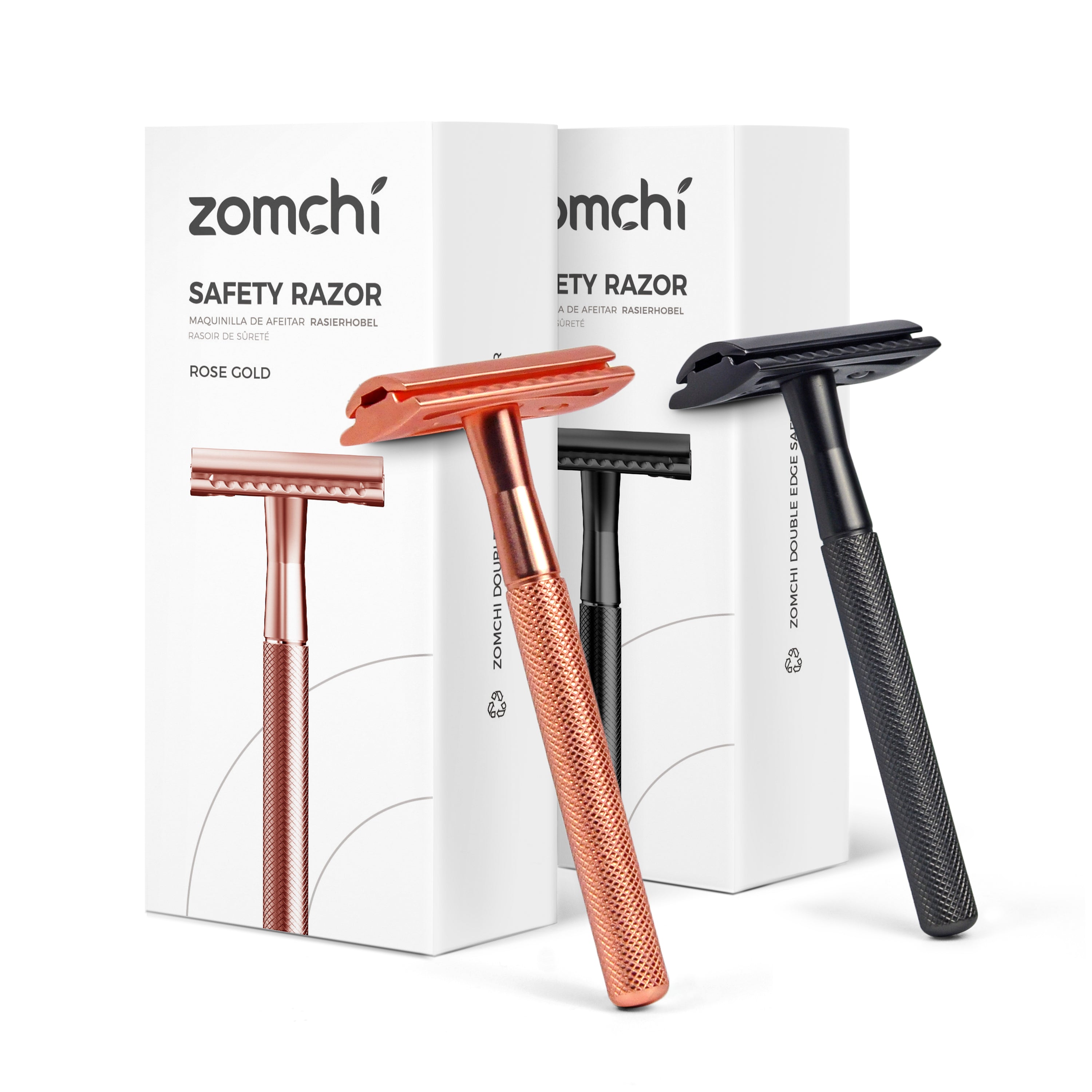
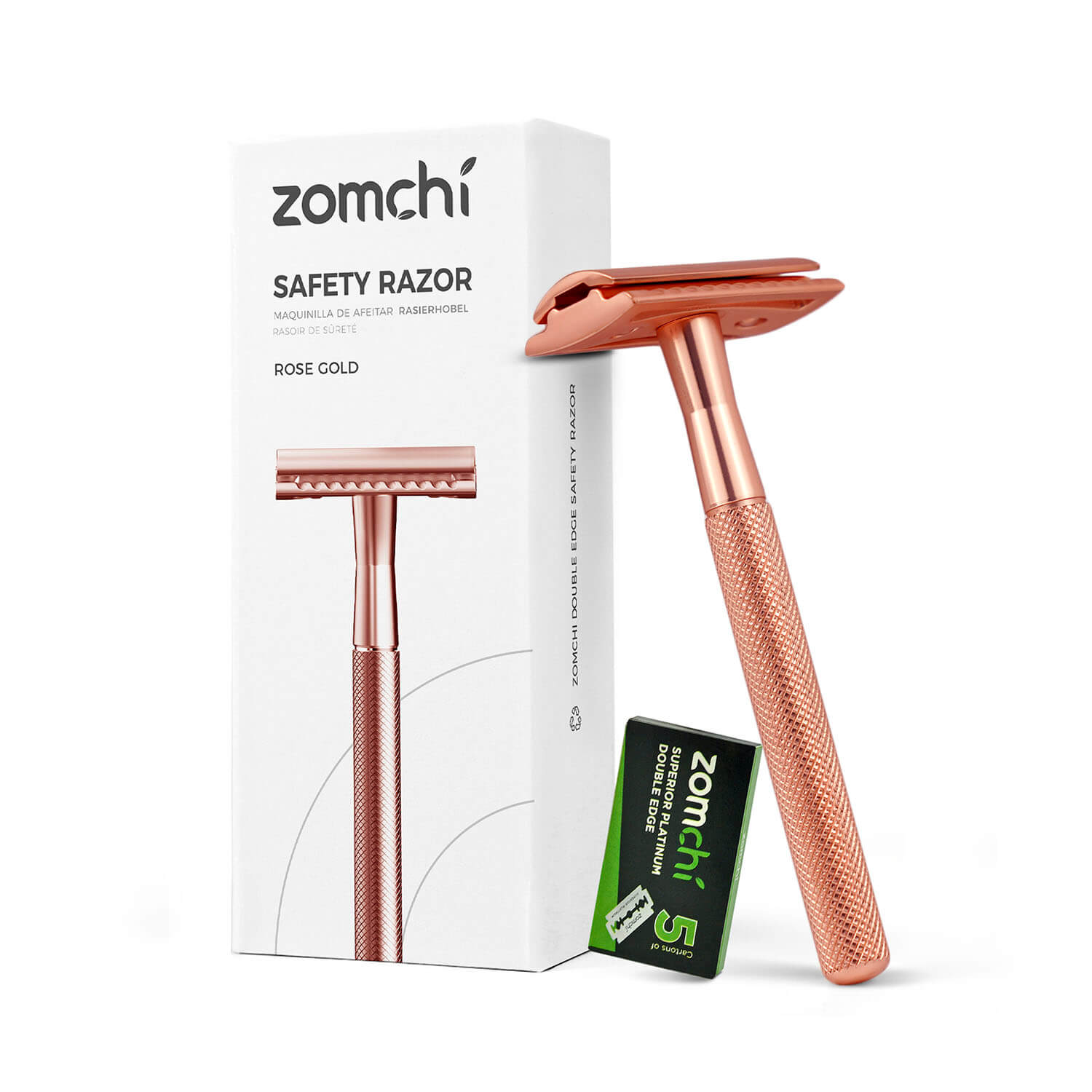
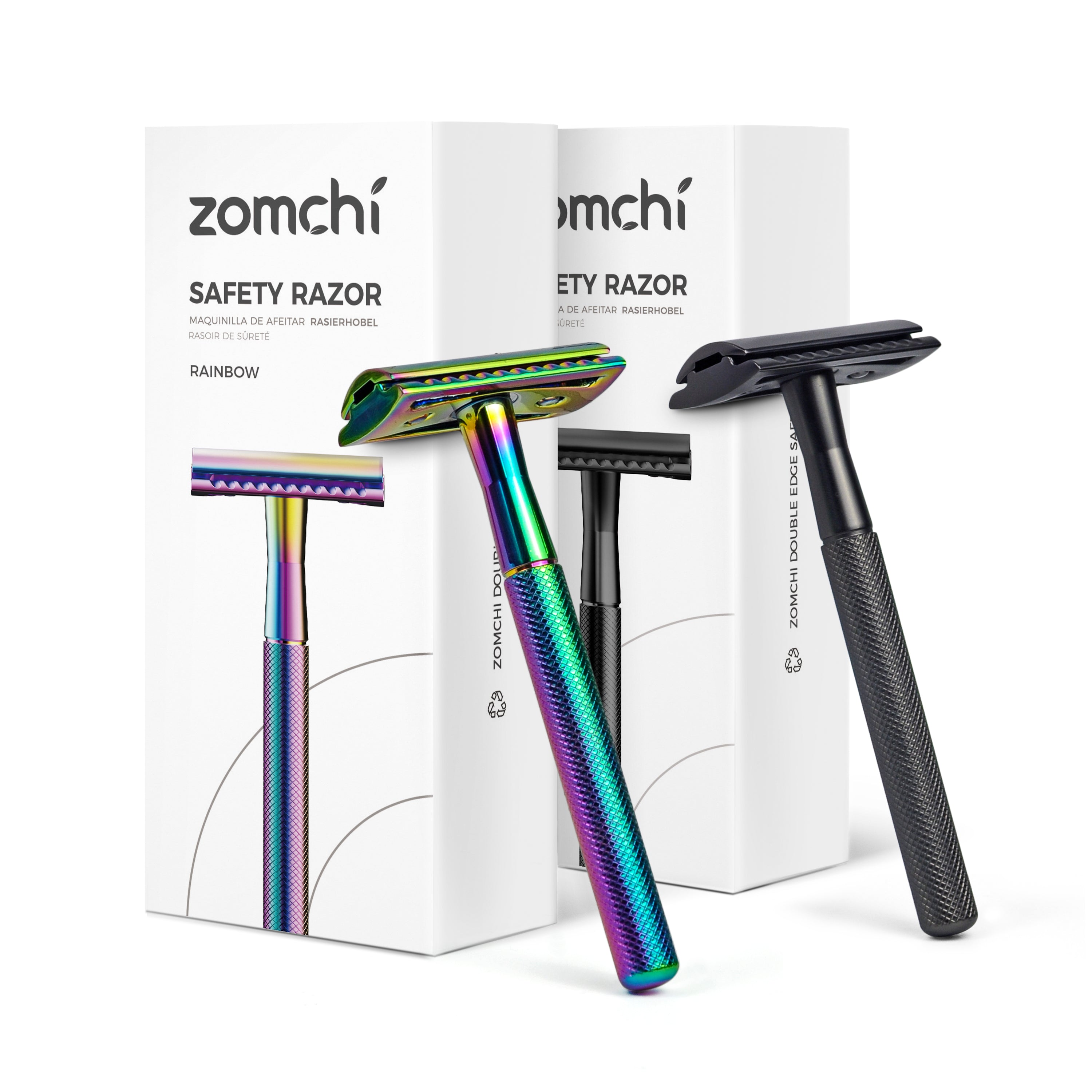
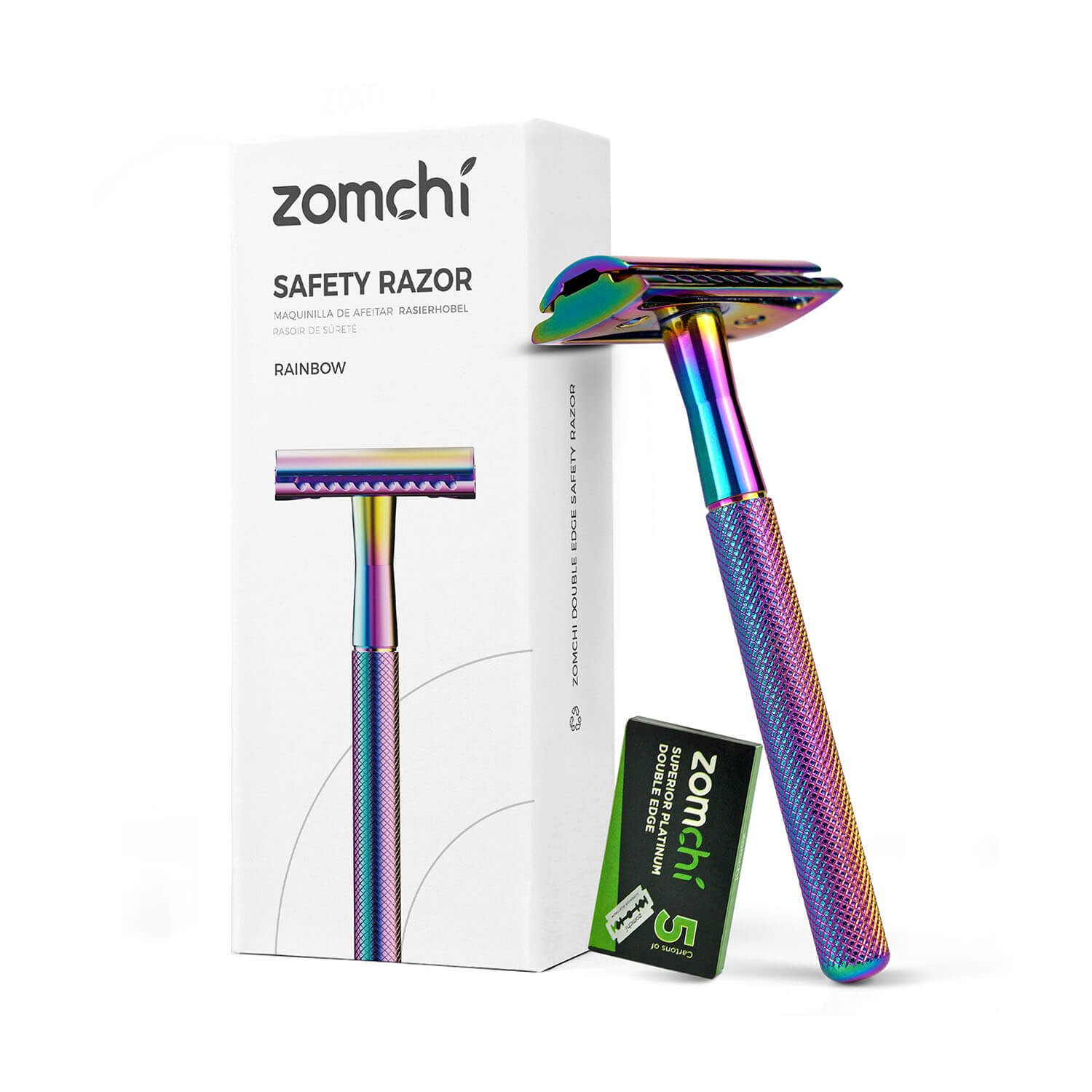


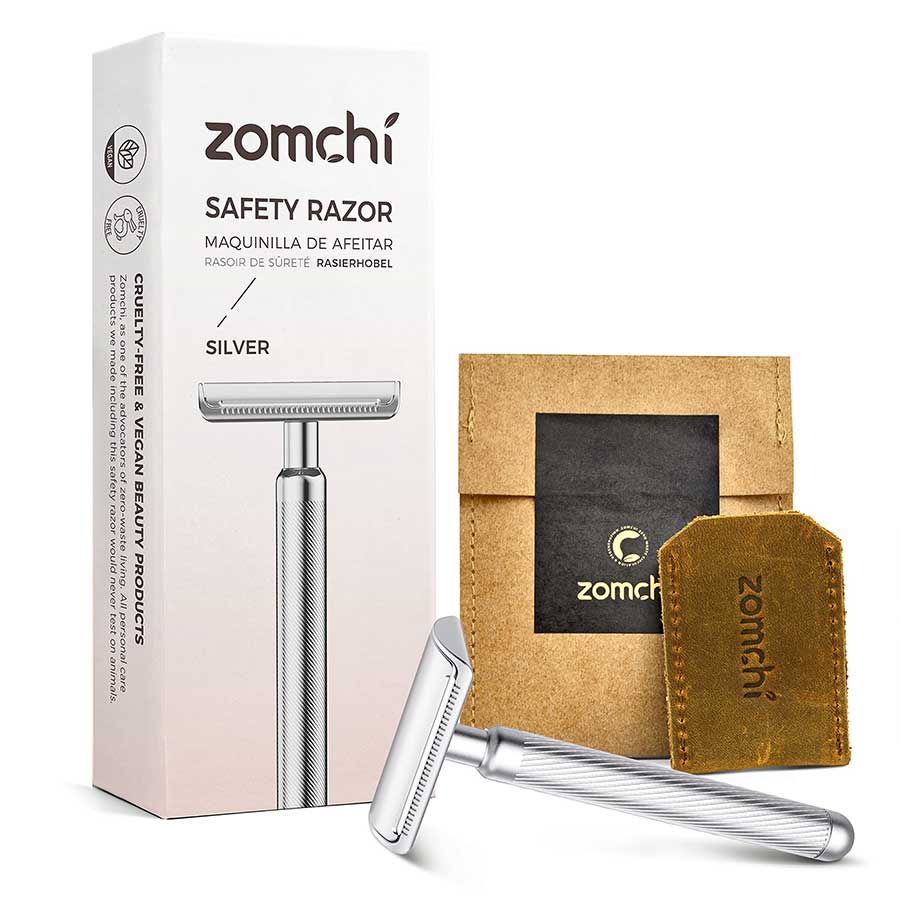
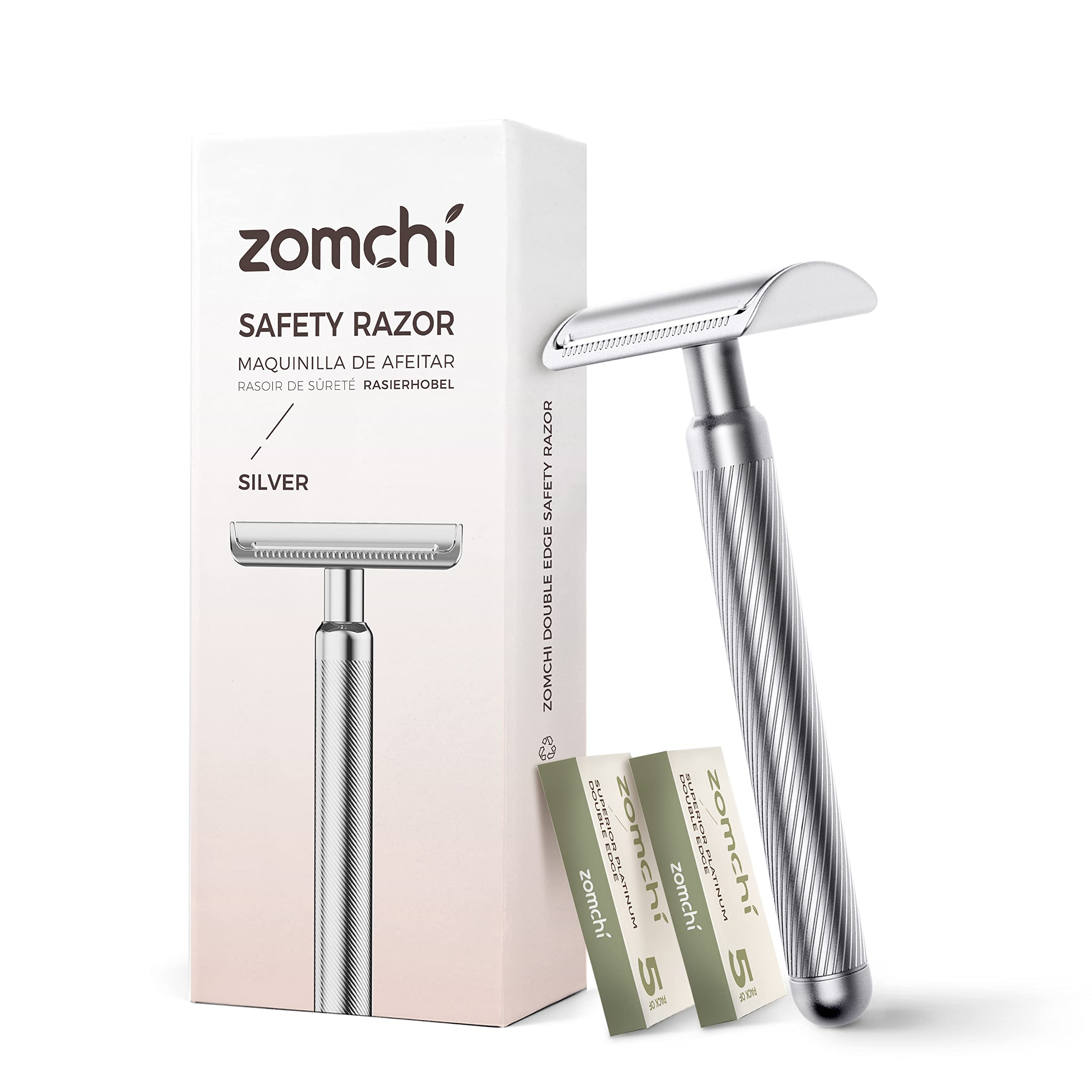
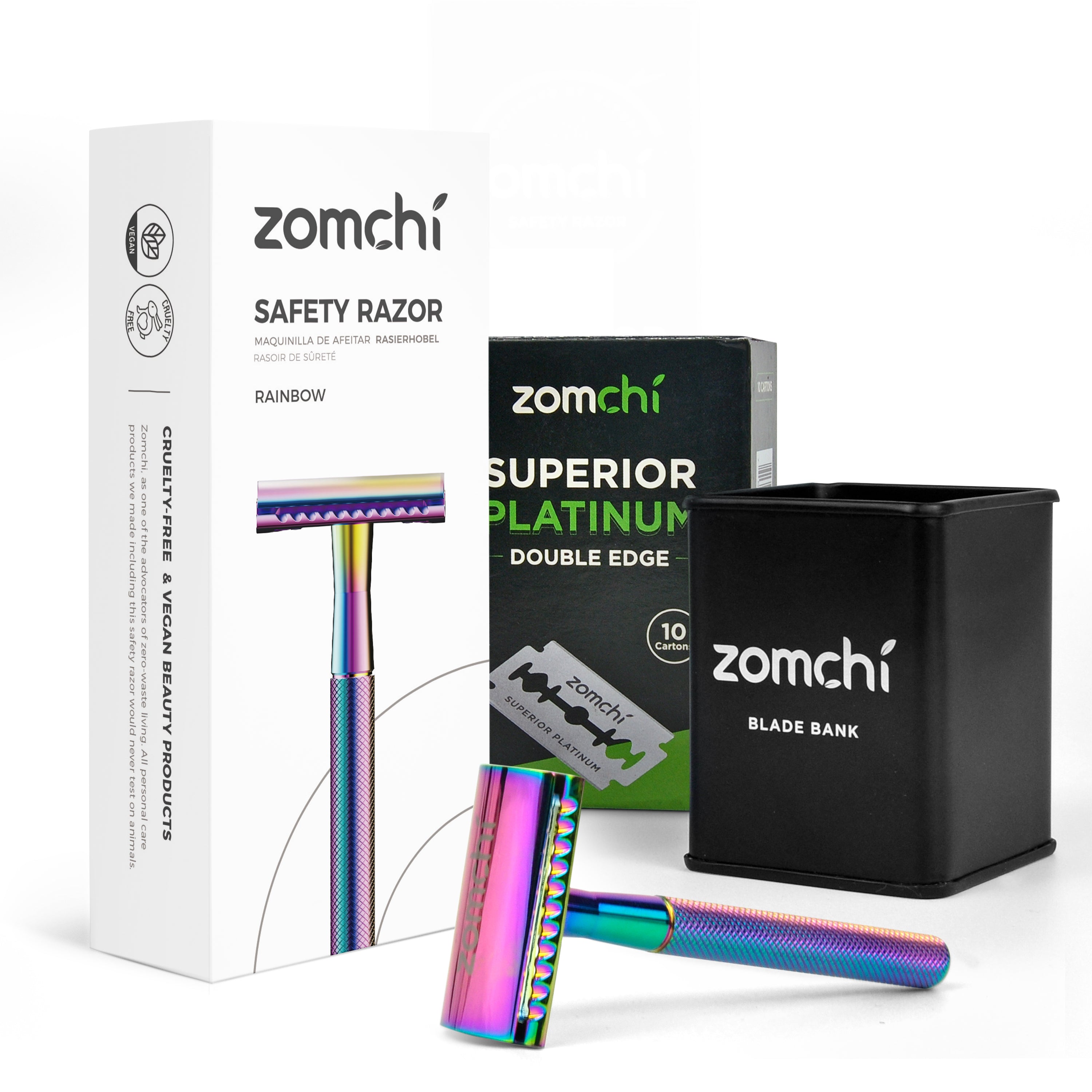
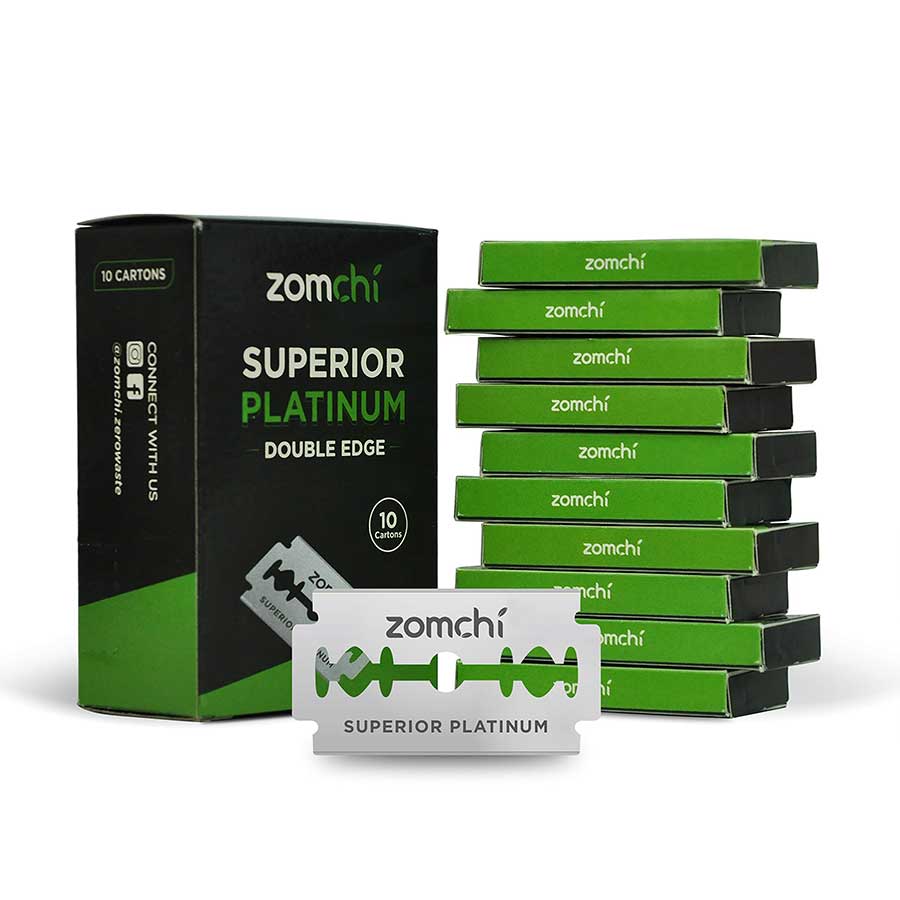
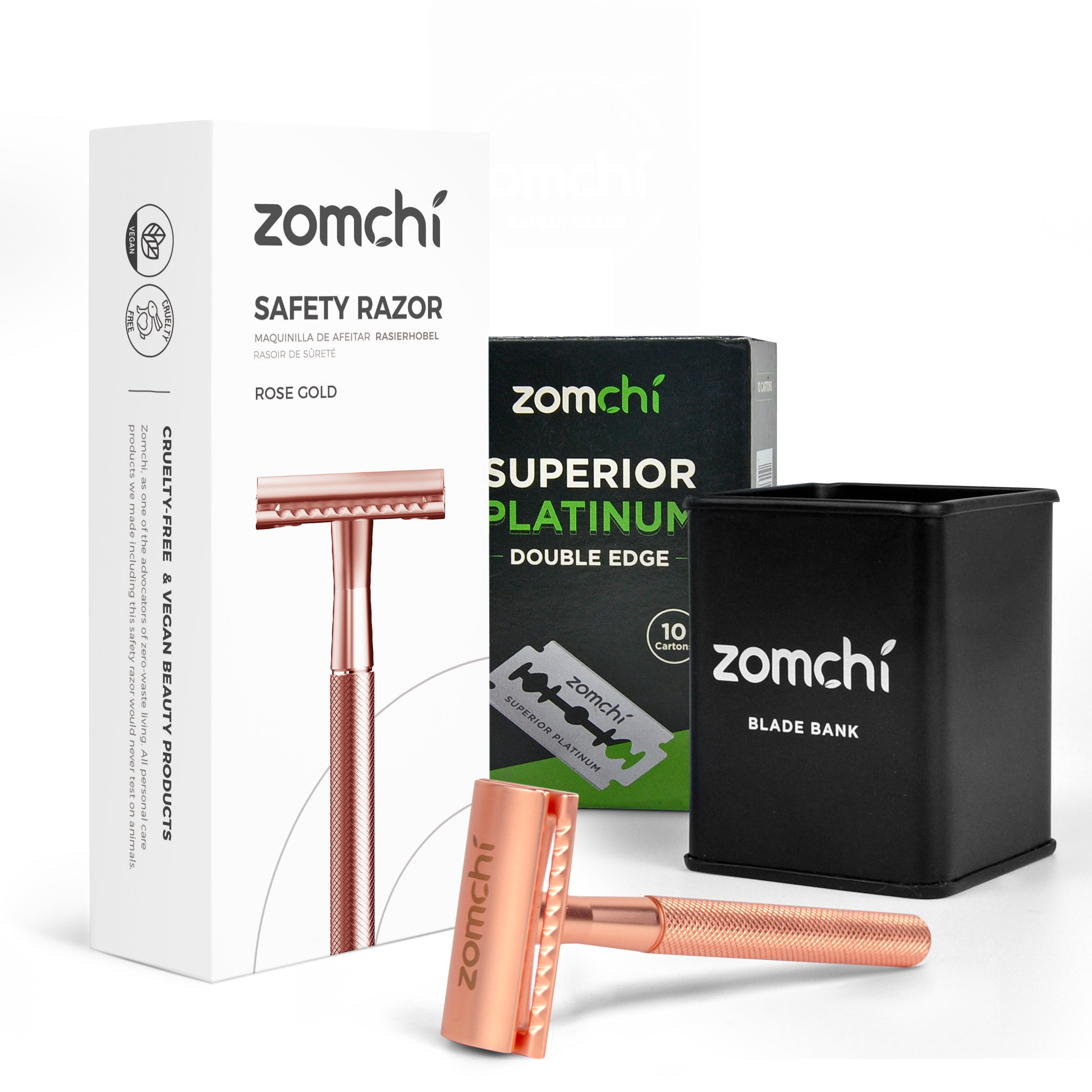
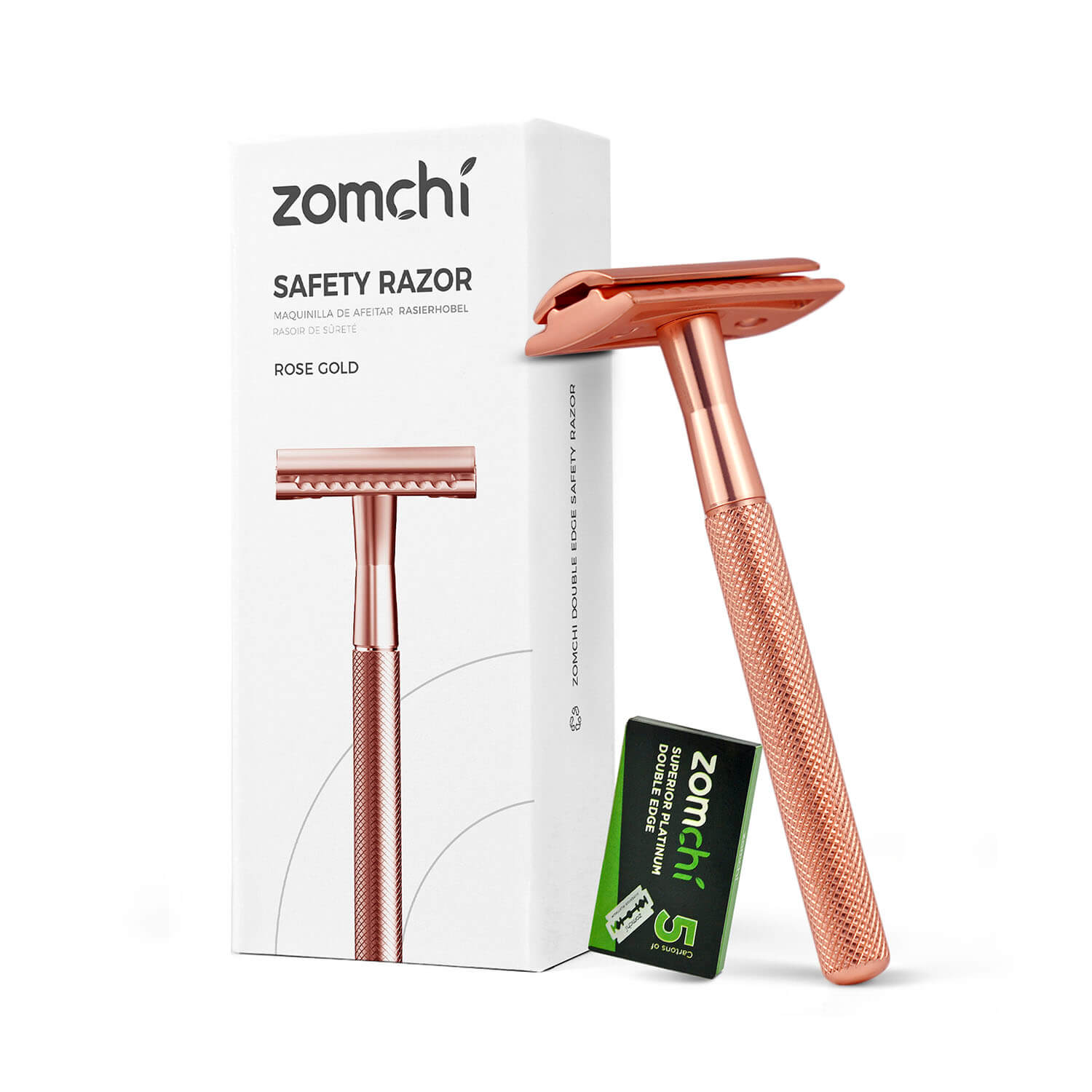
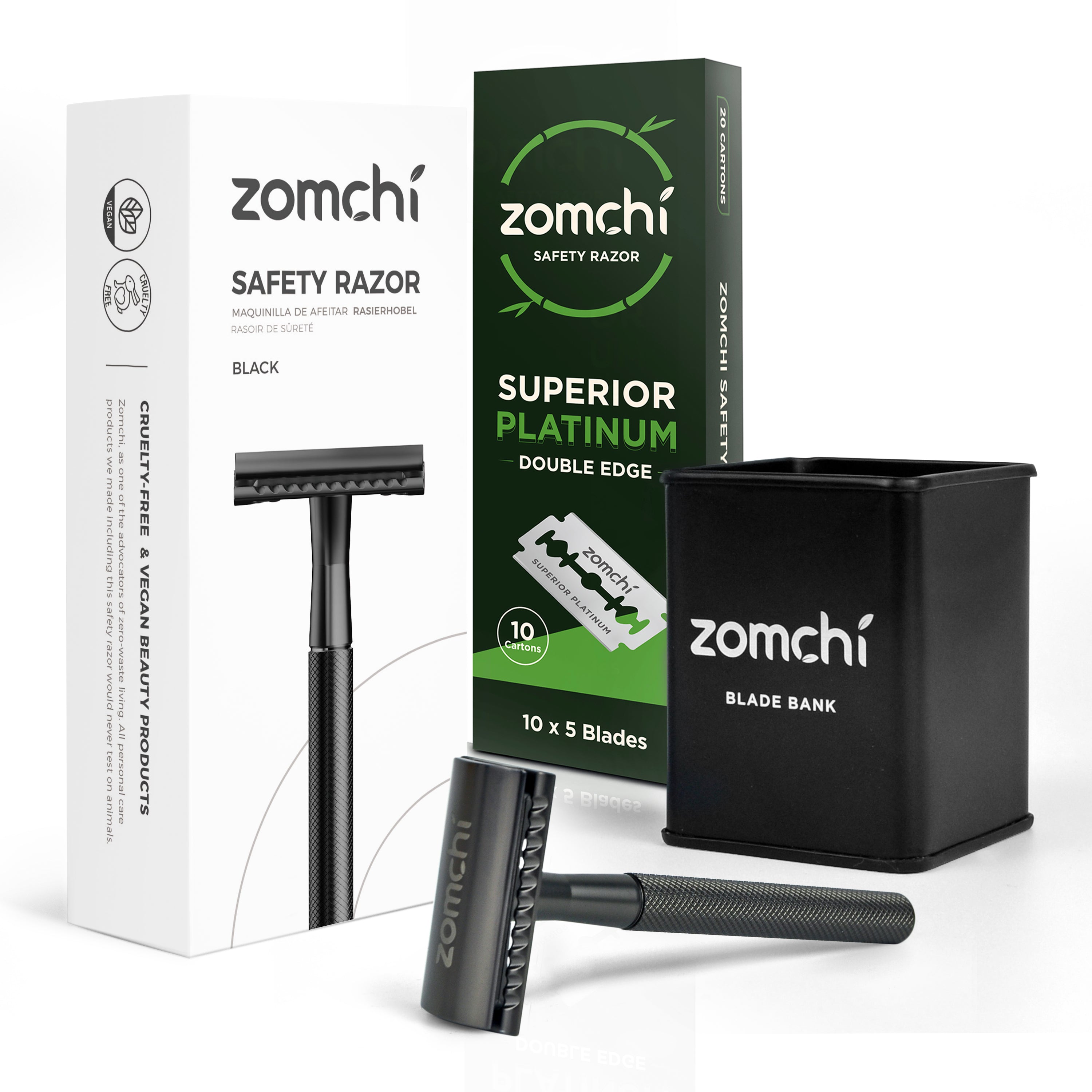
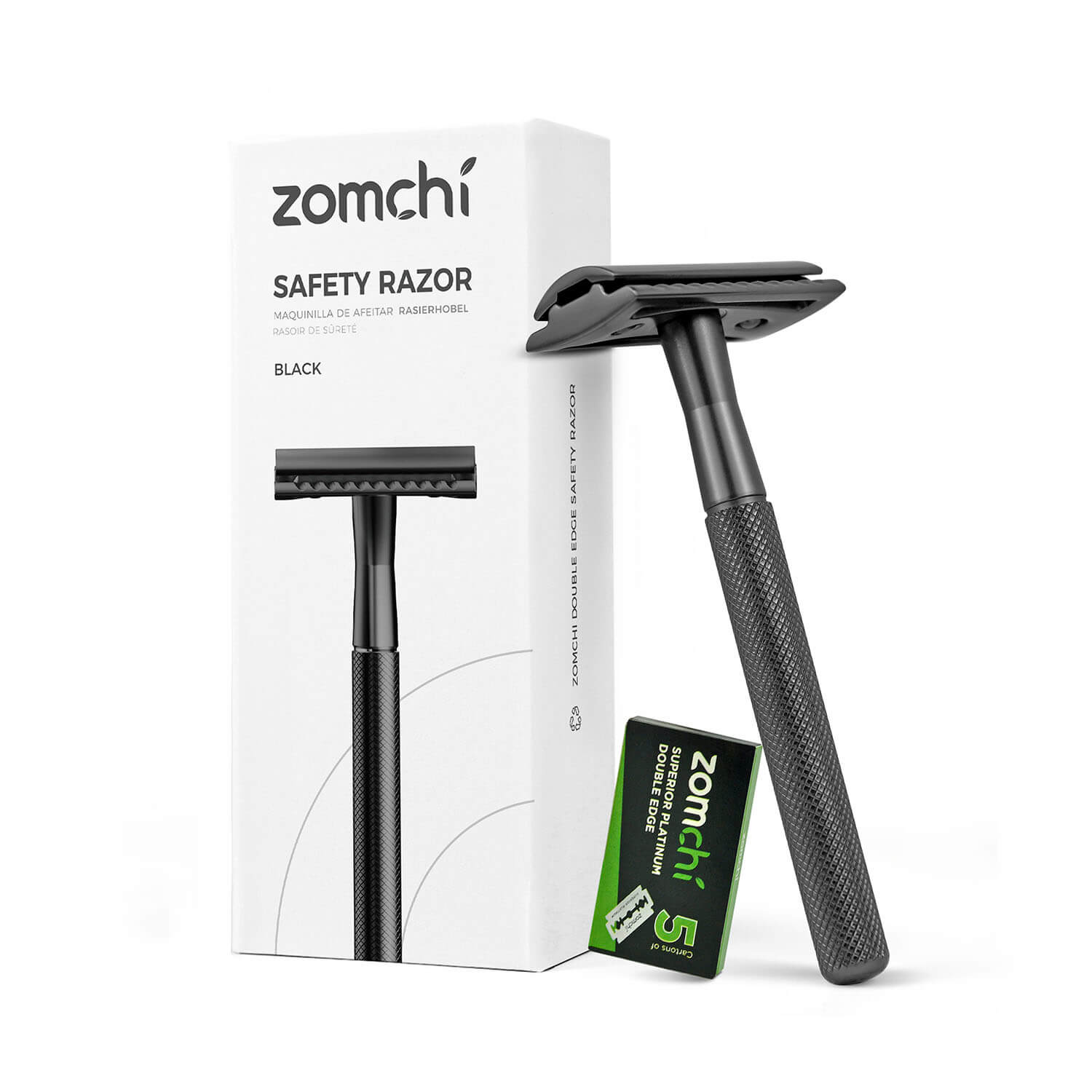
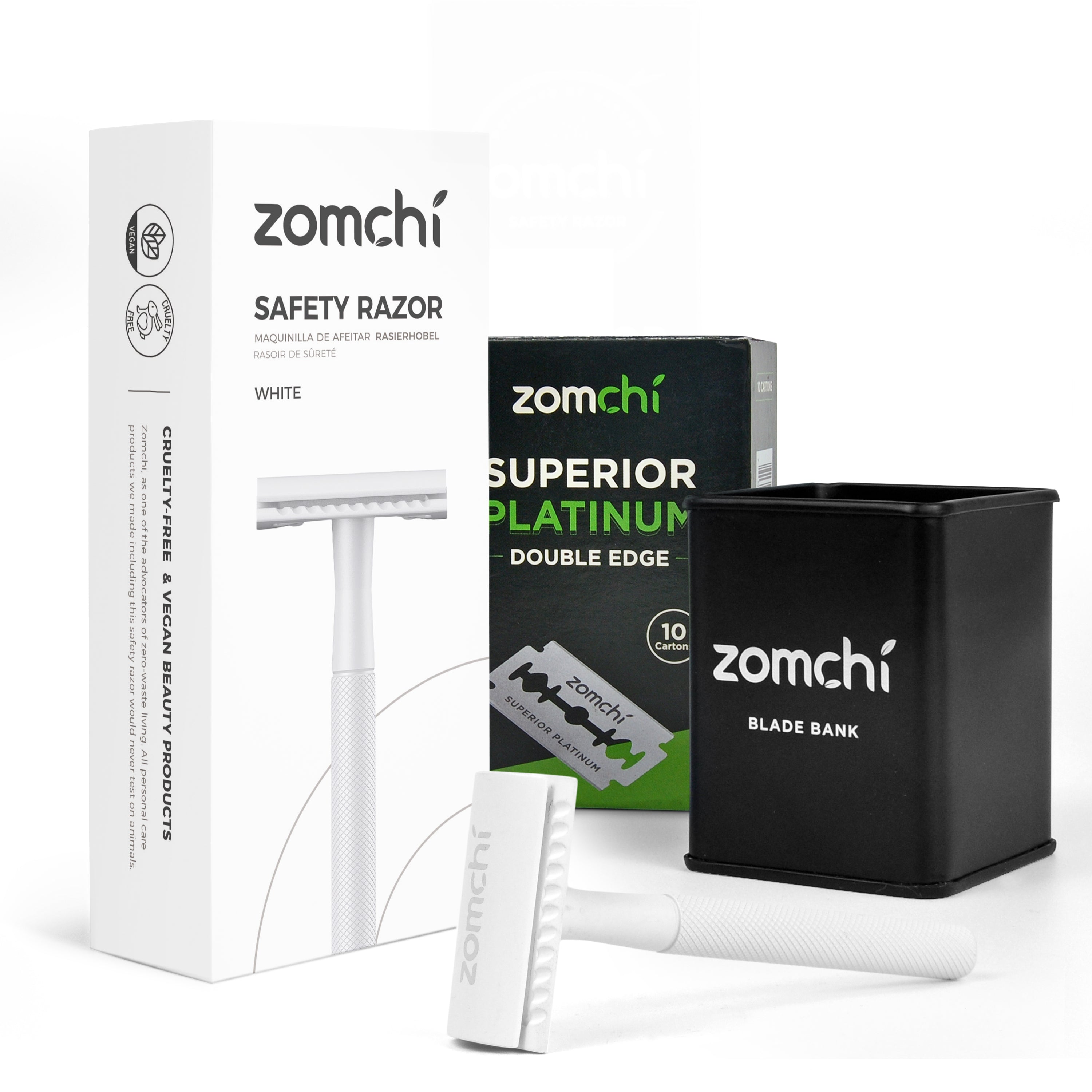
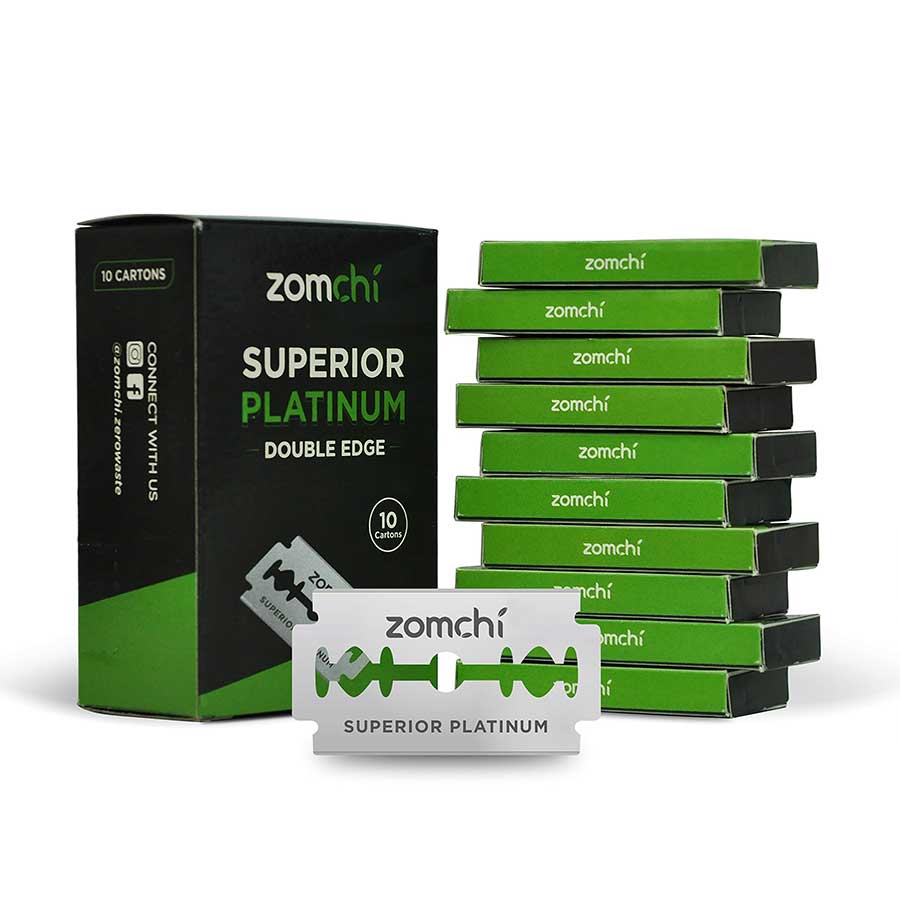
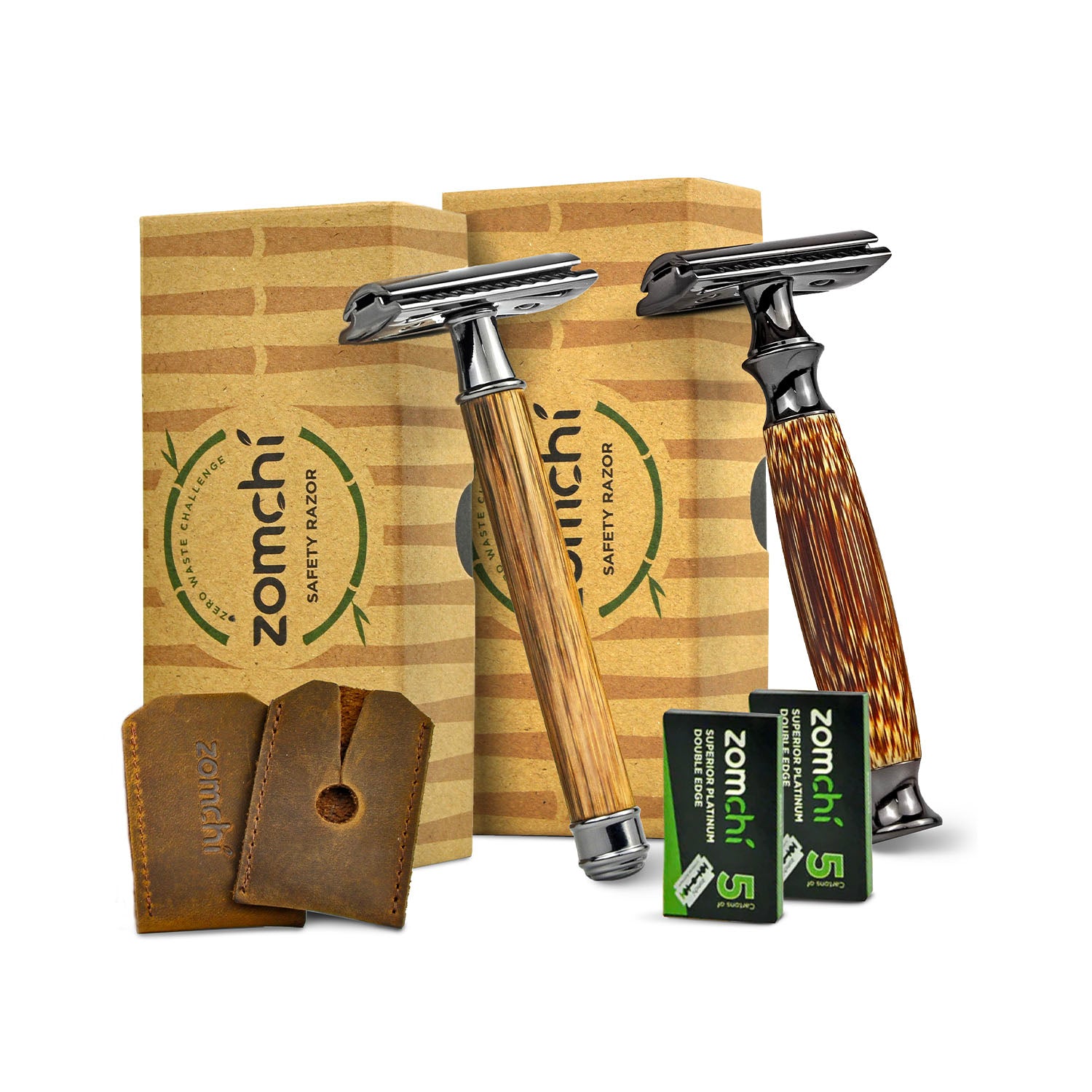
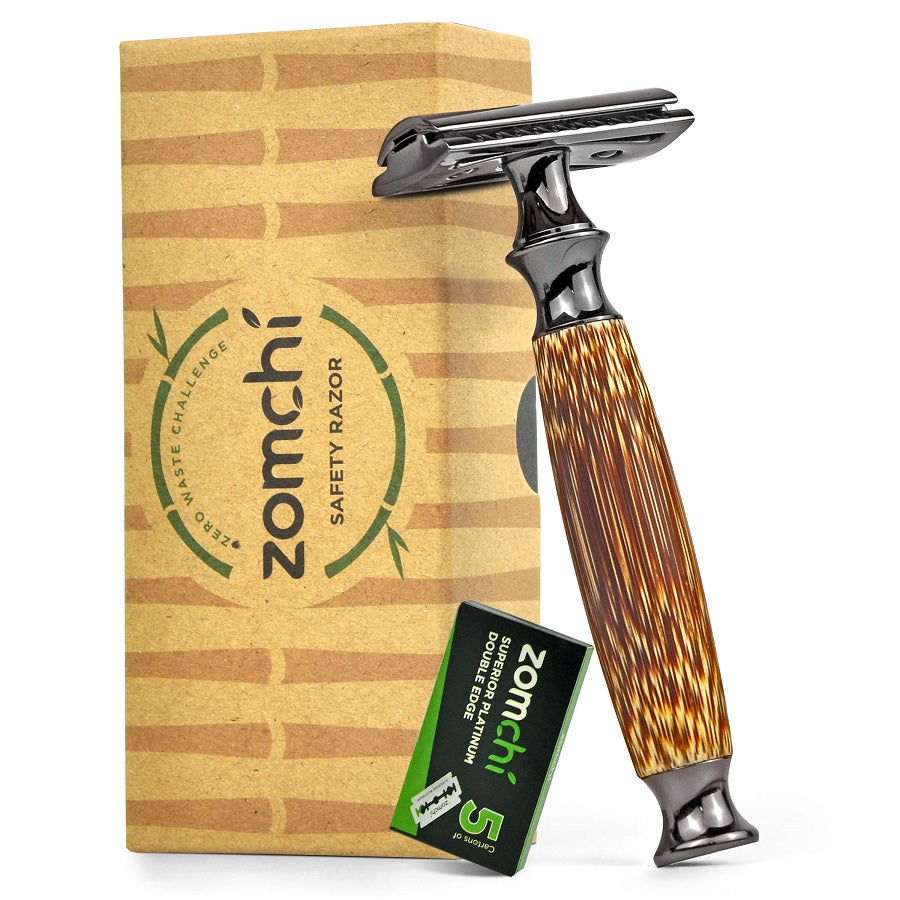
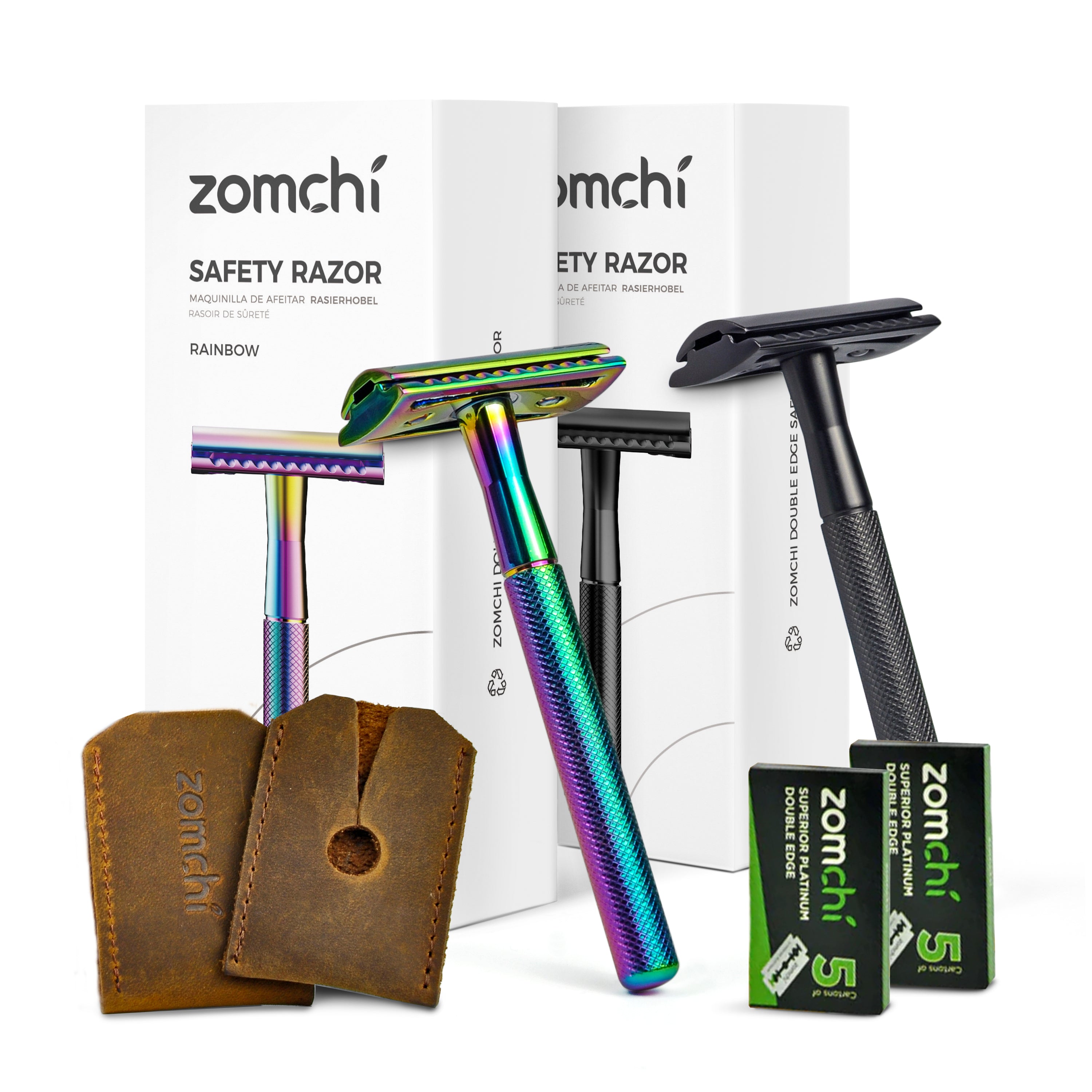
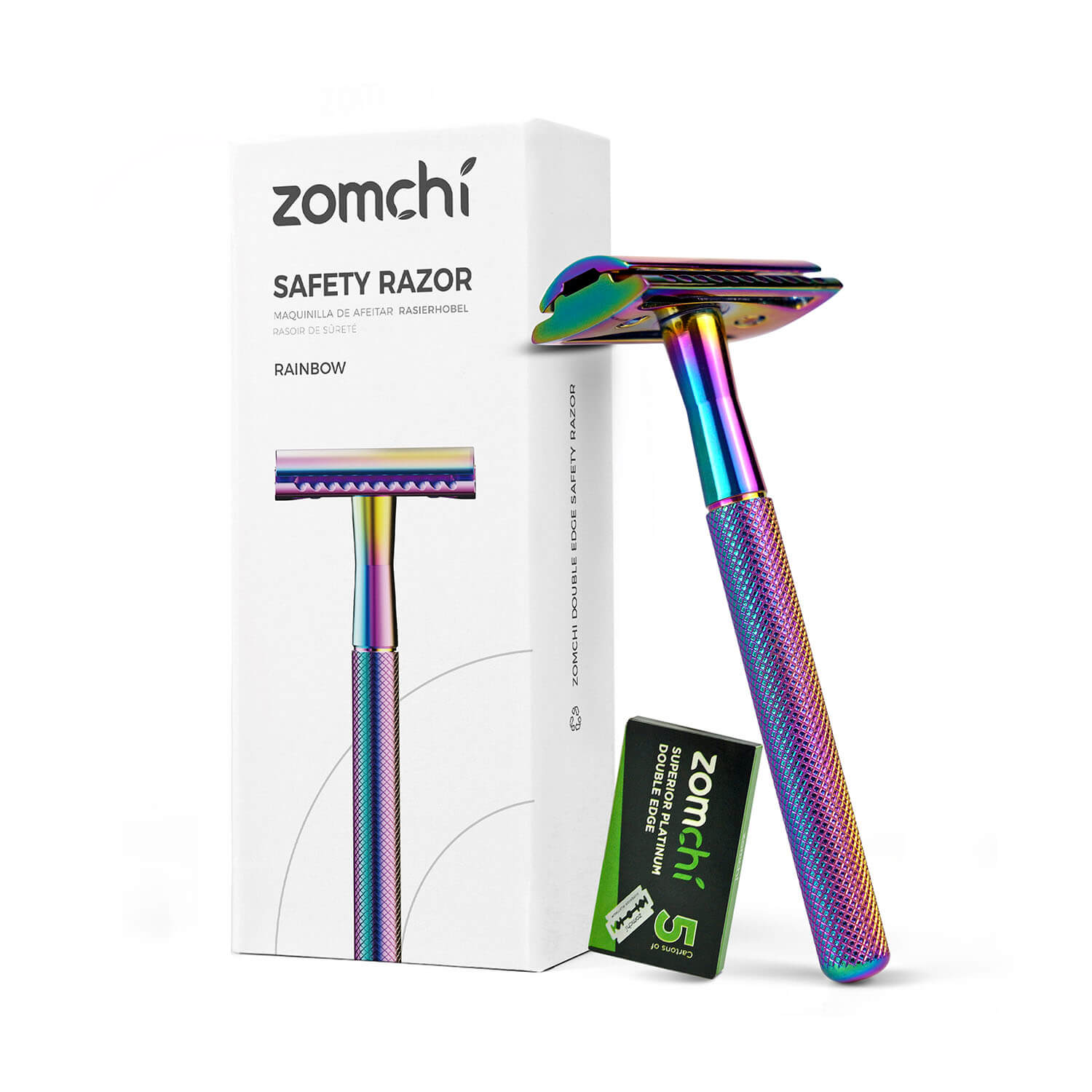
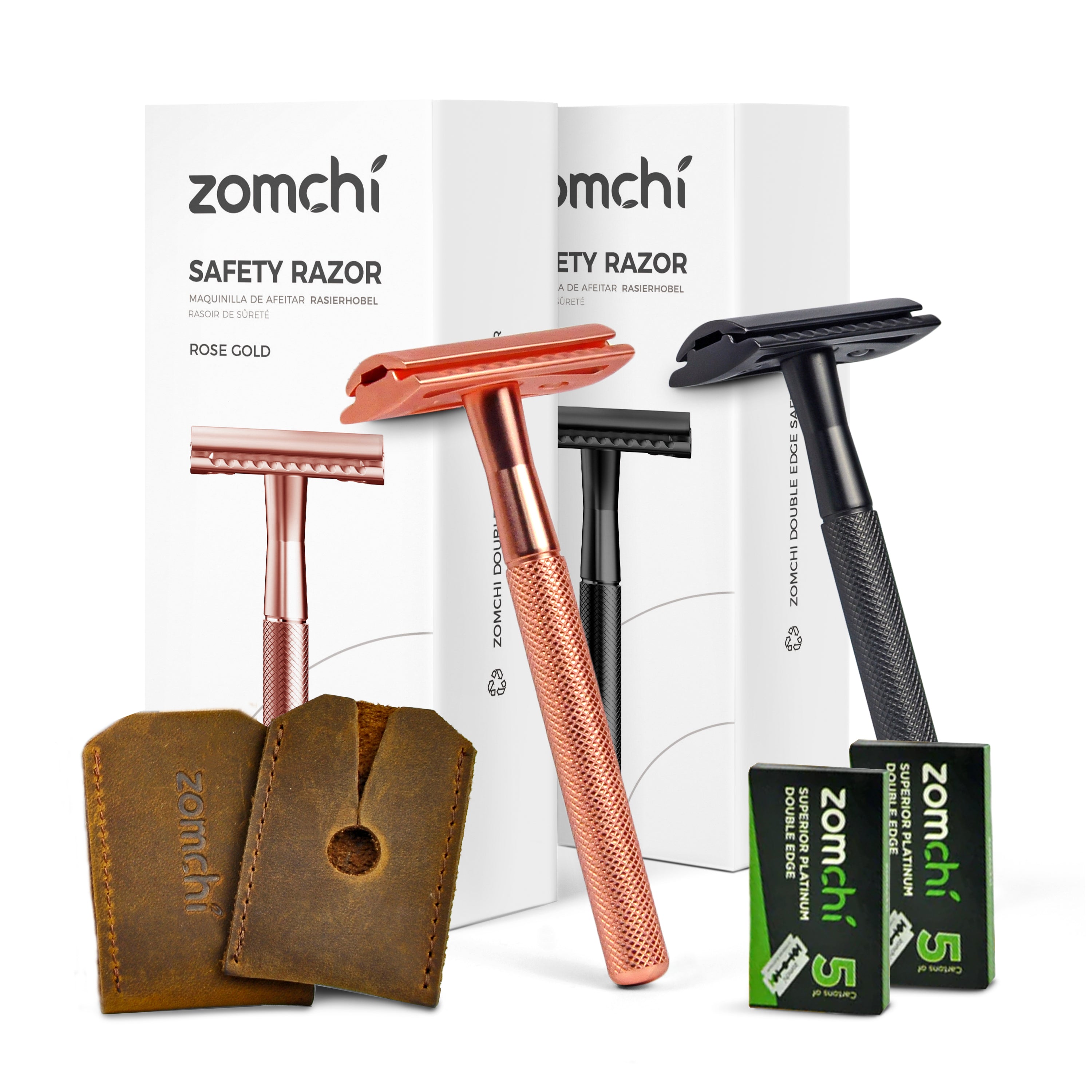
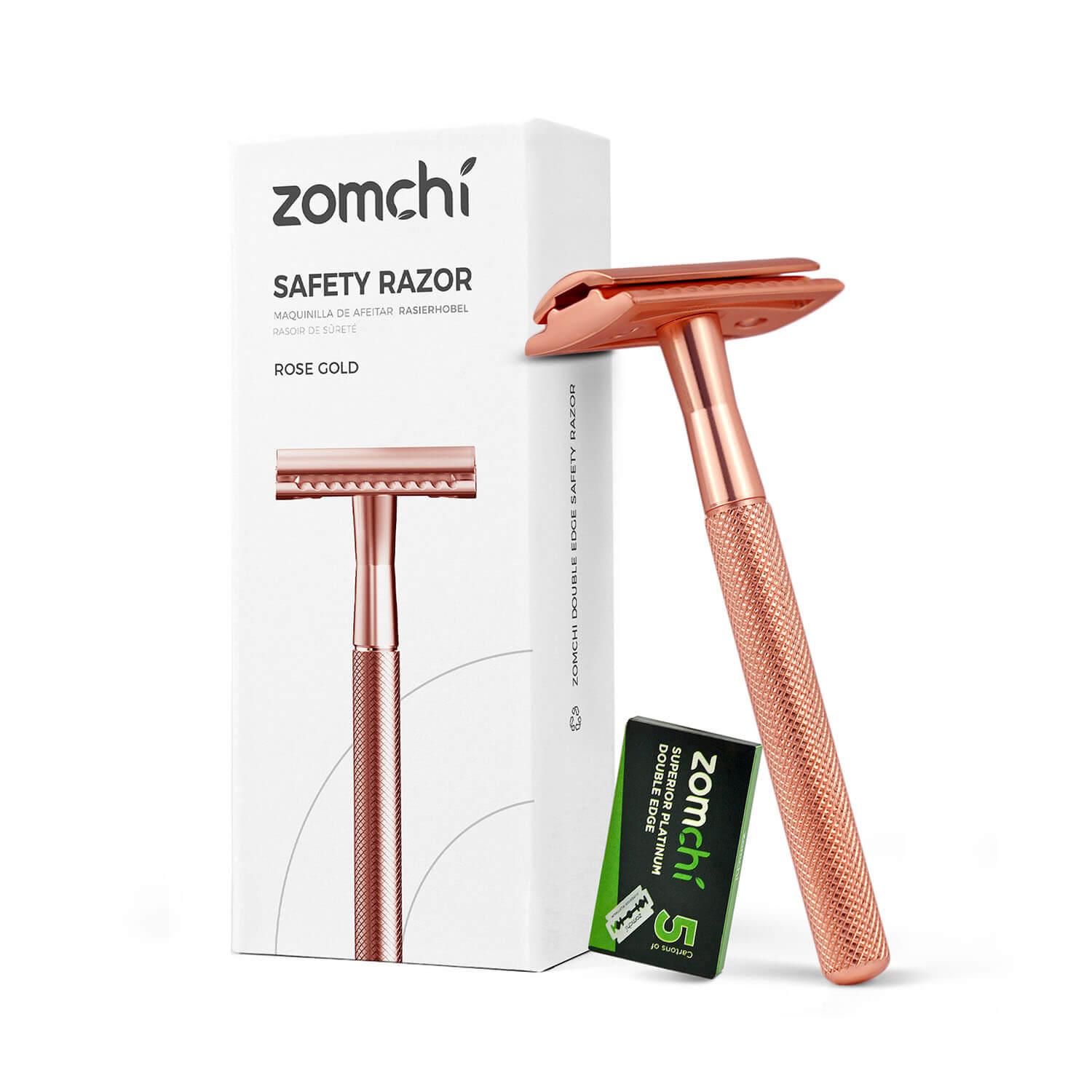
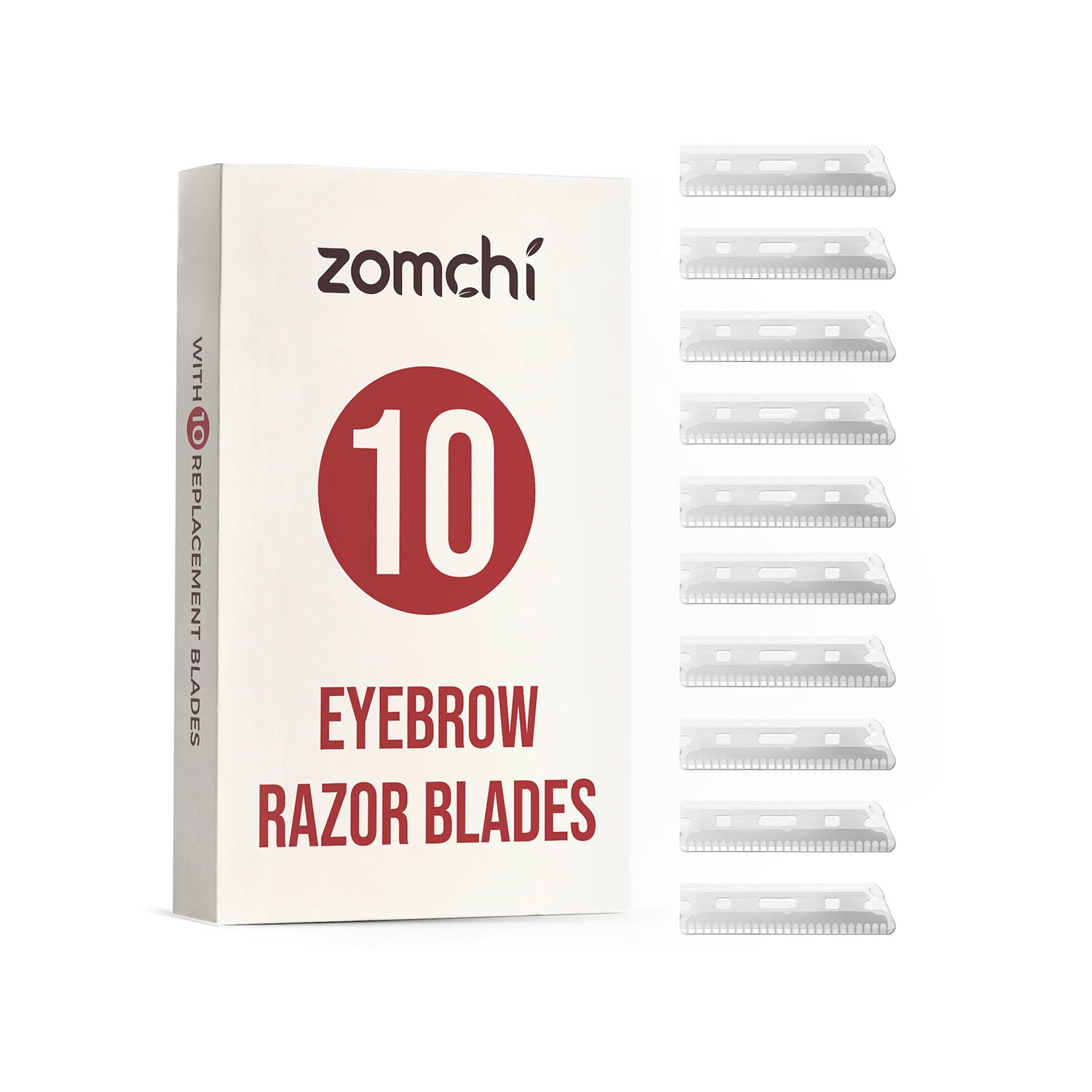
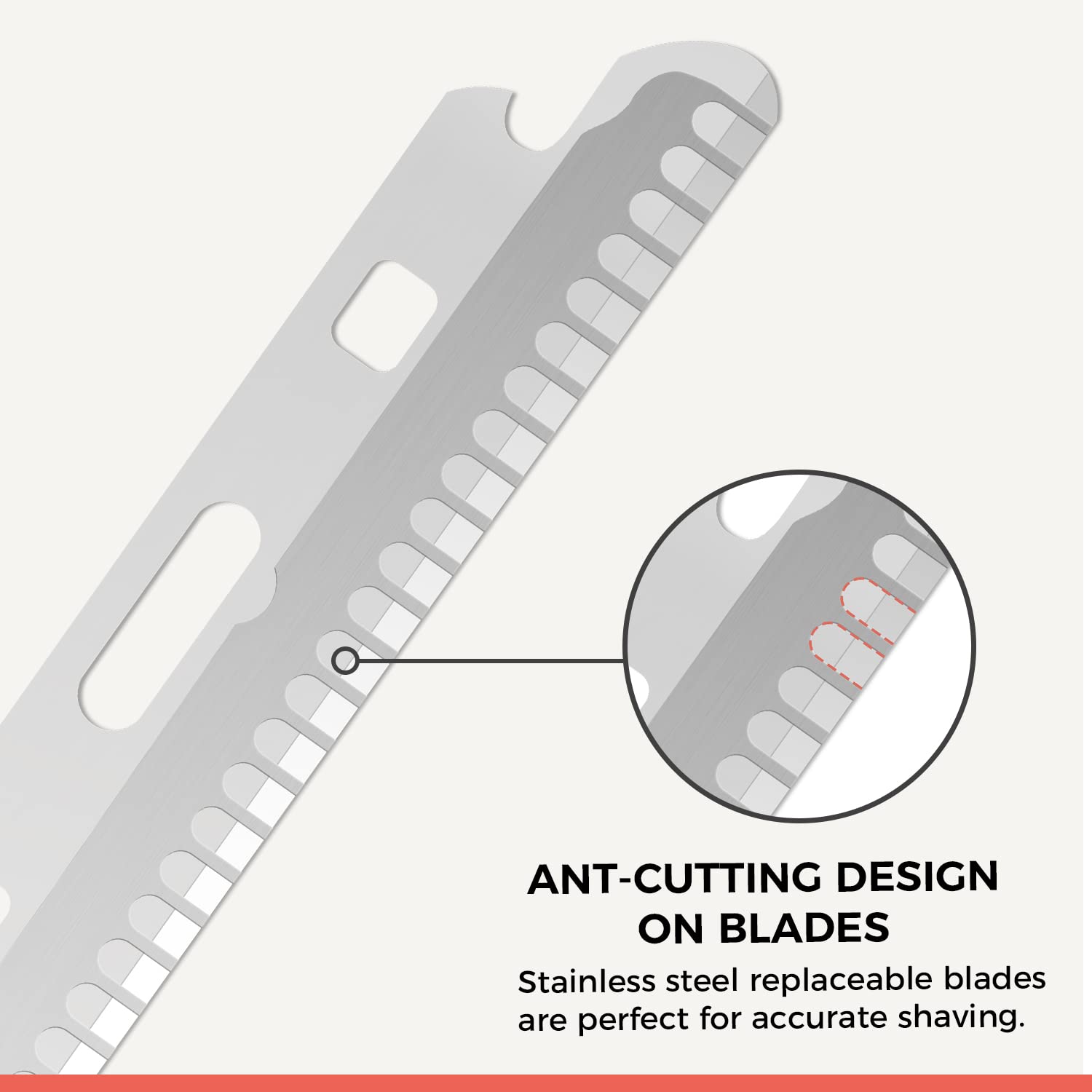
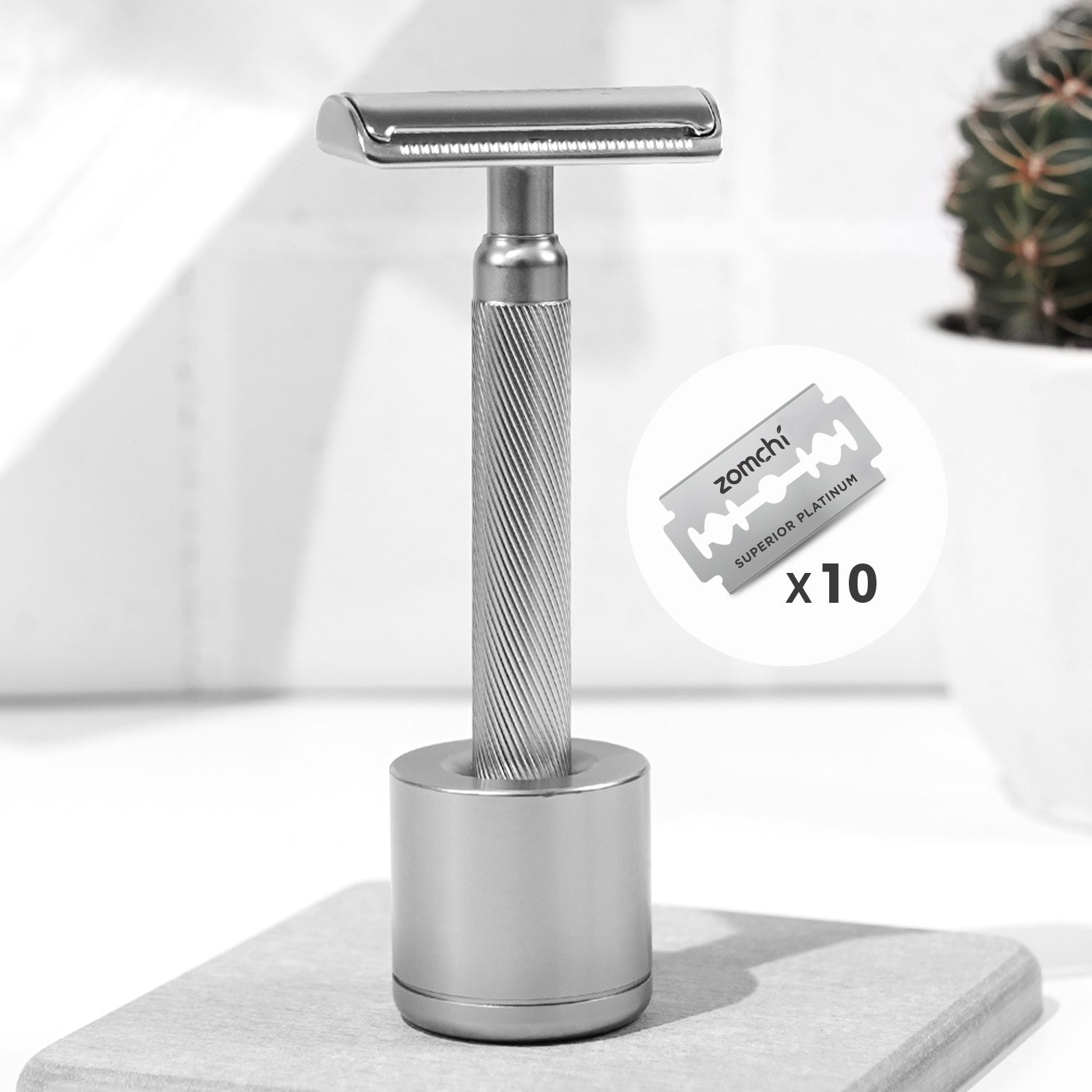
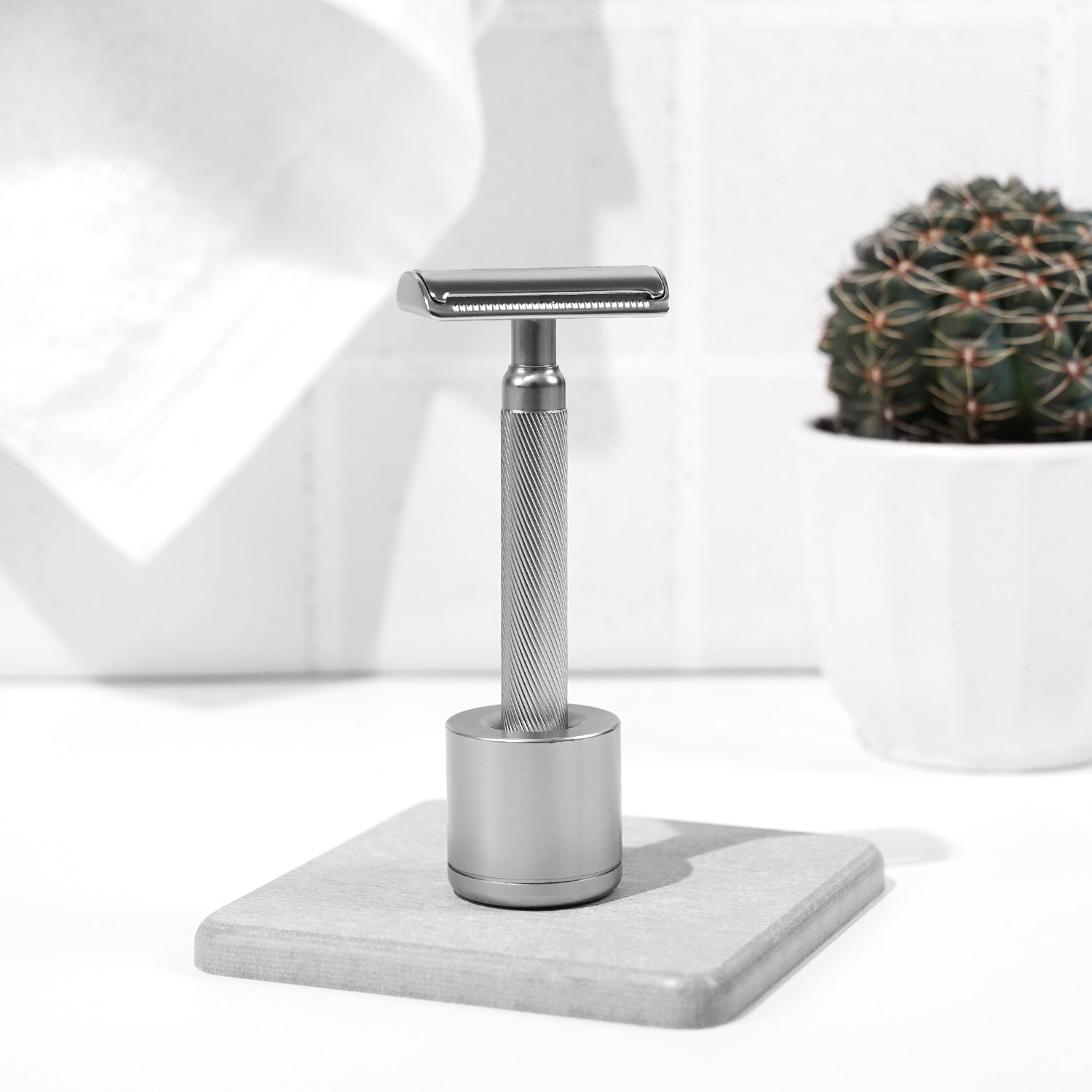
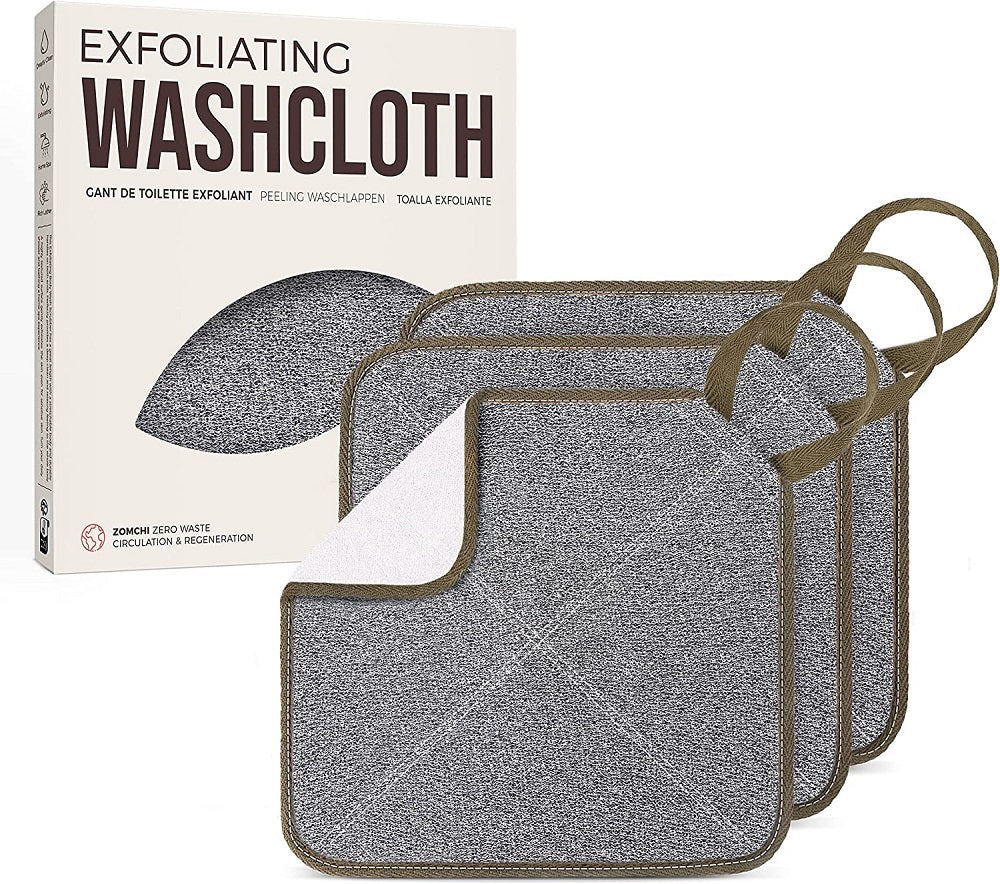
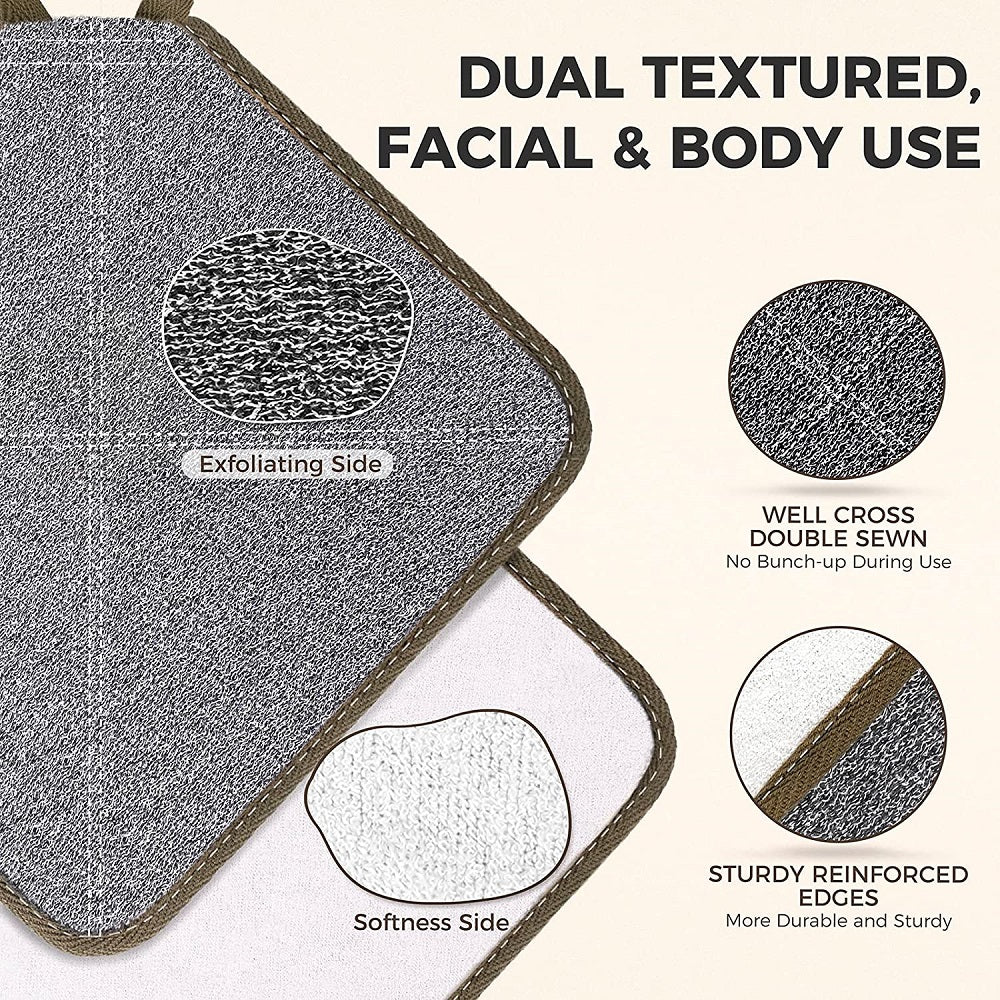
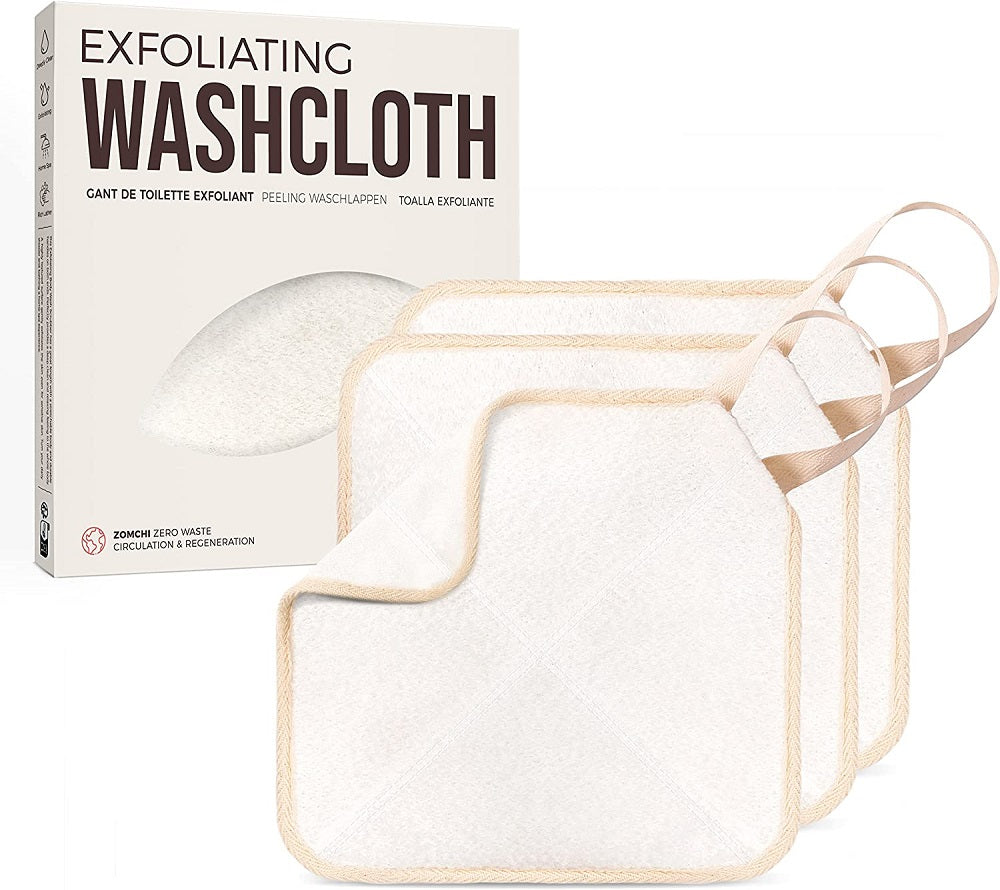
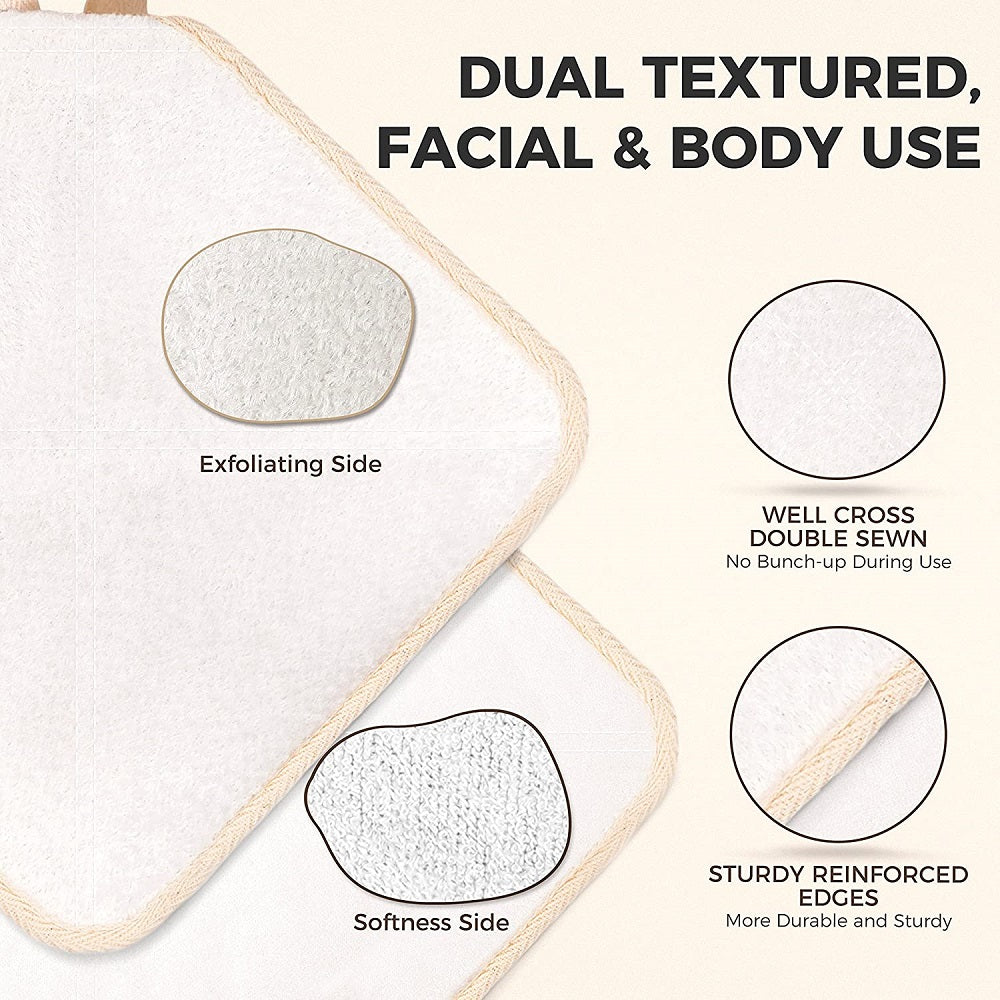
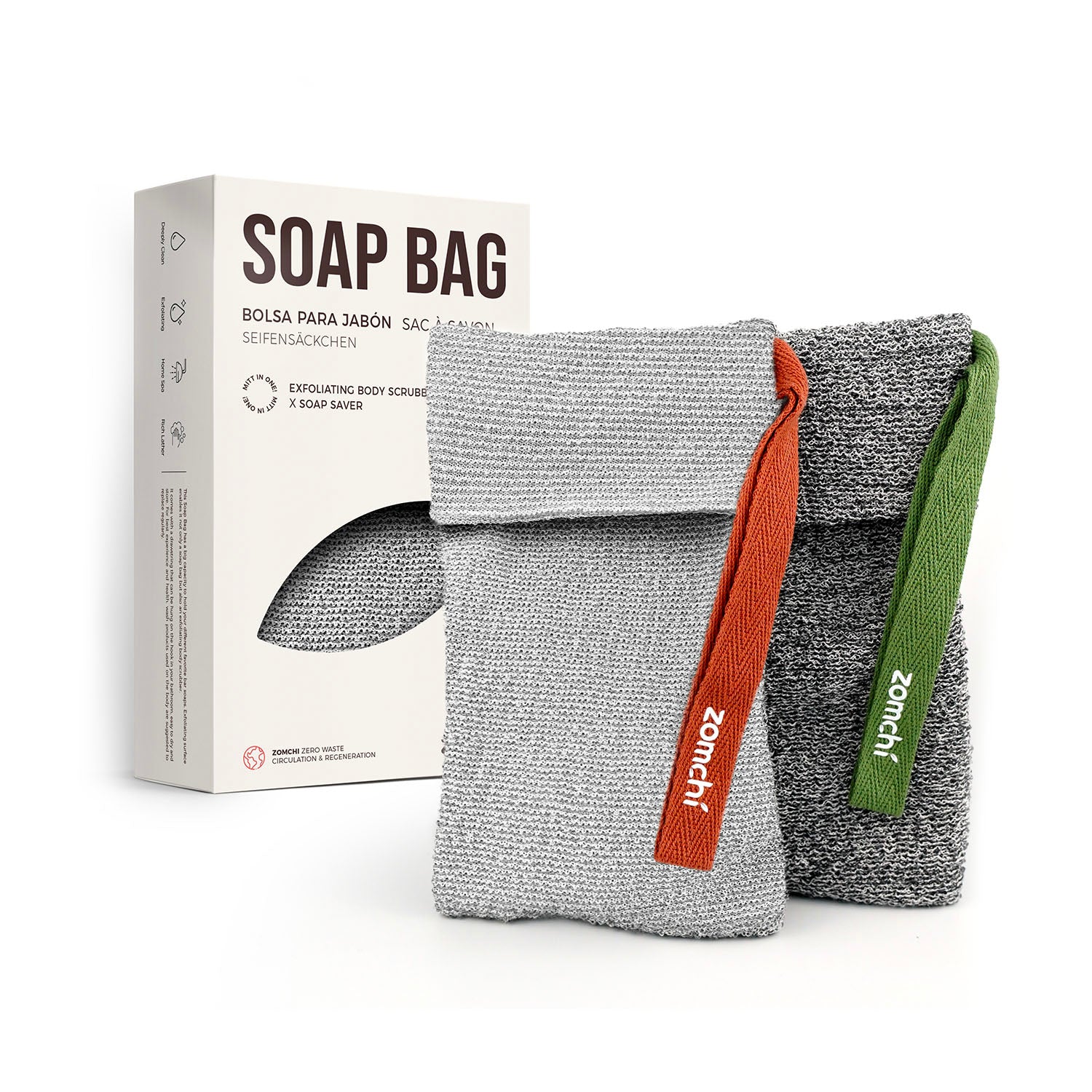
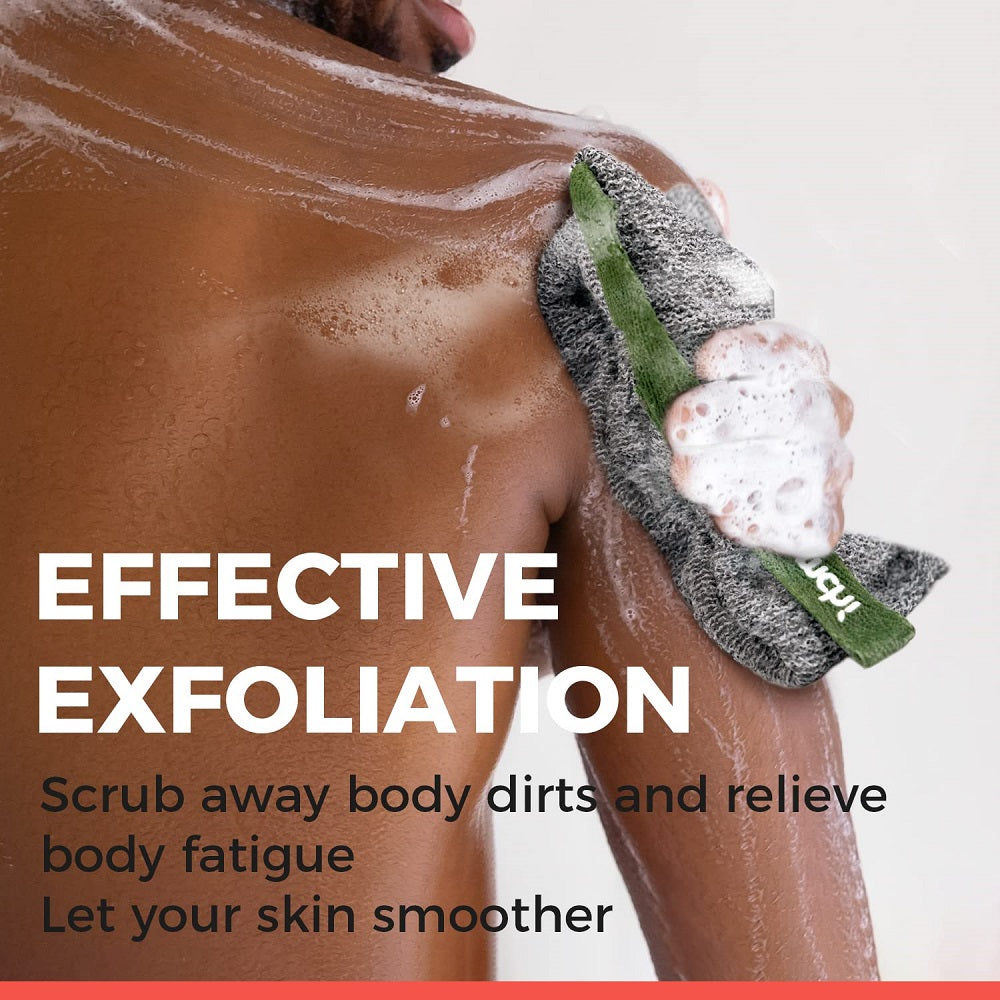
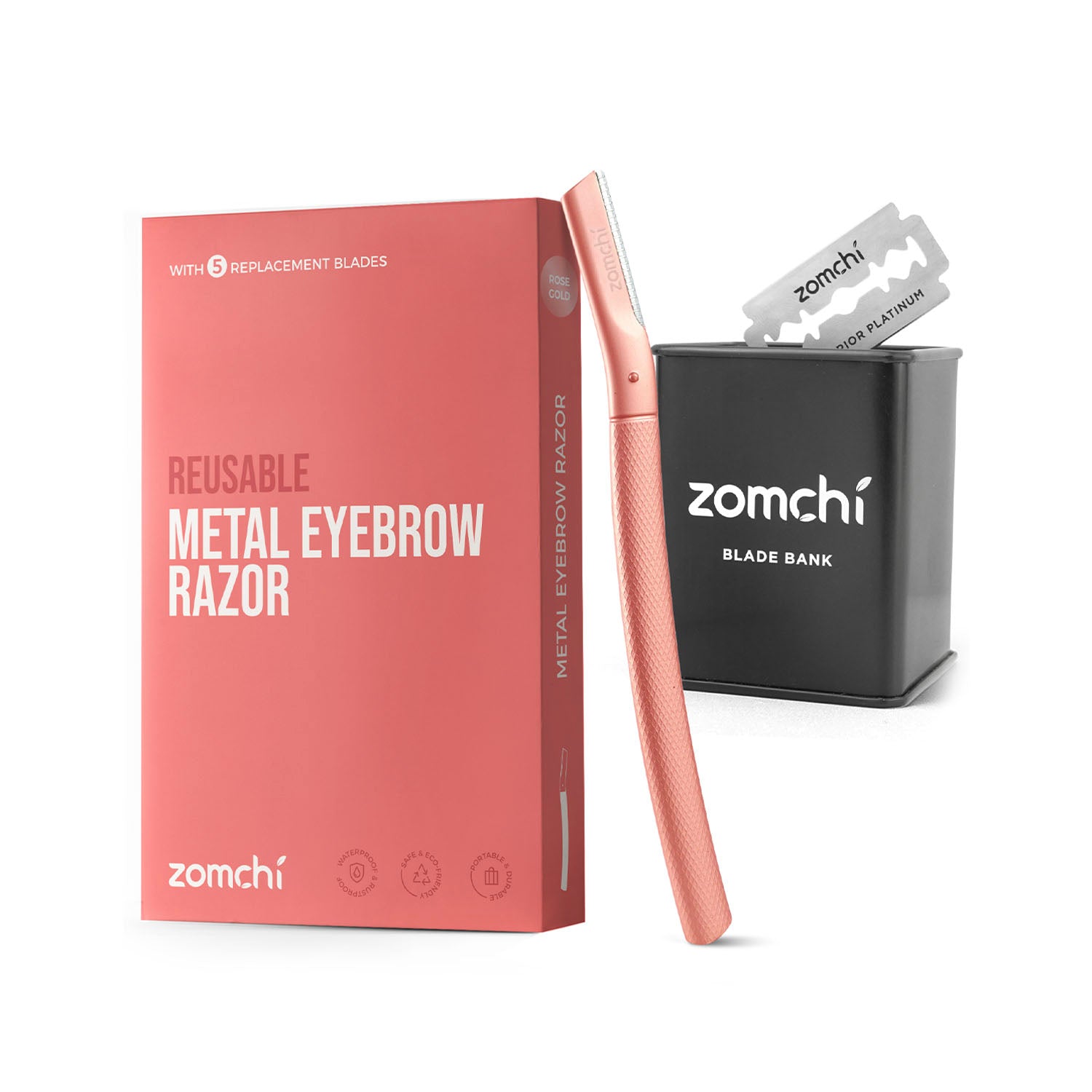
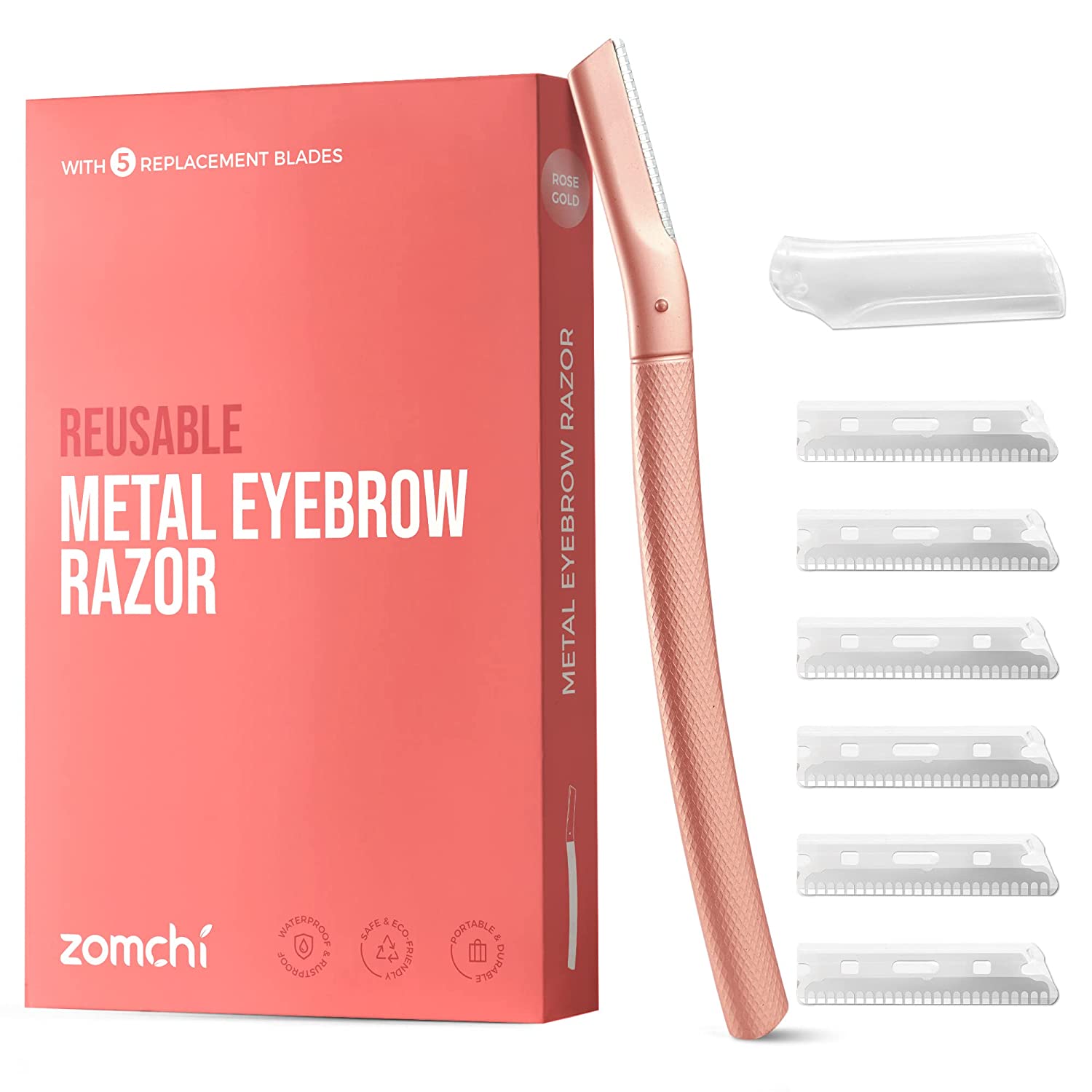
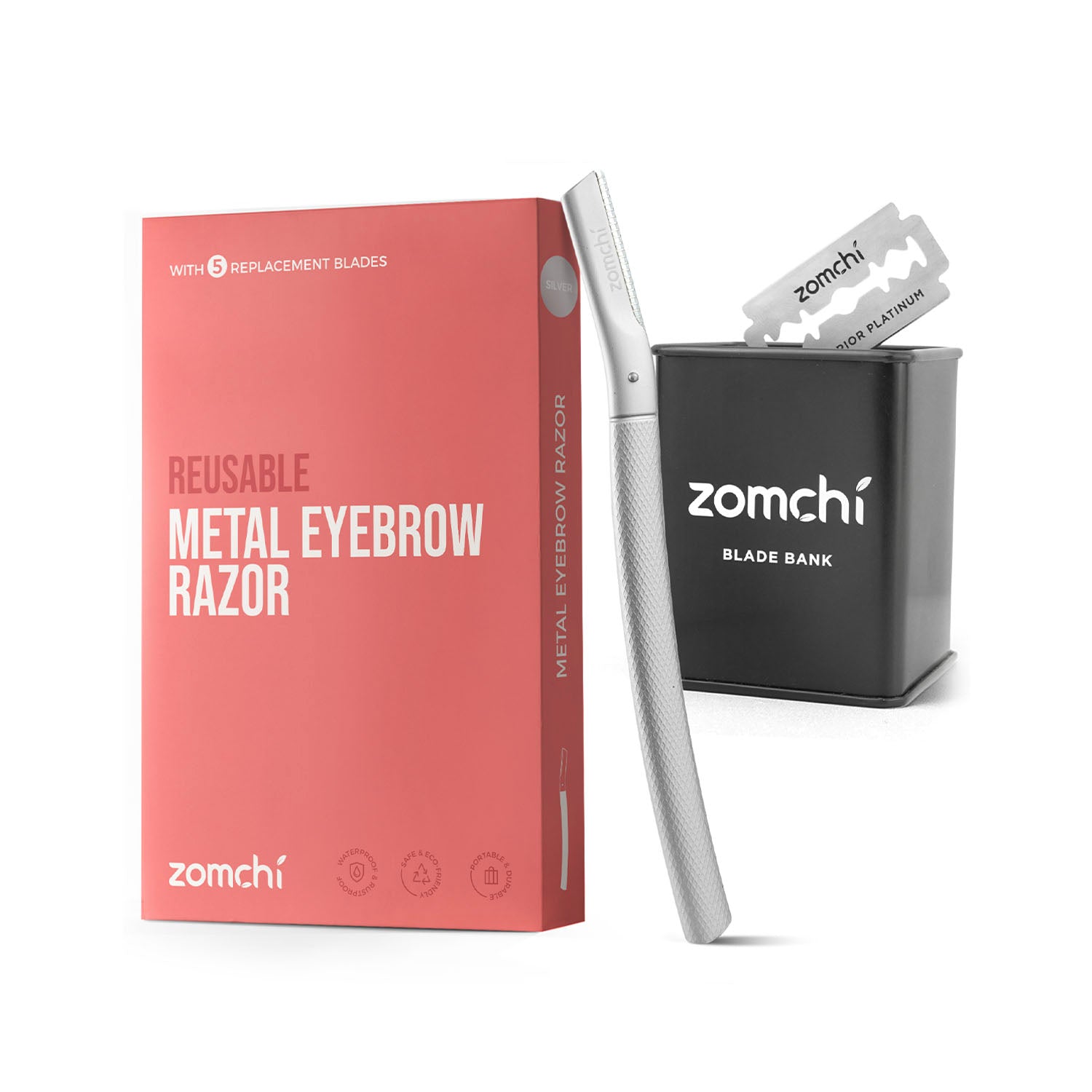
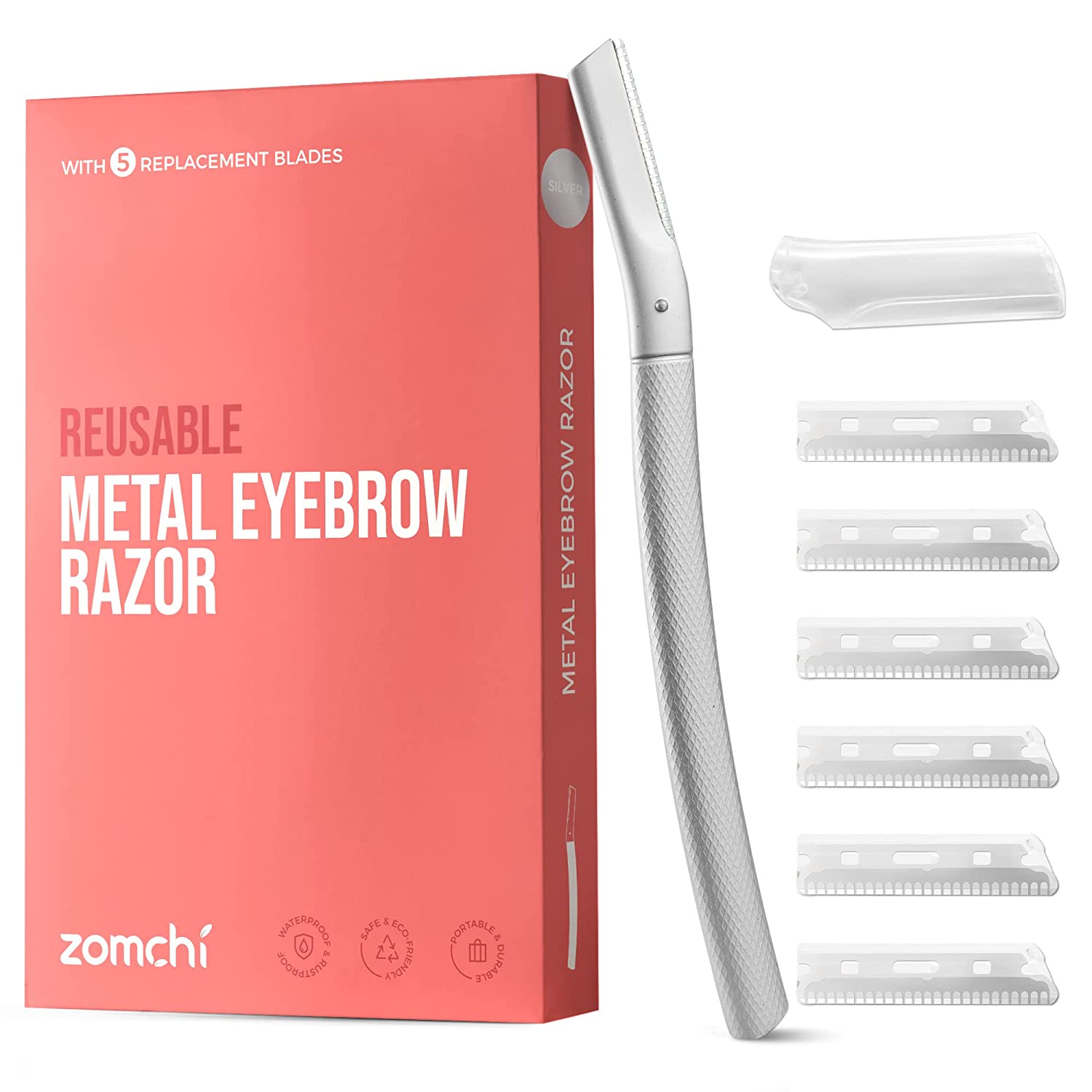
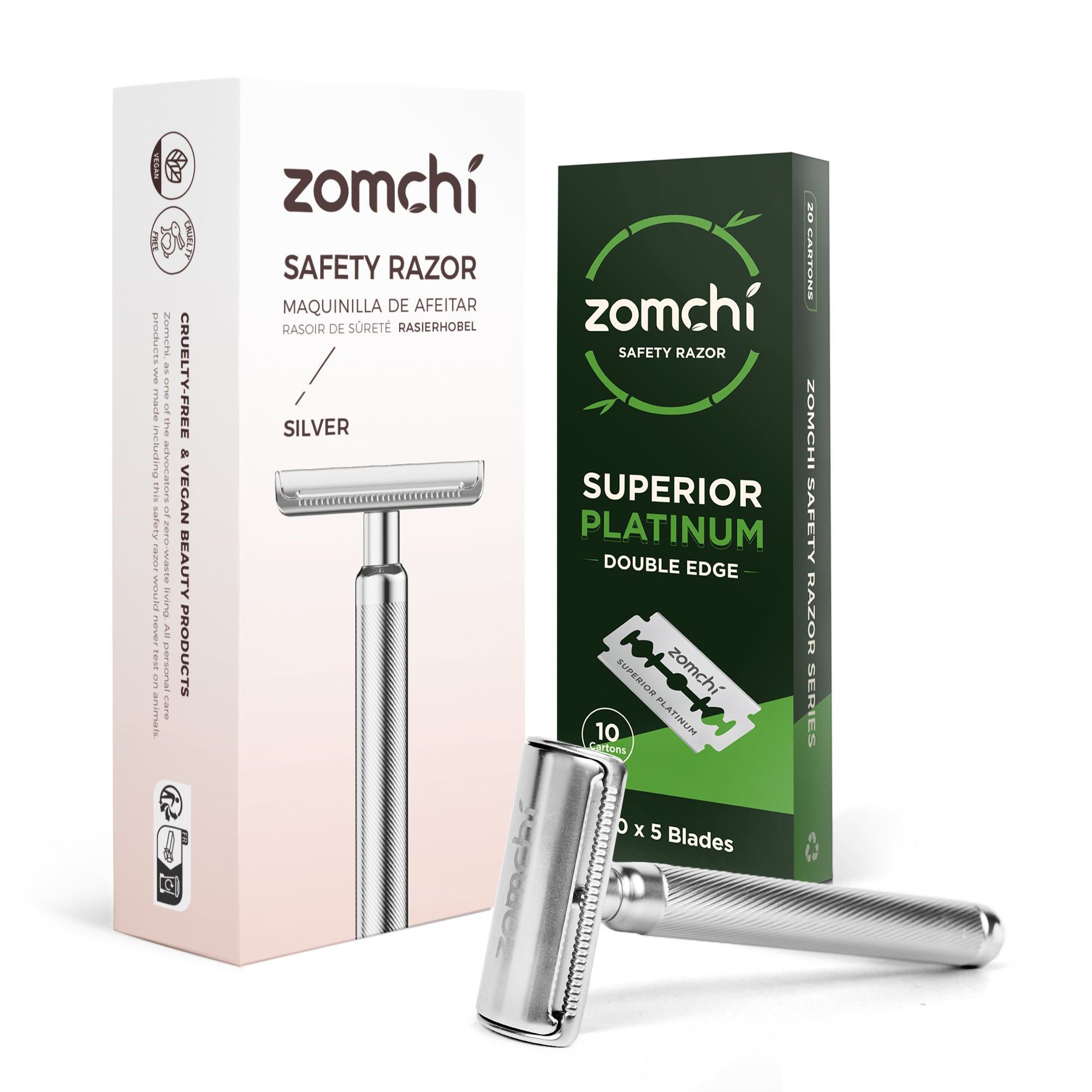
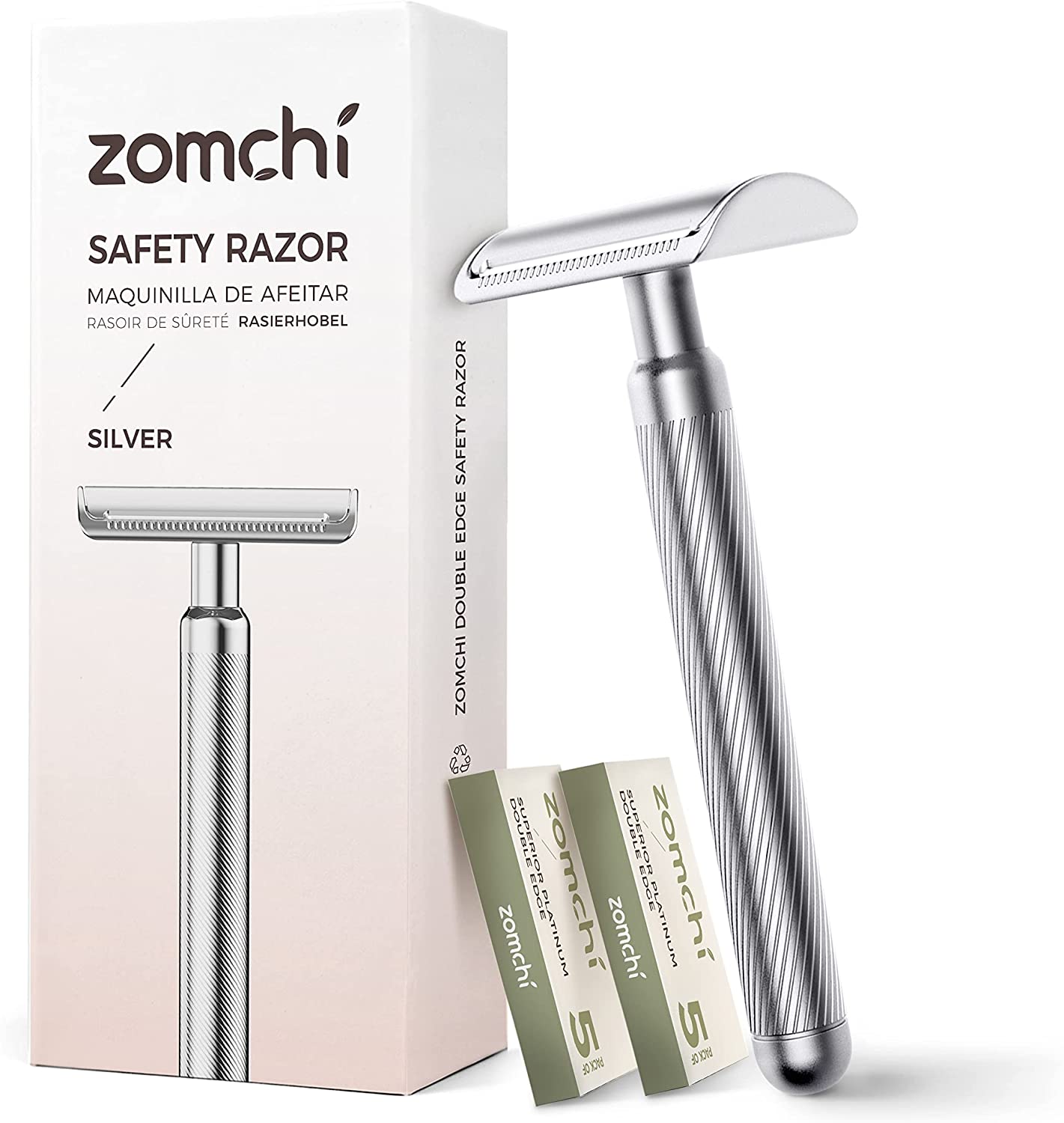
Comments (0)
Retour vers Nouveaux